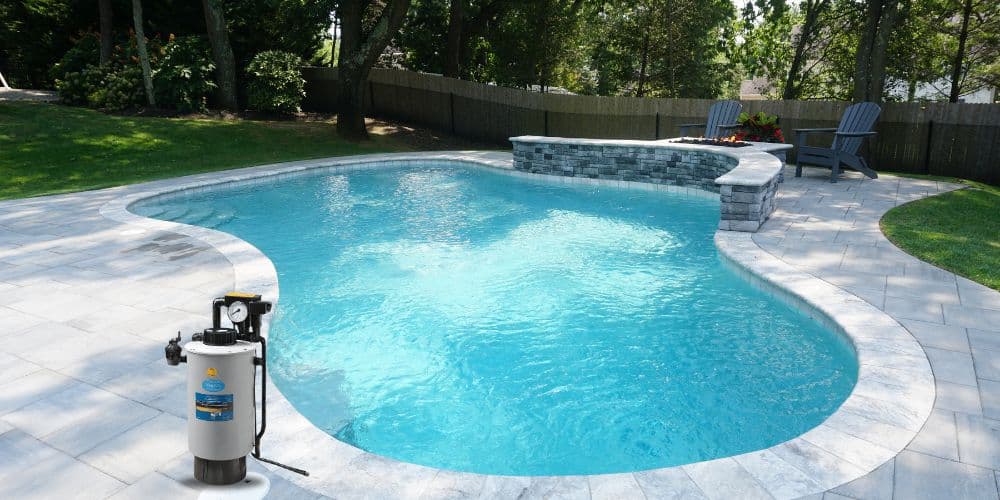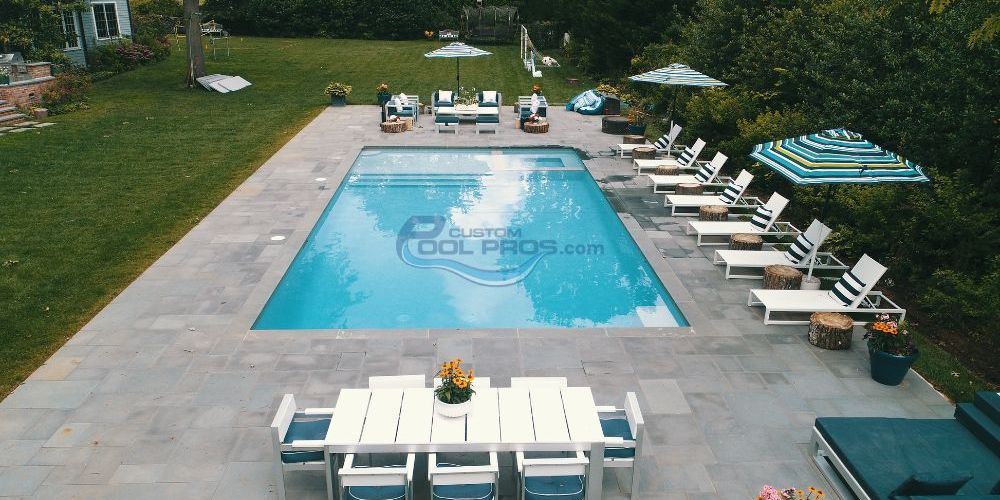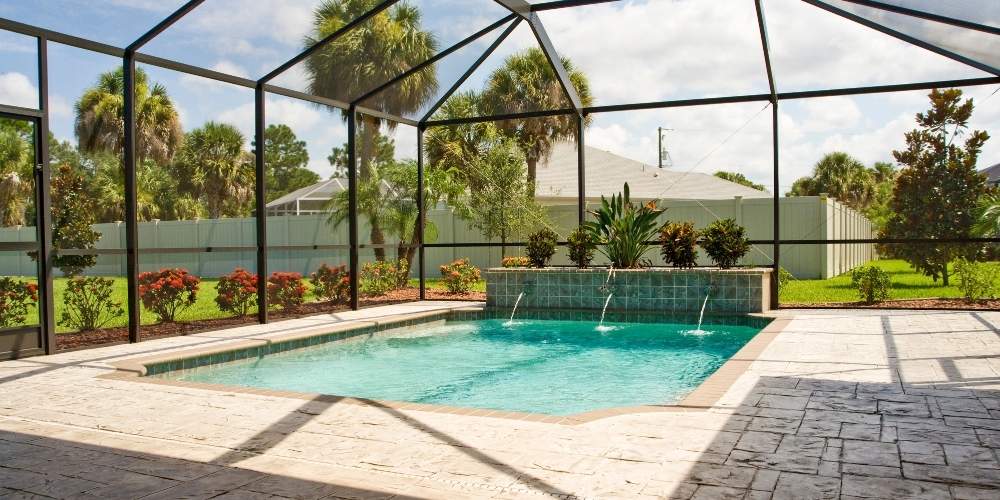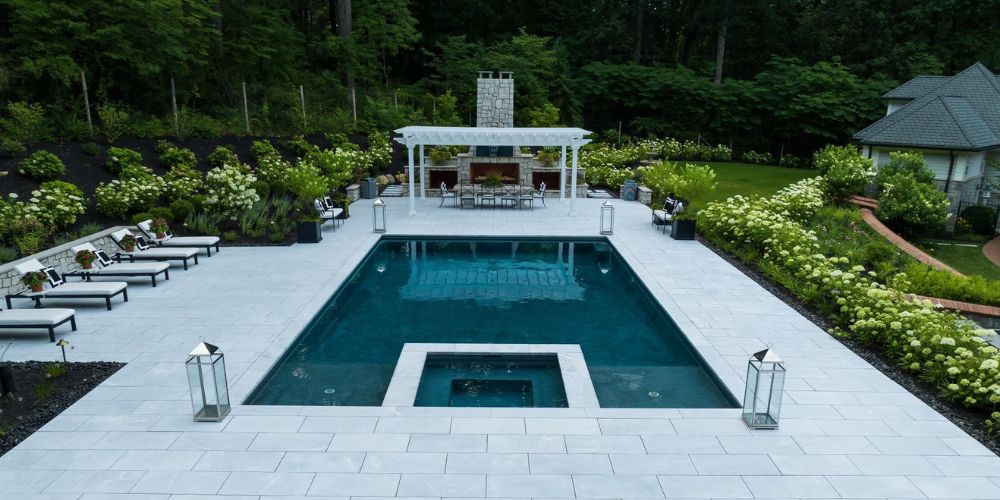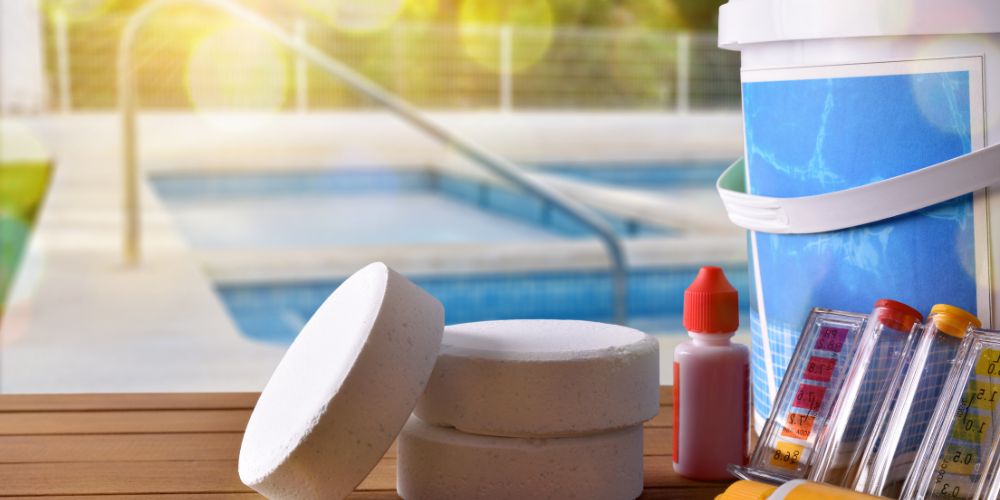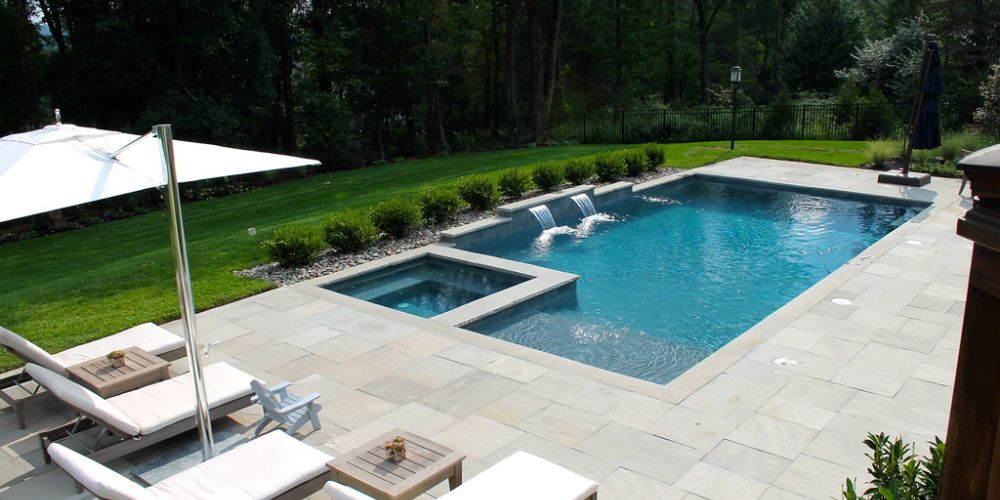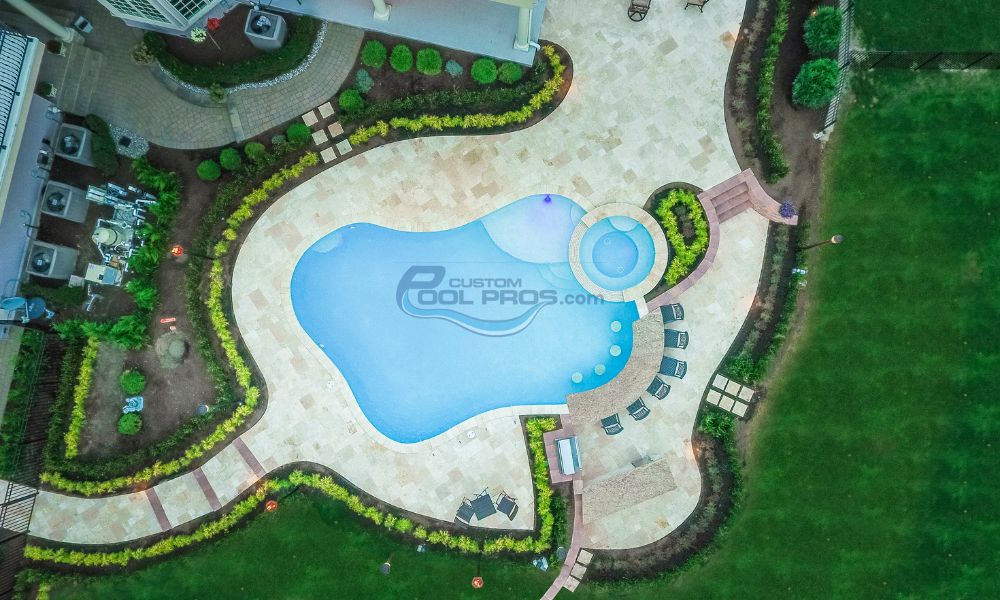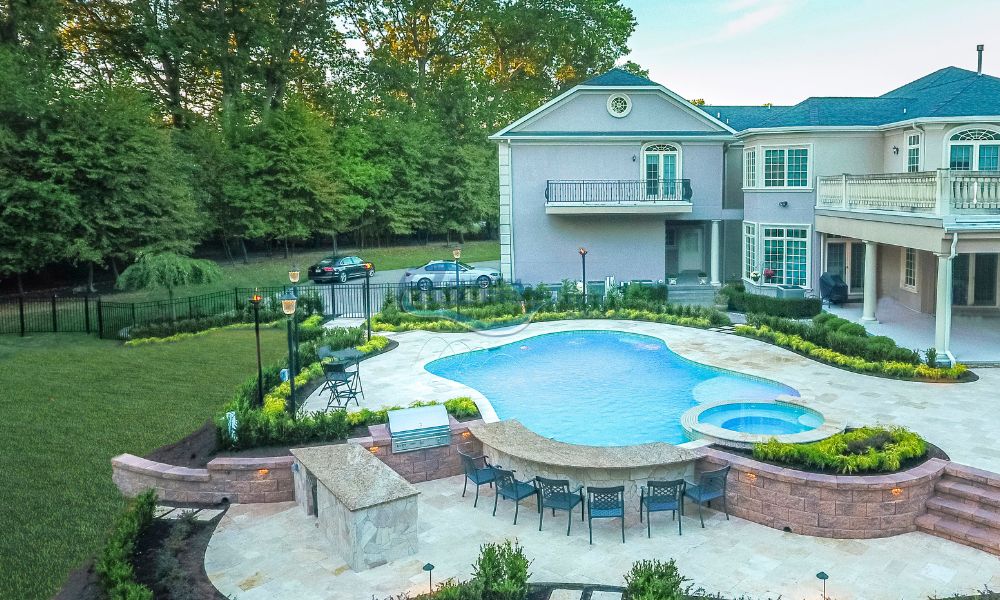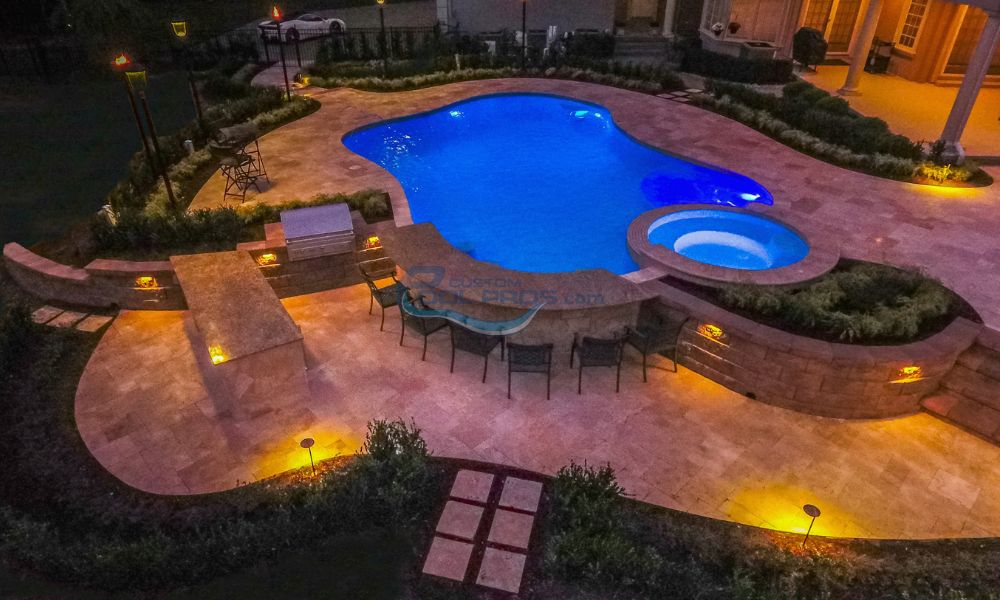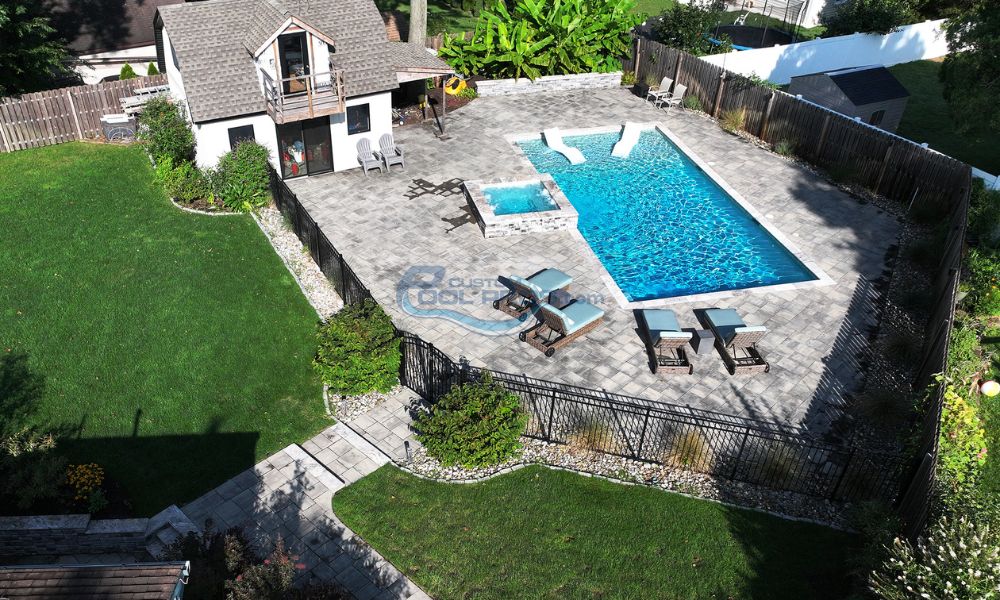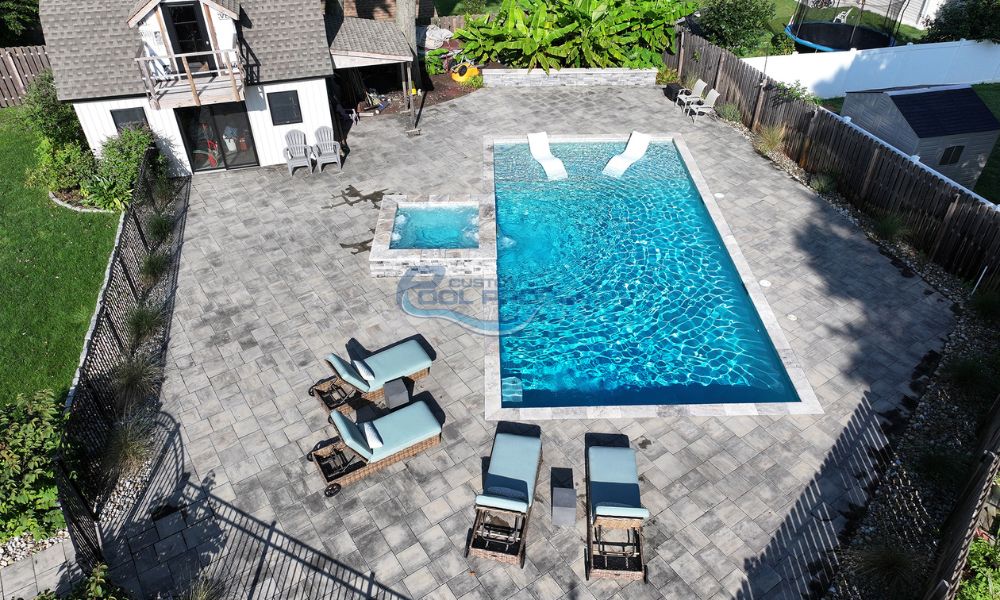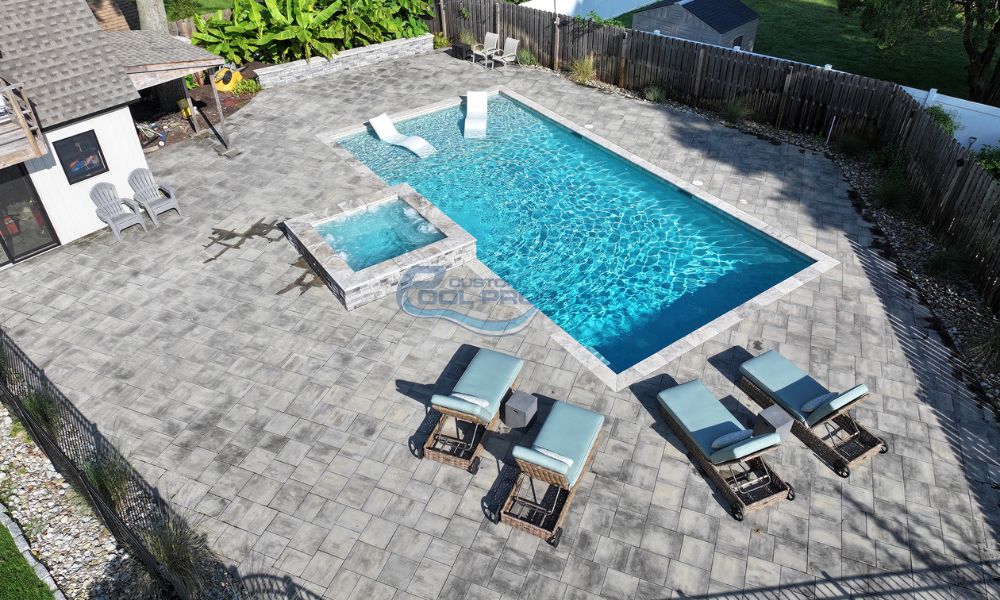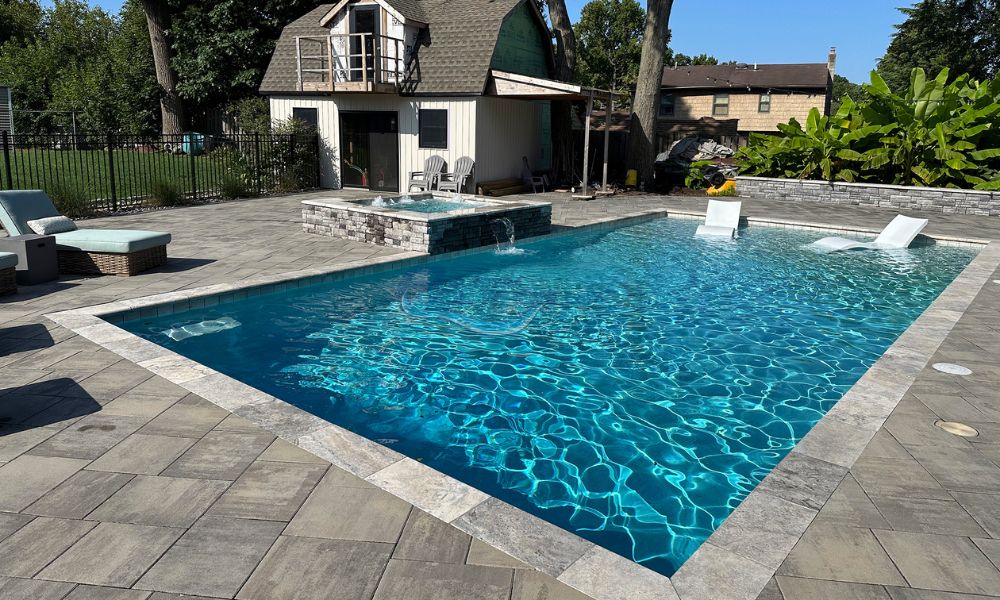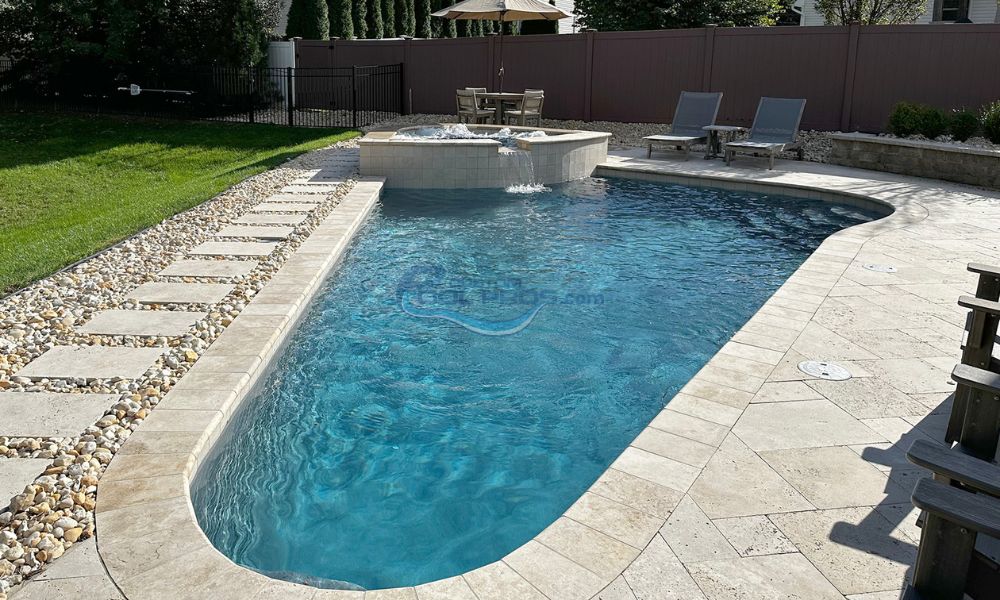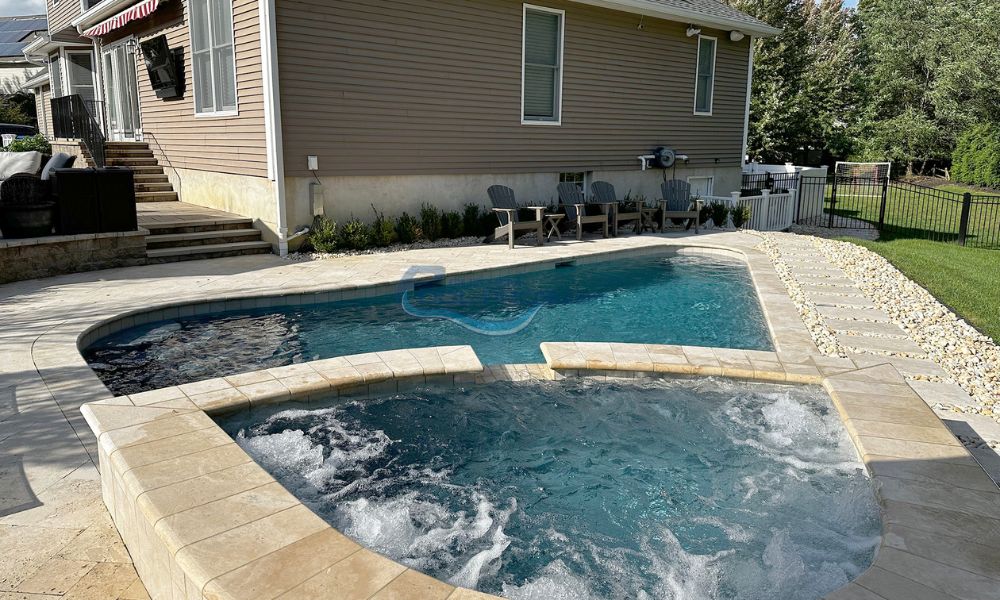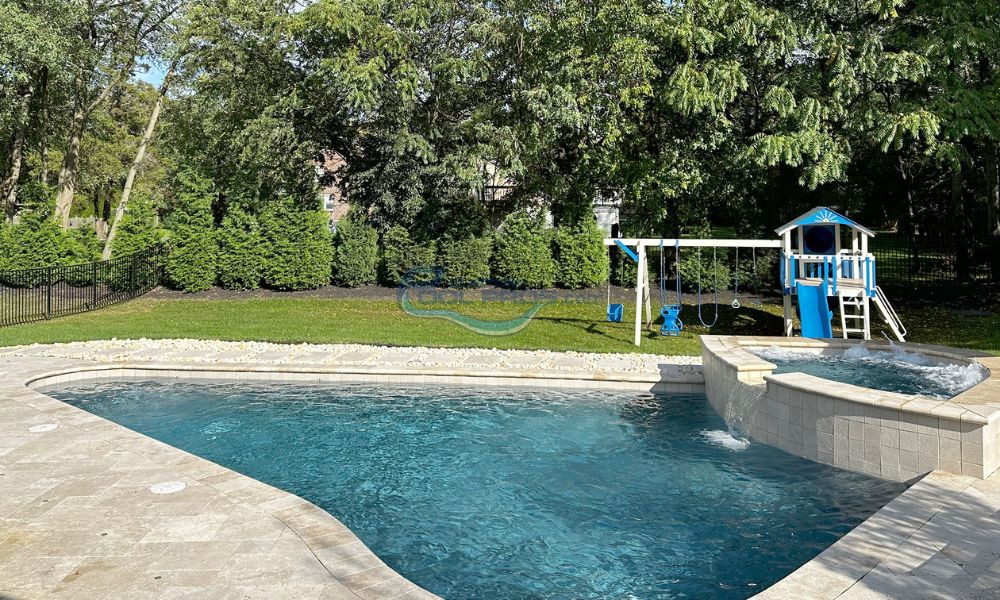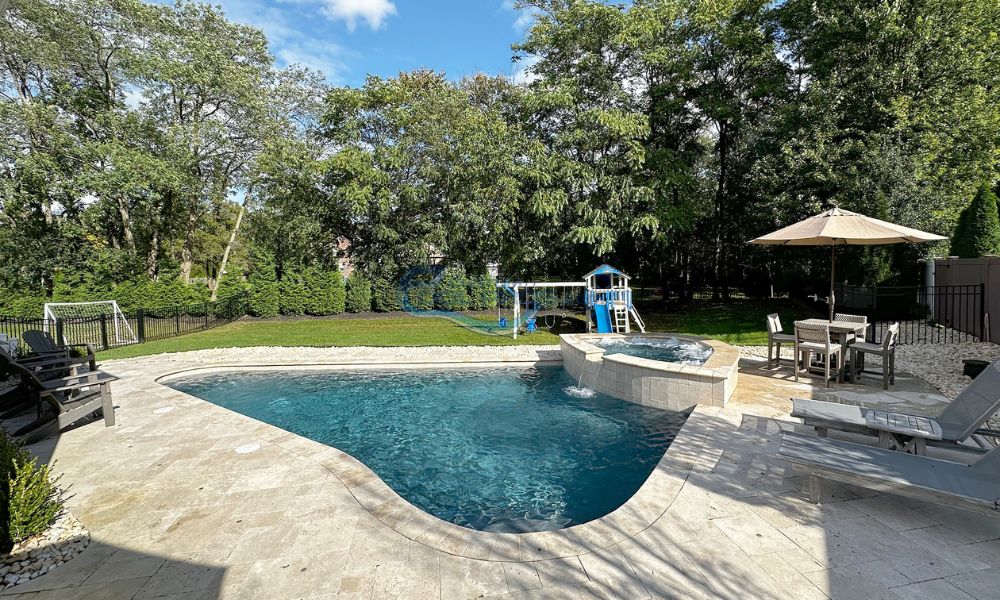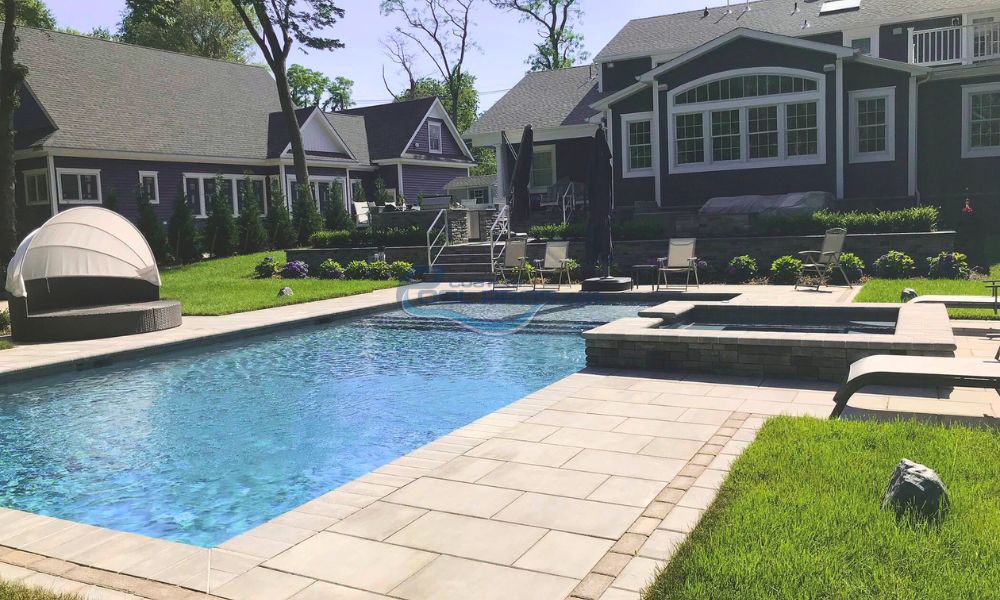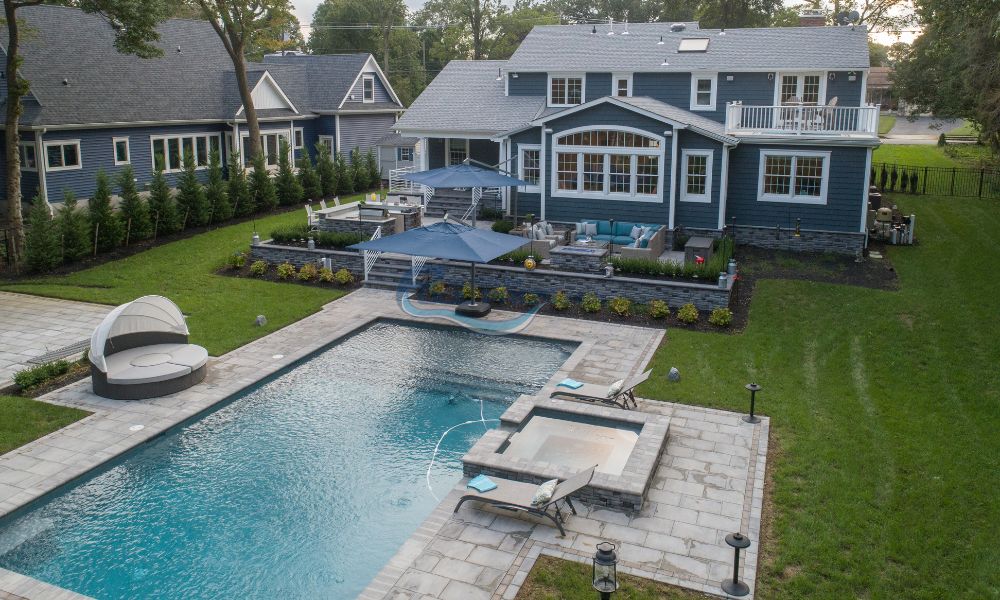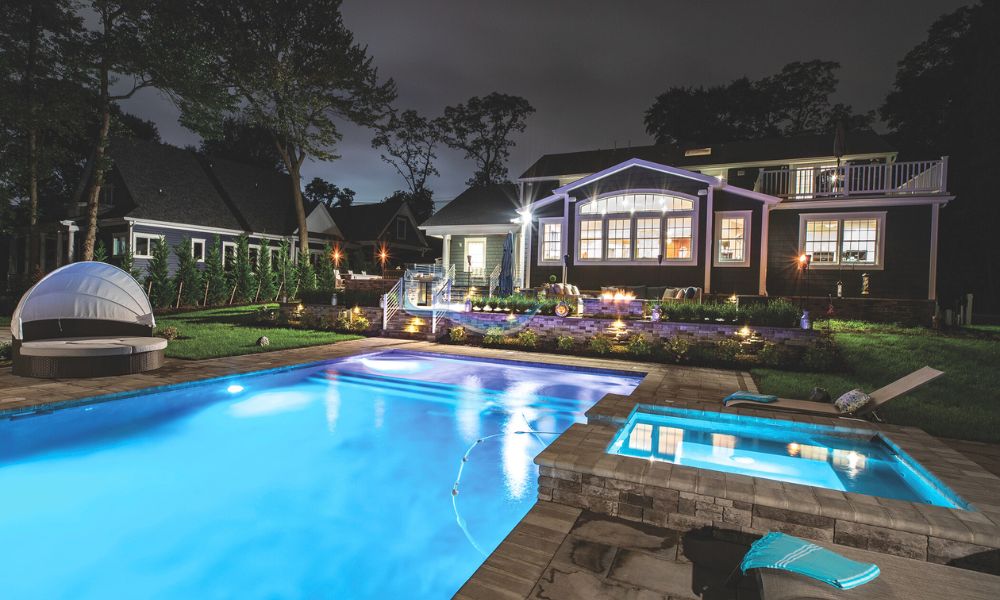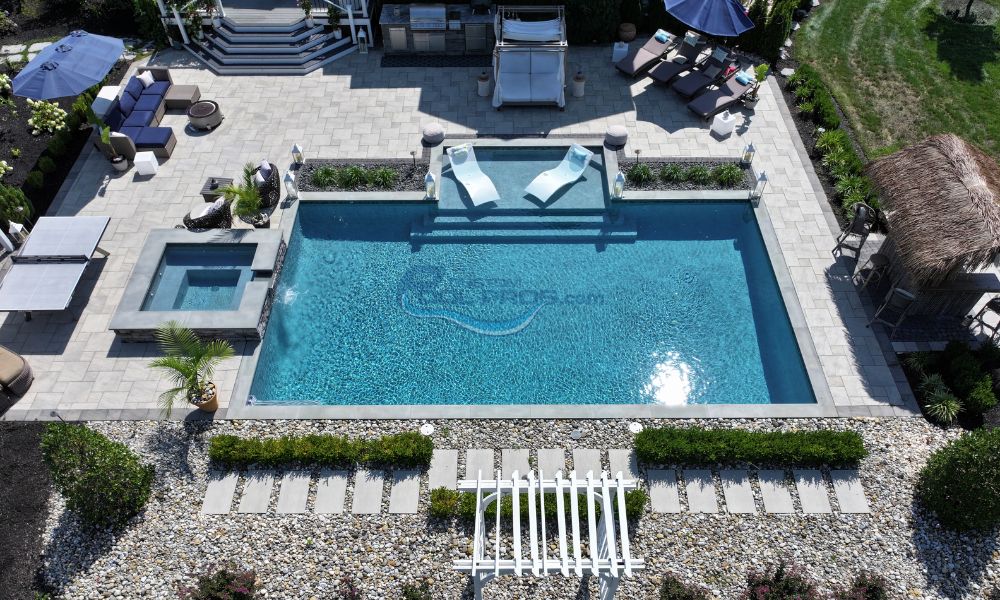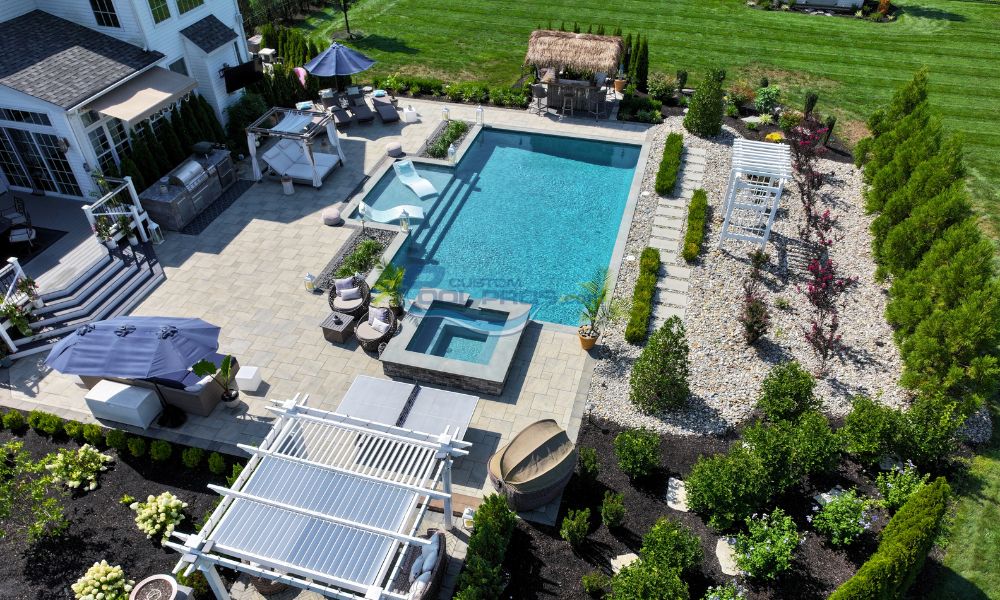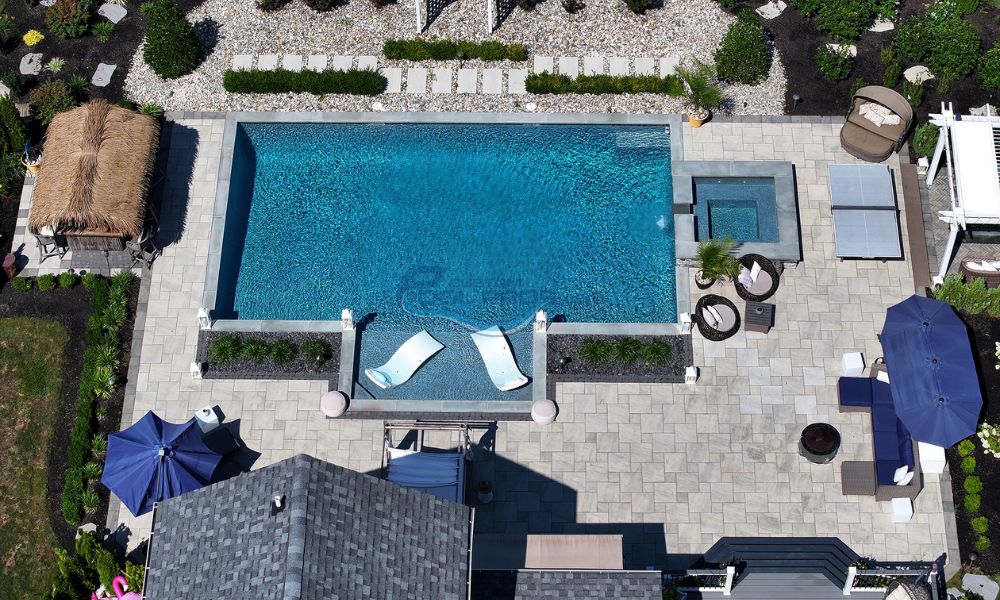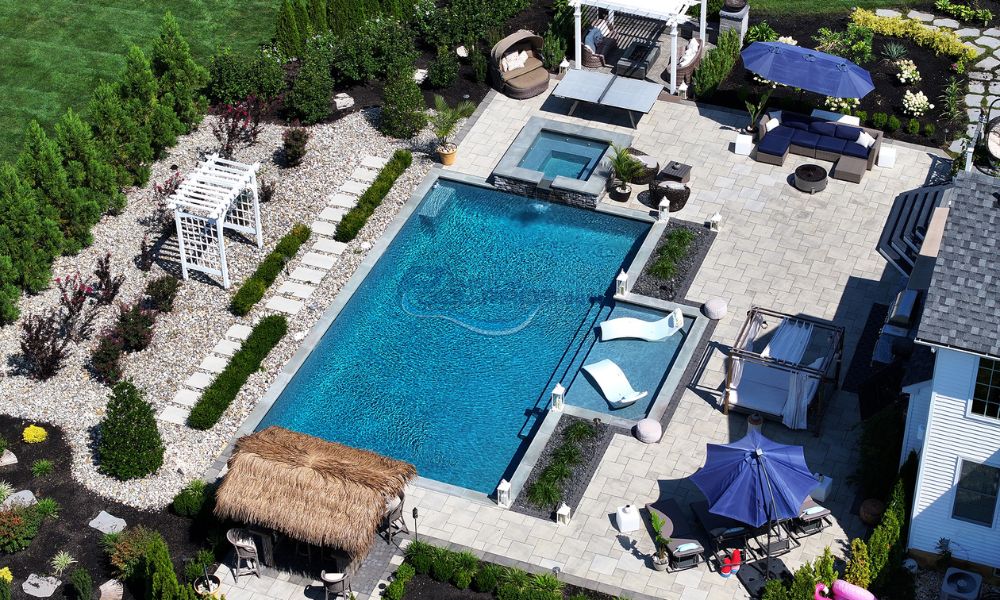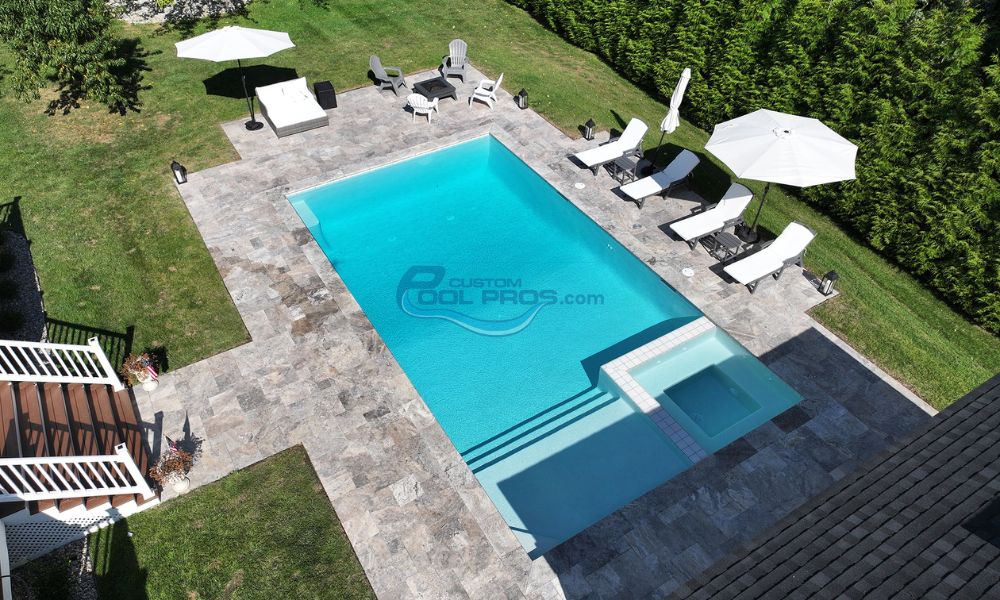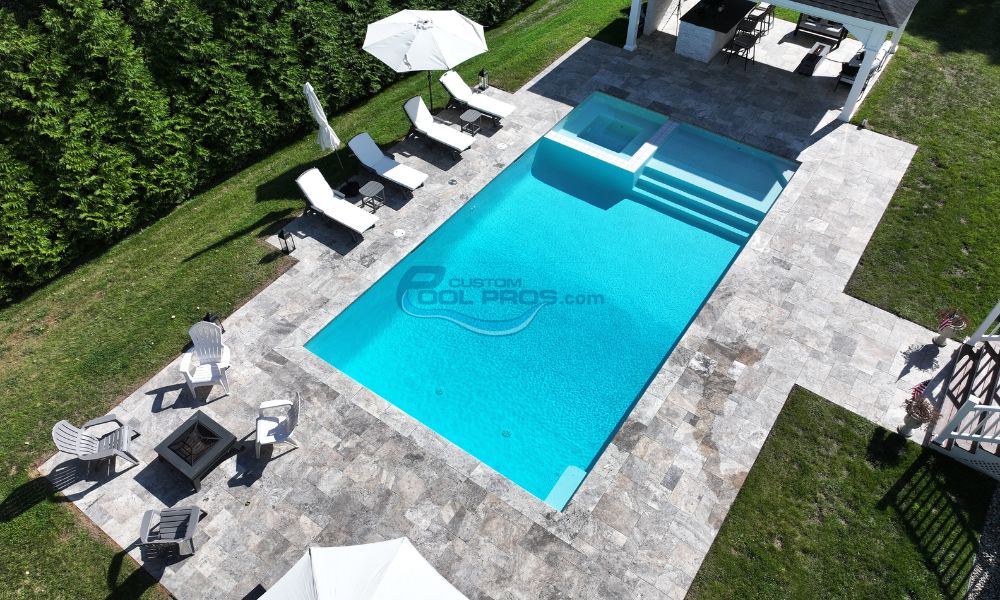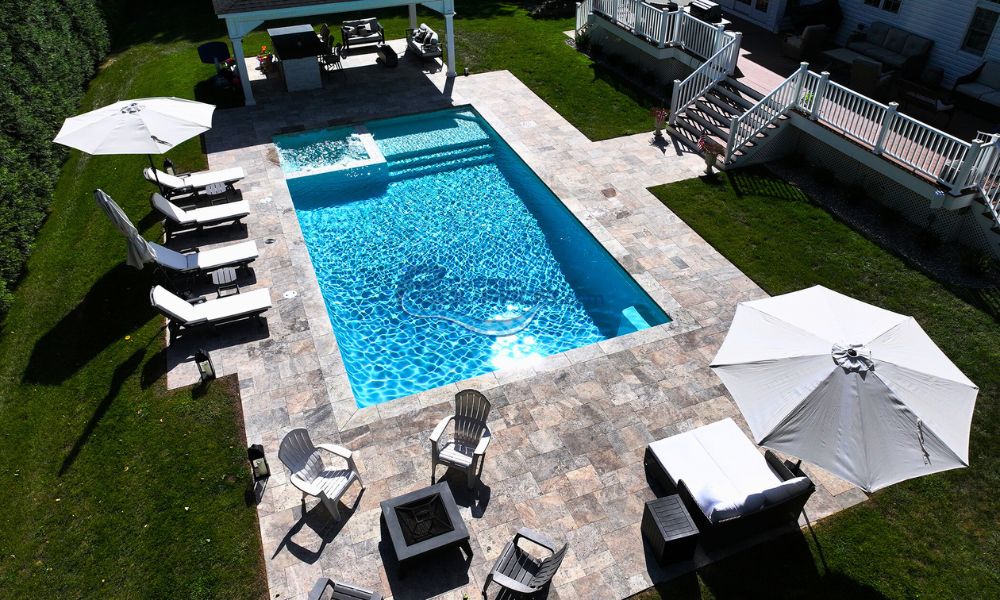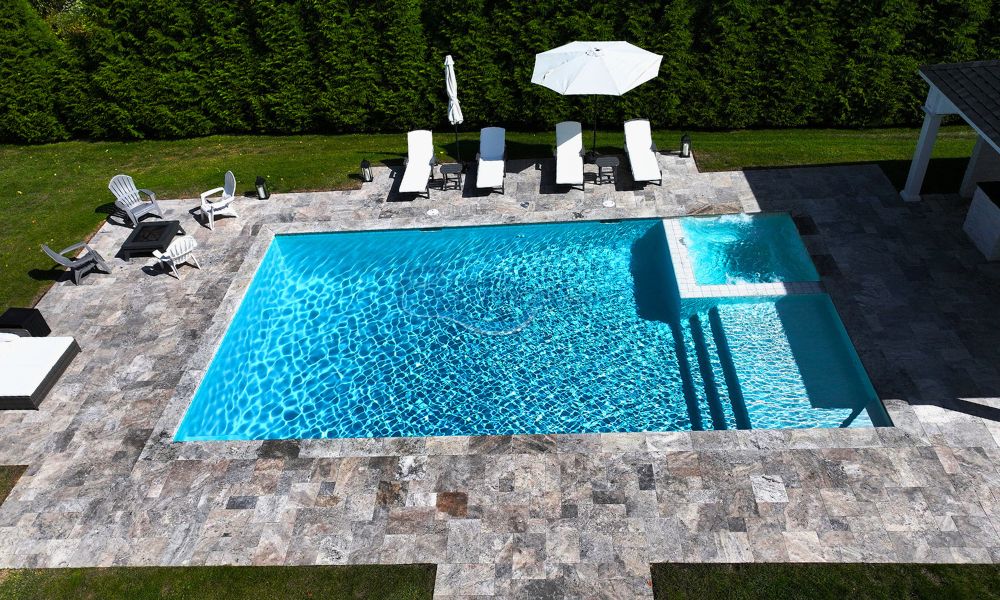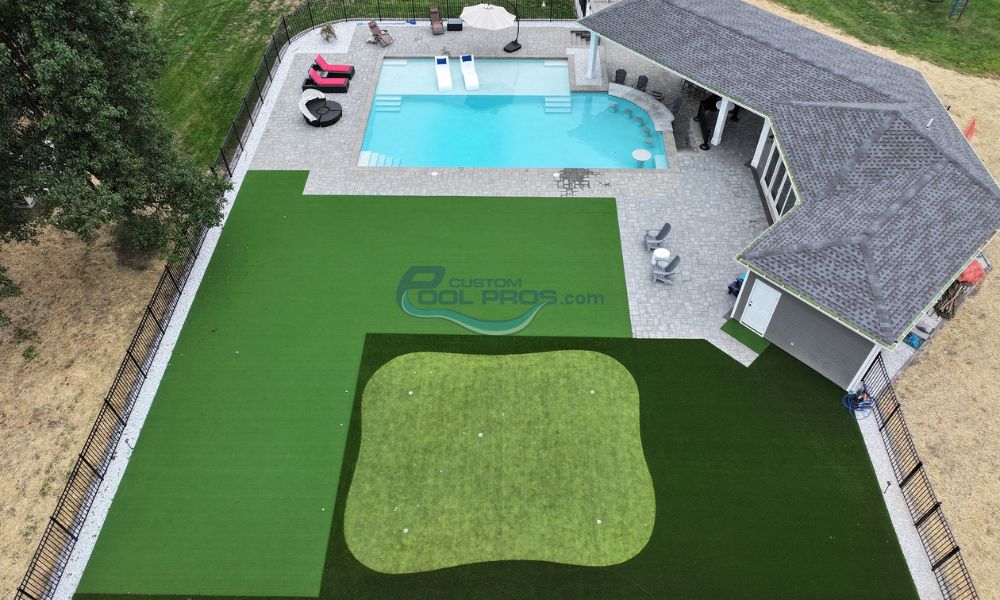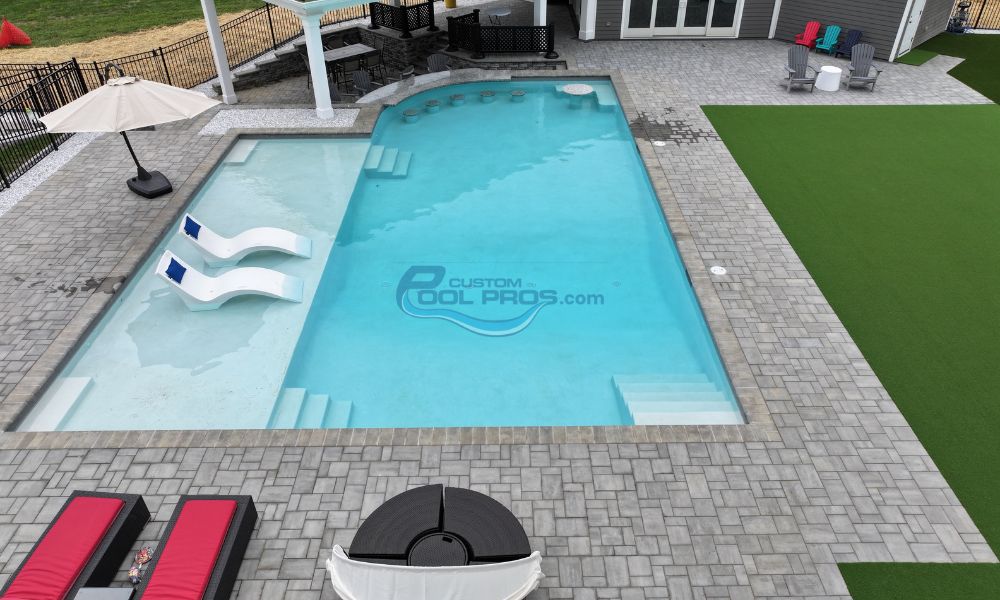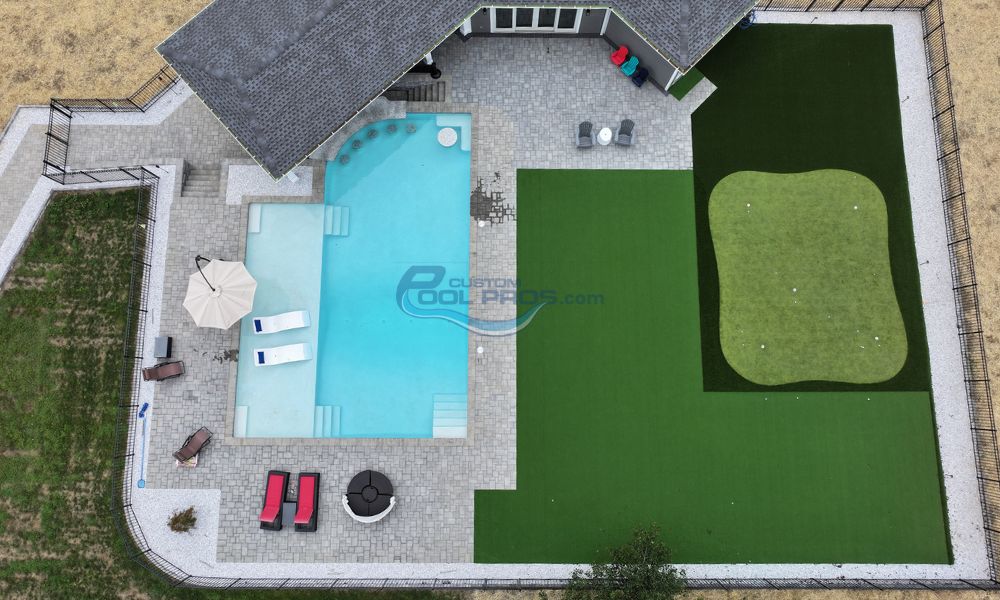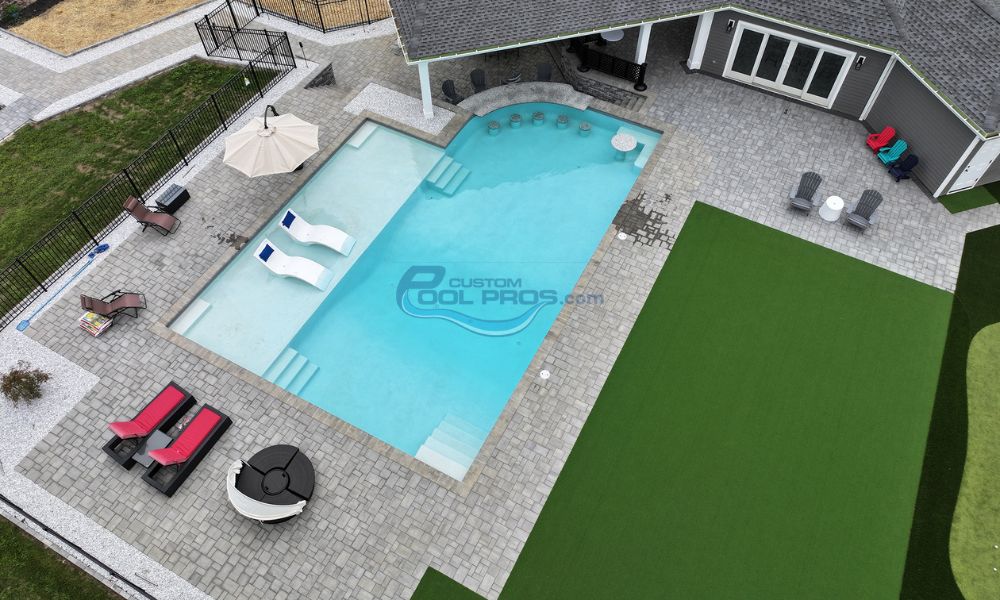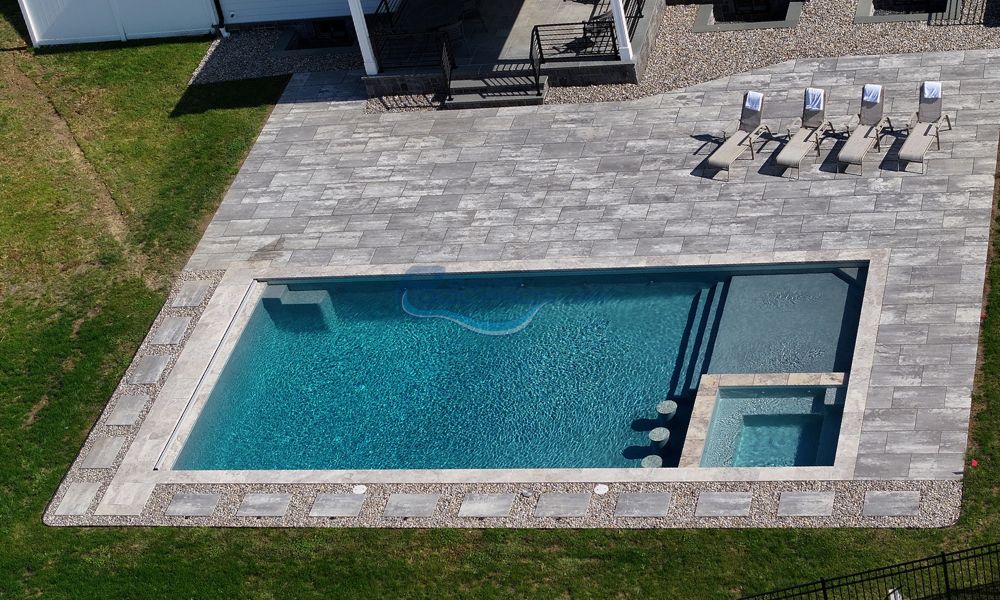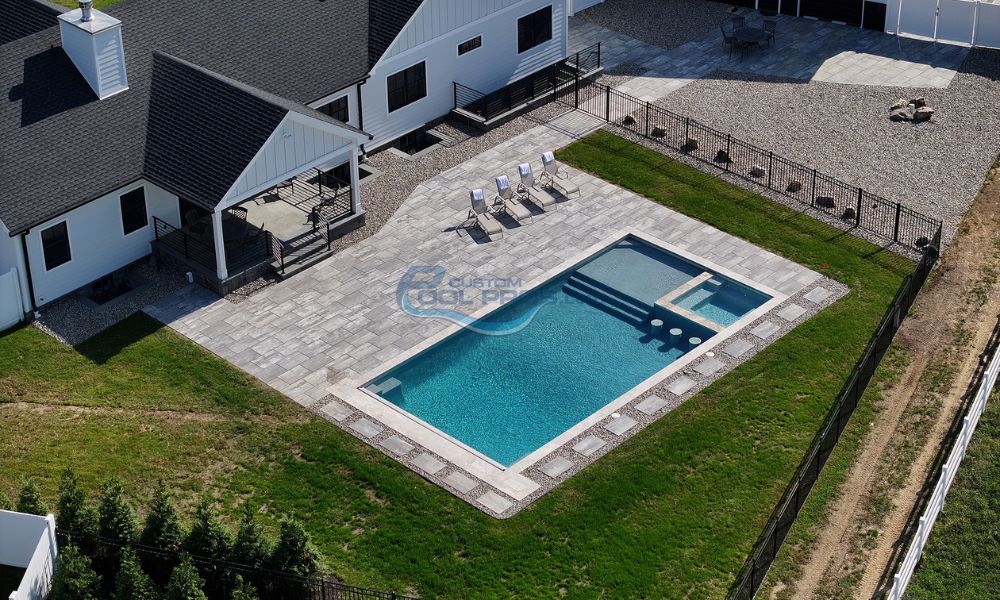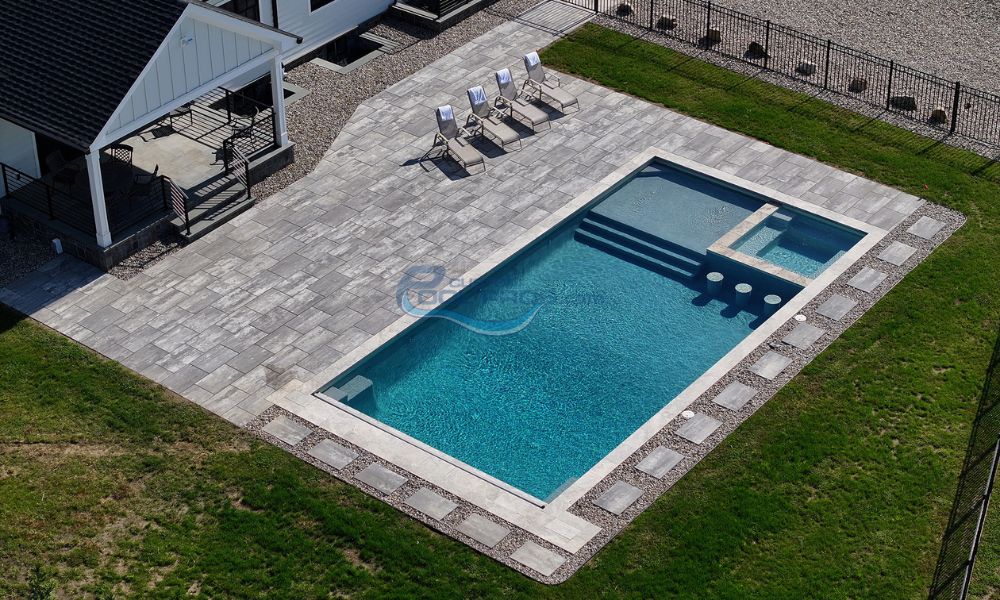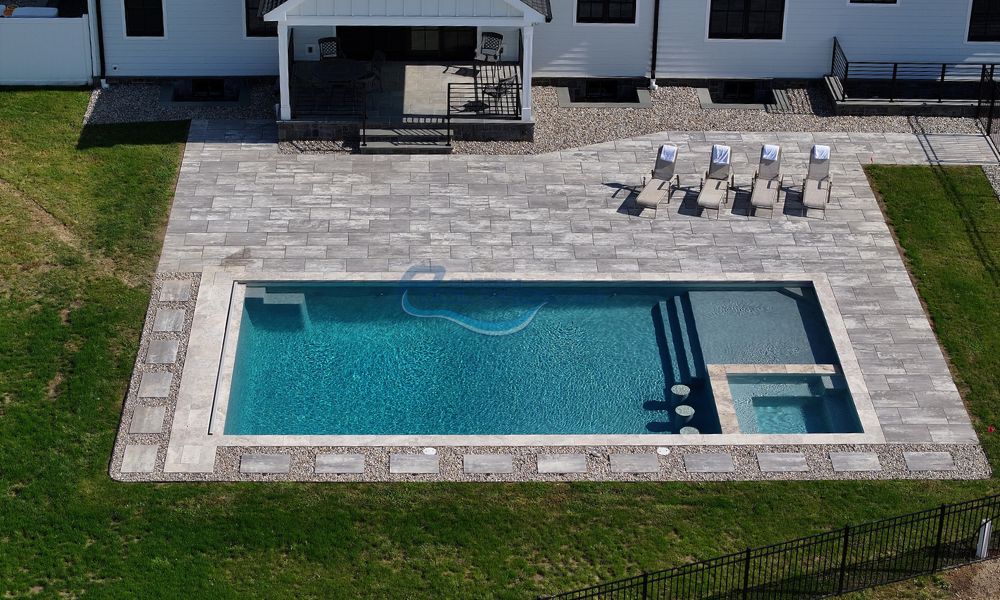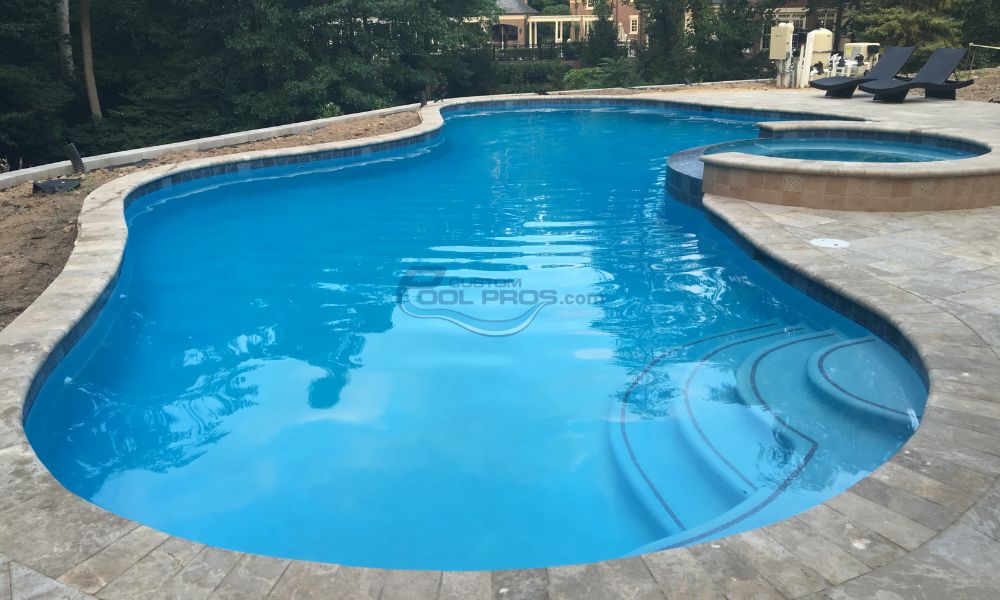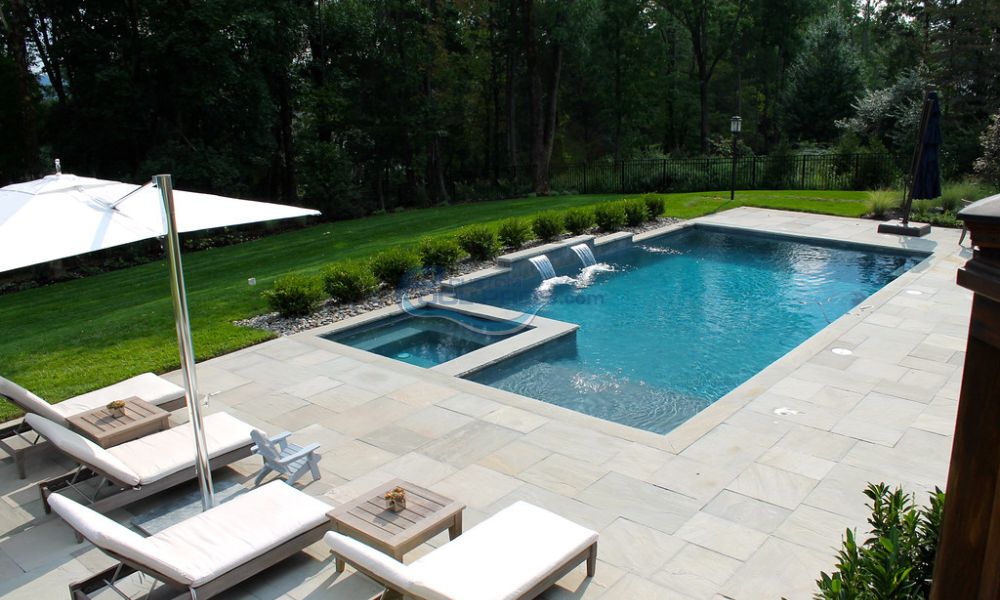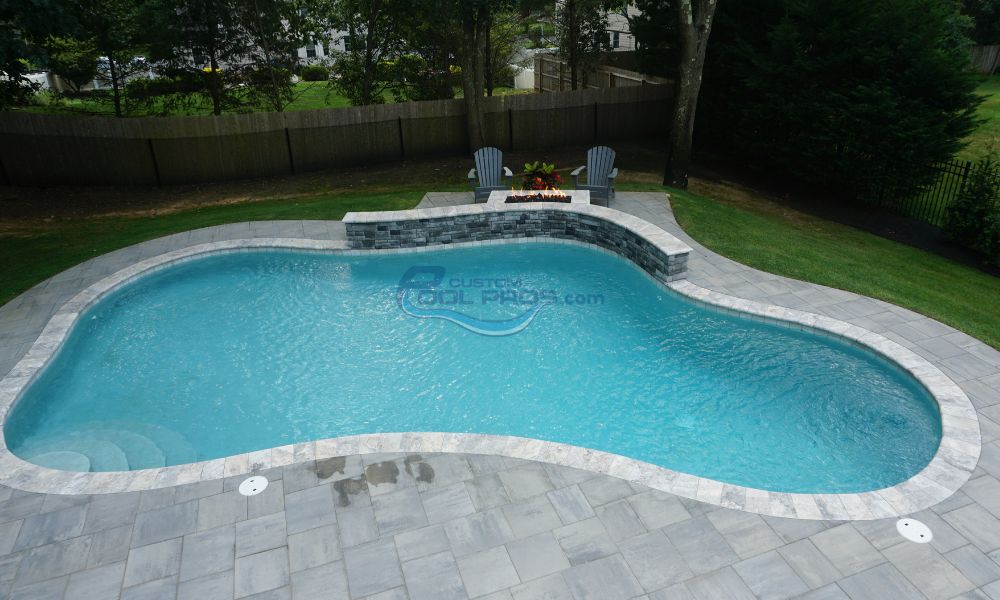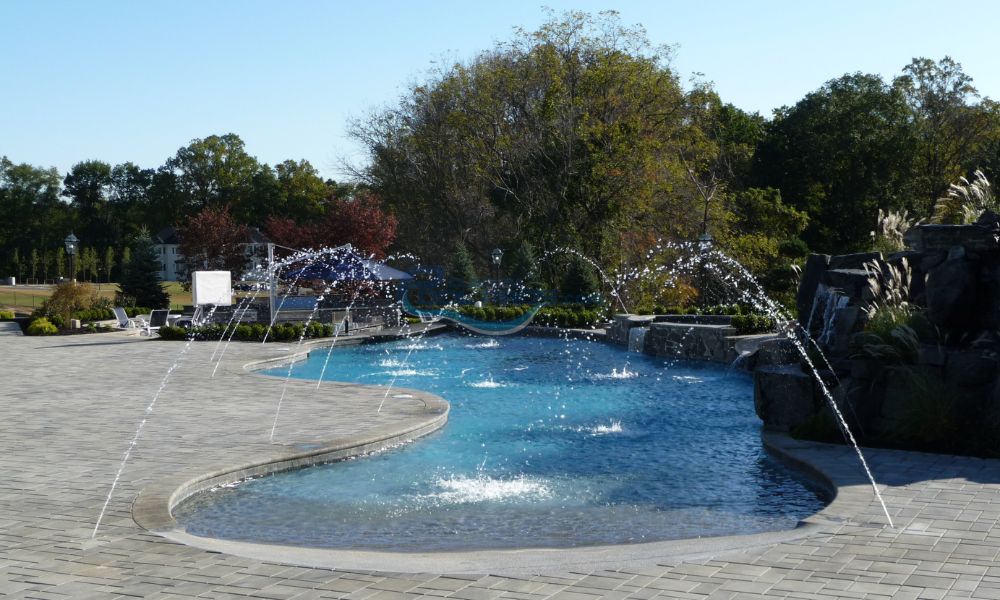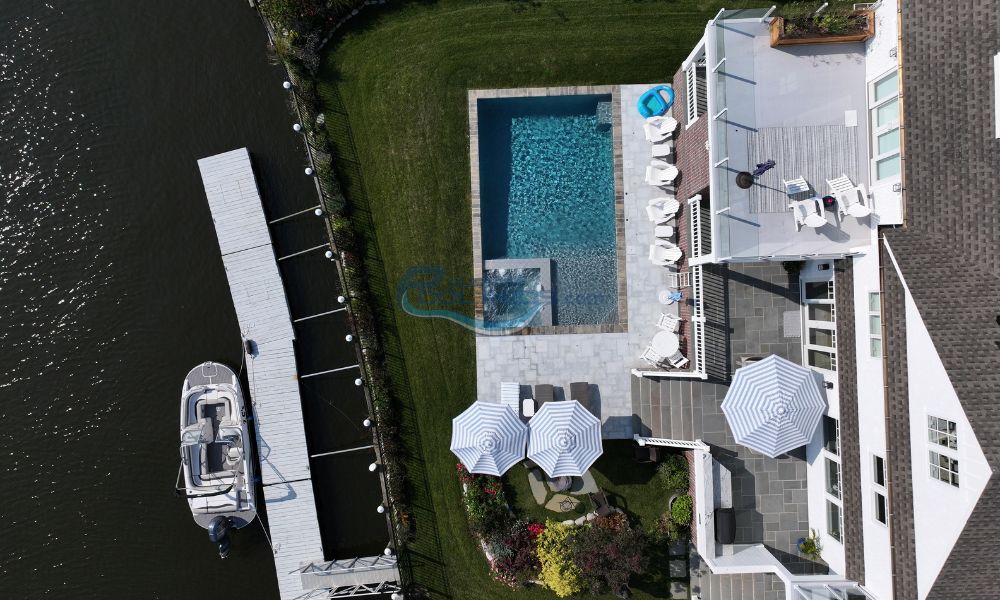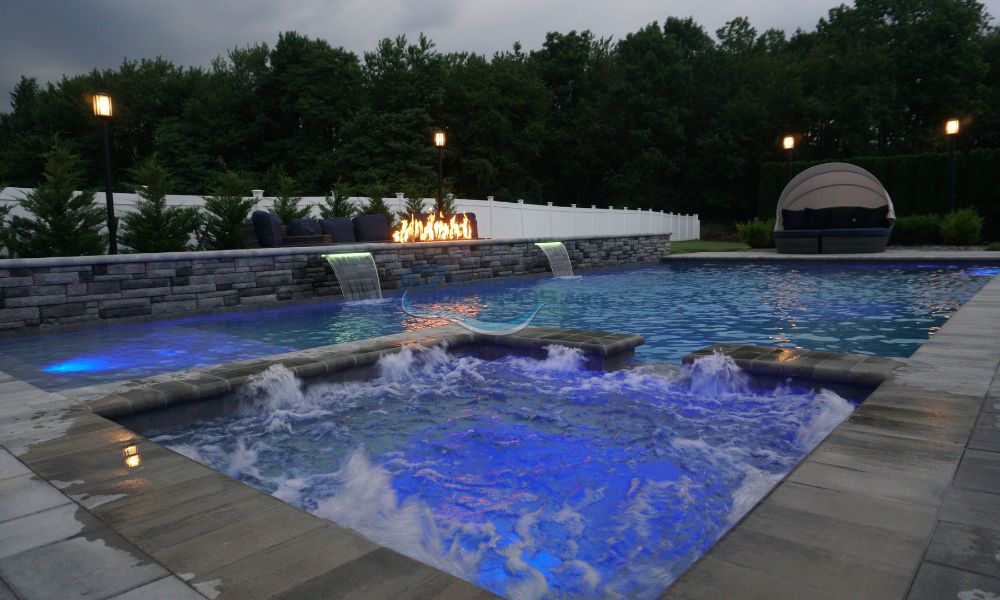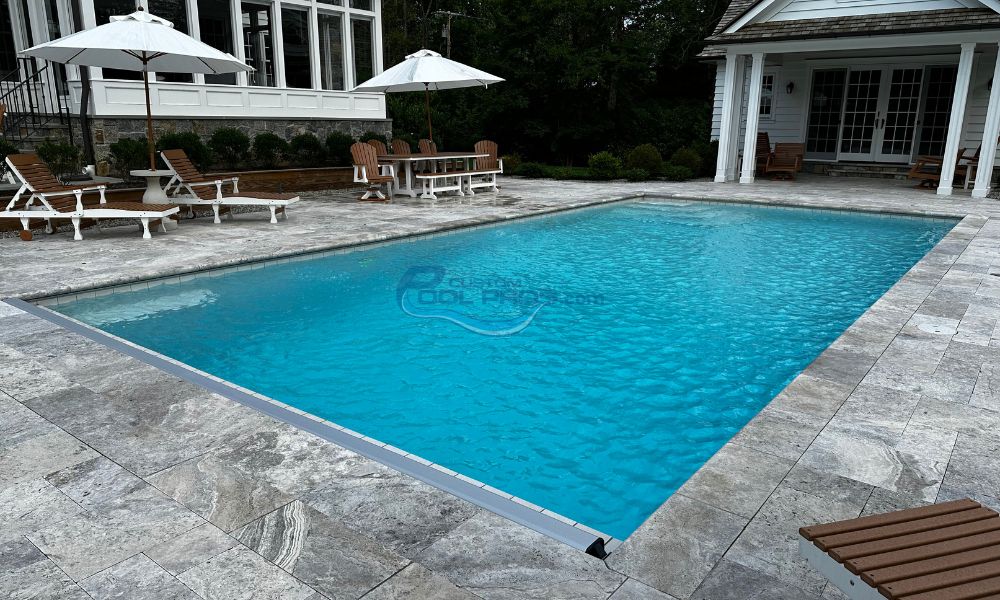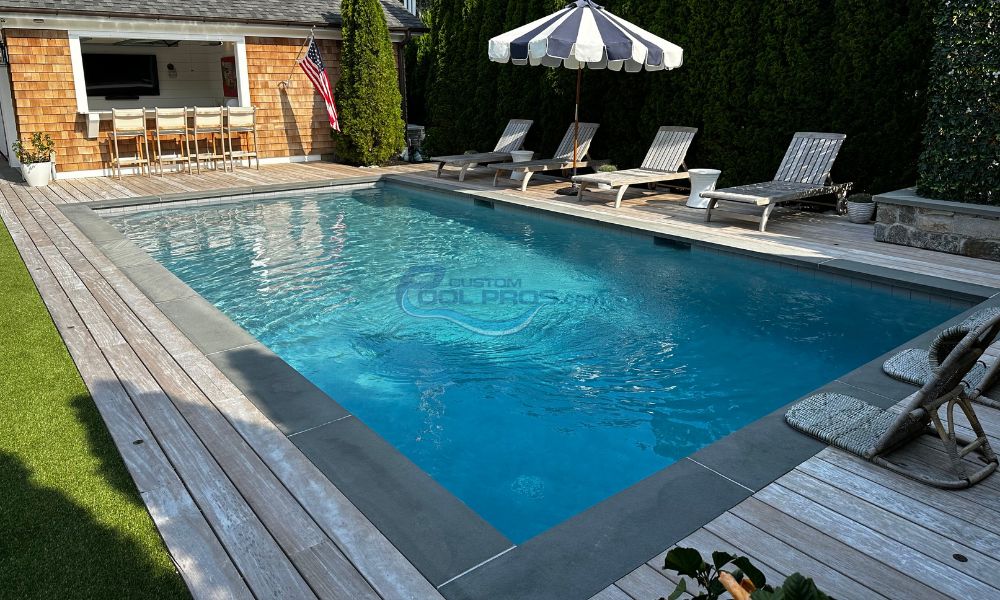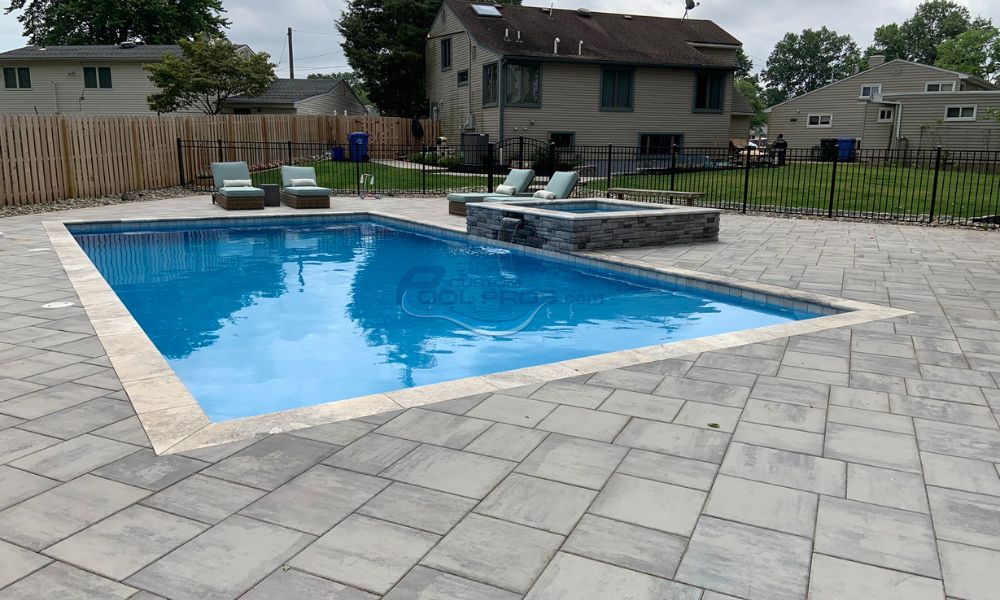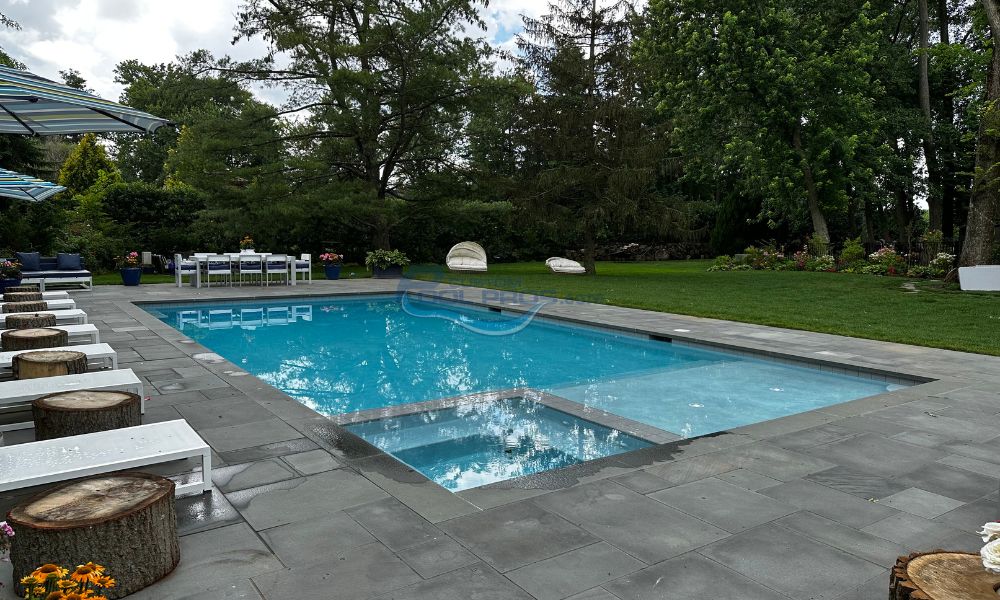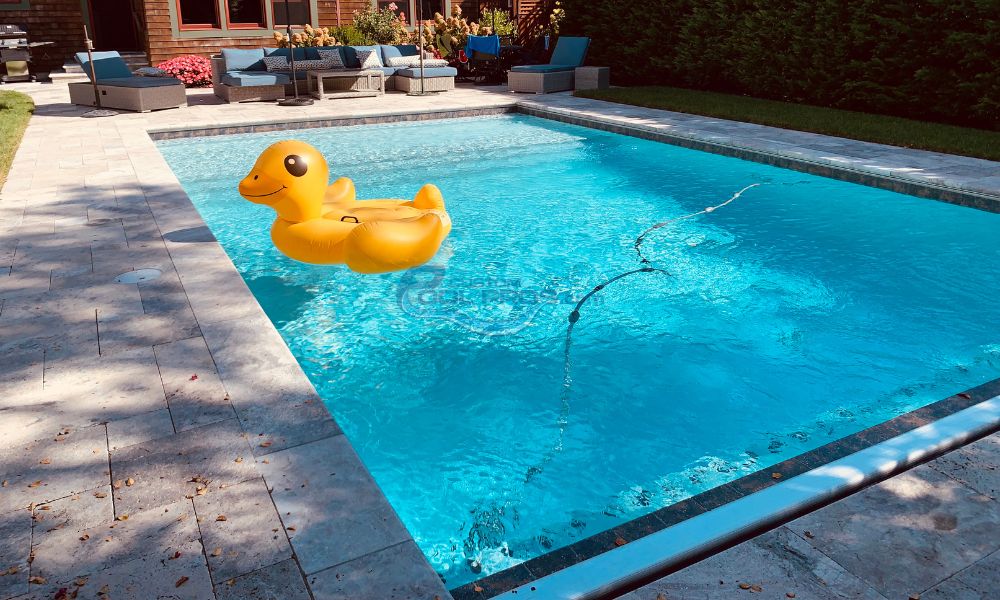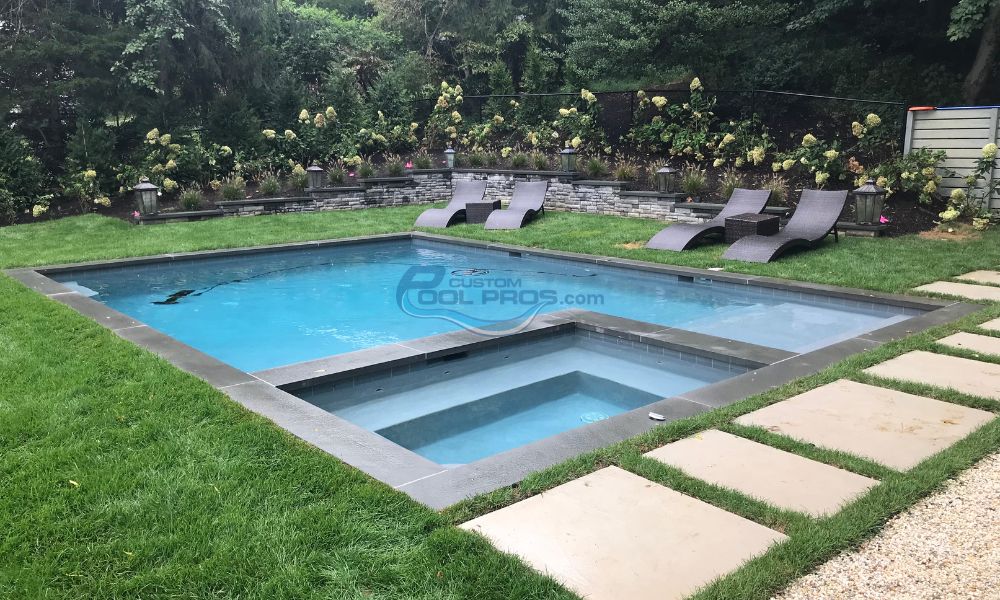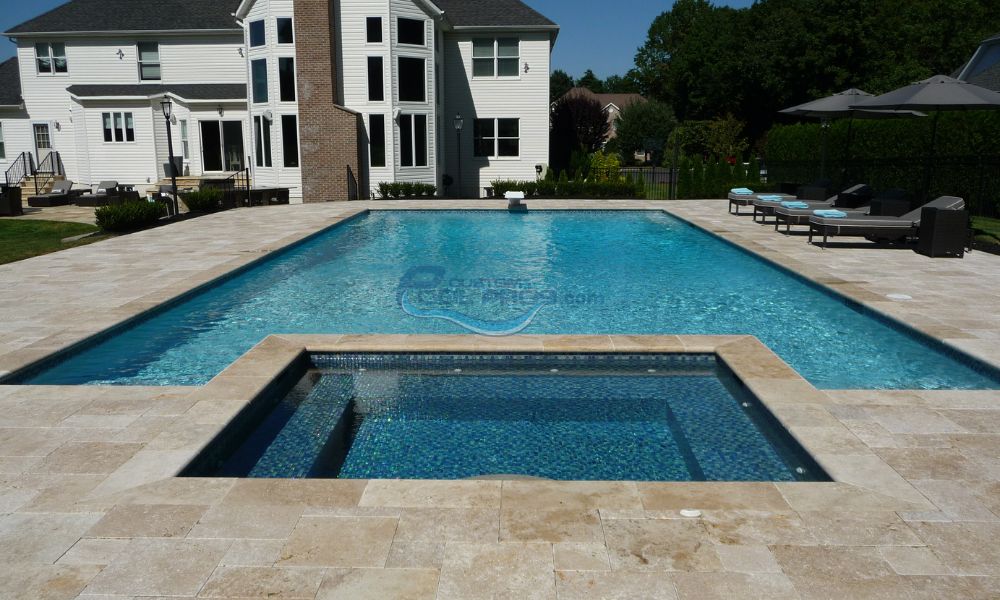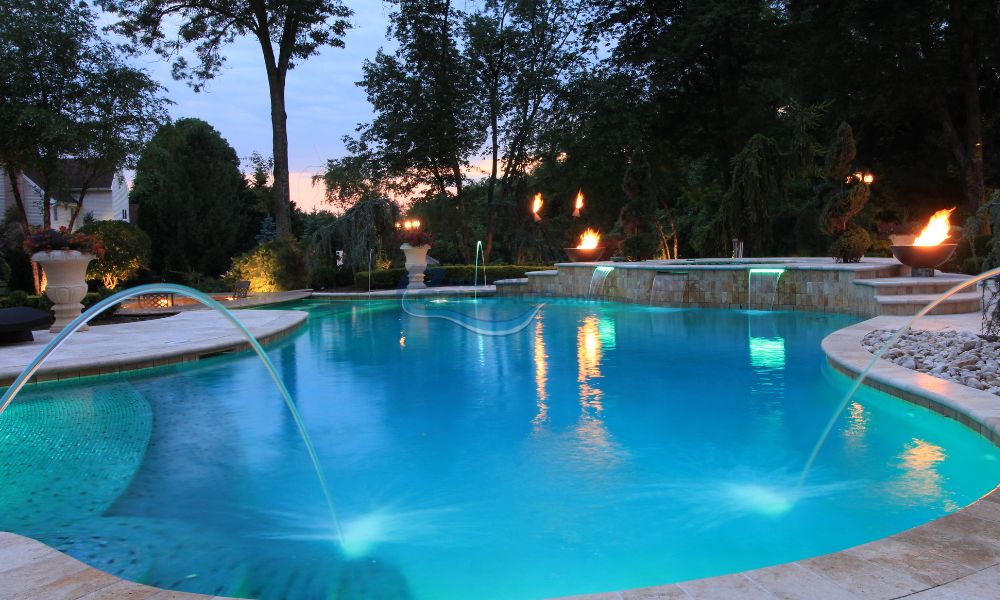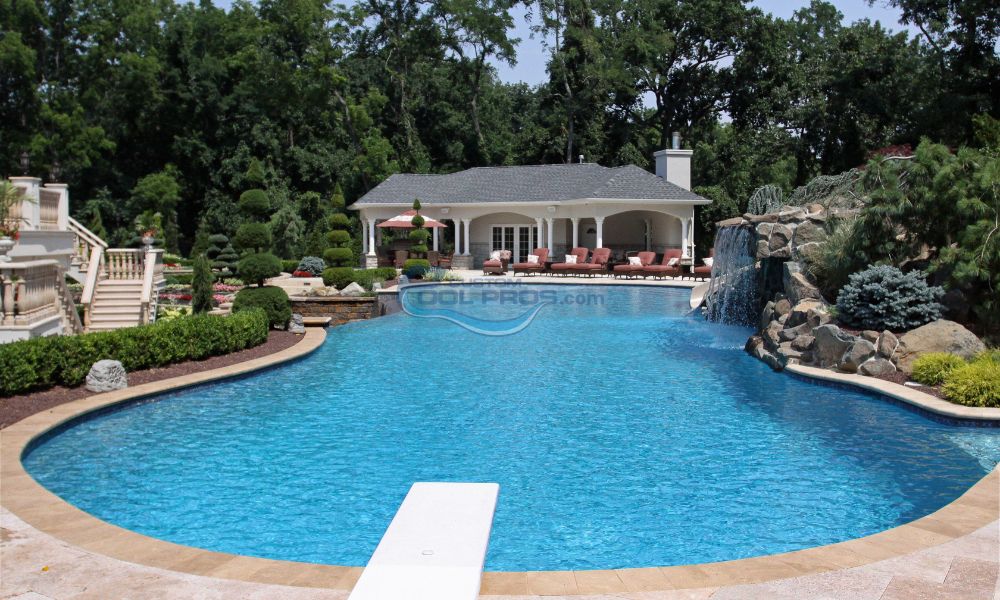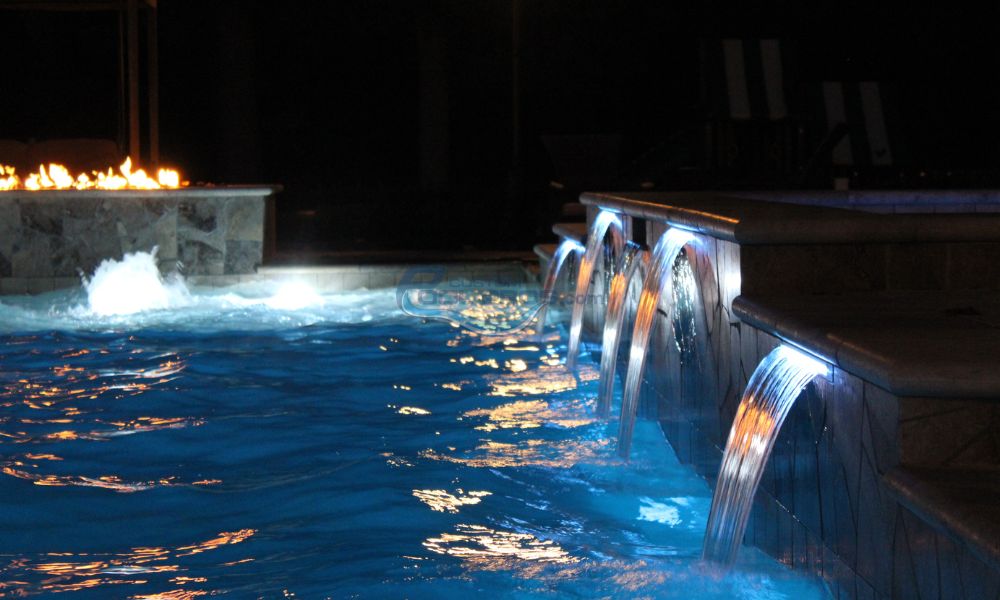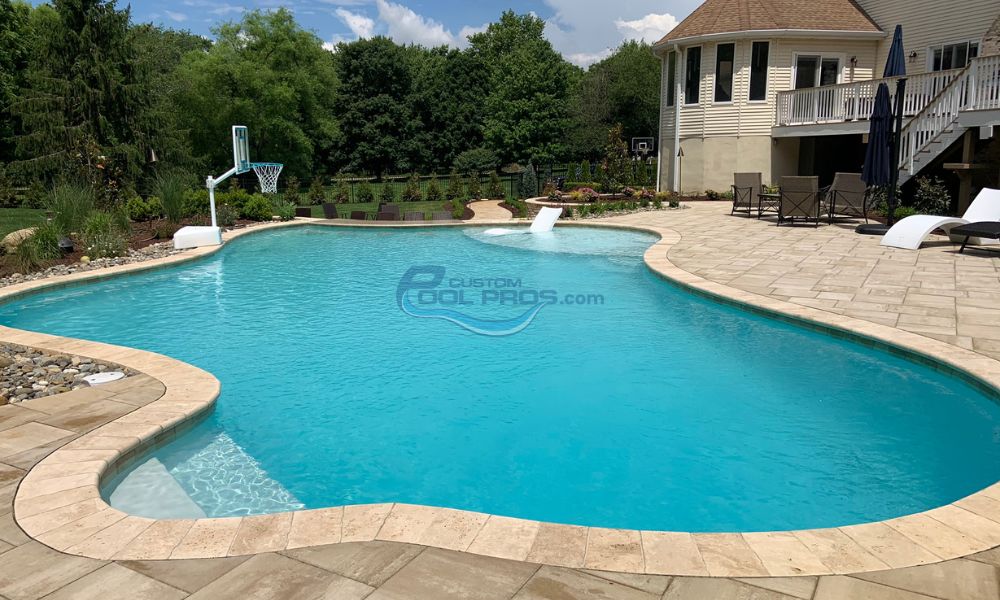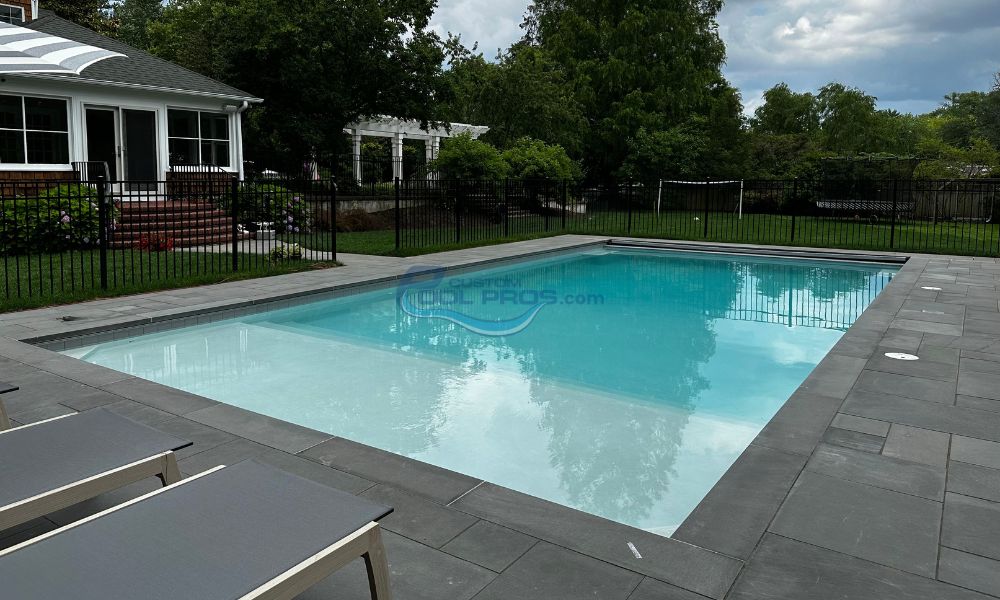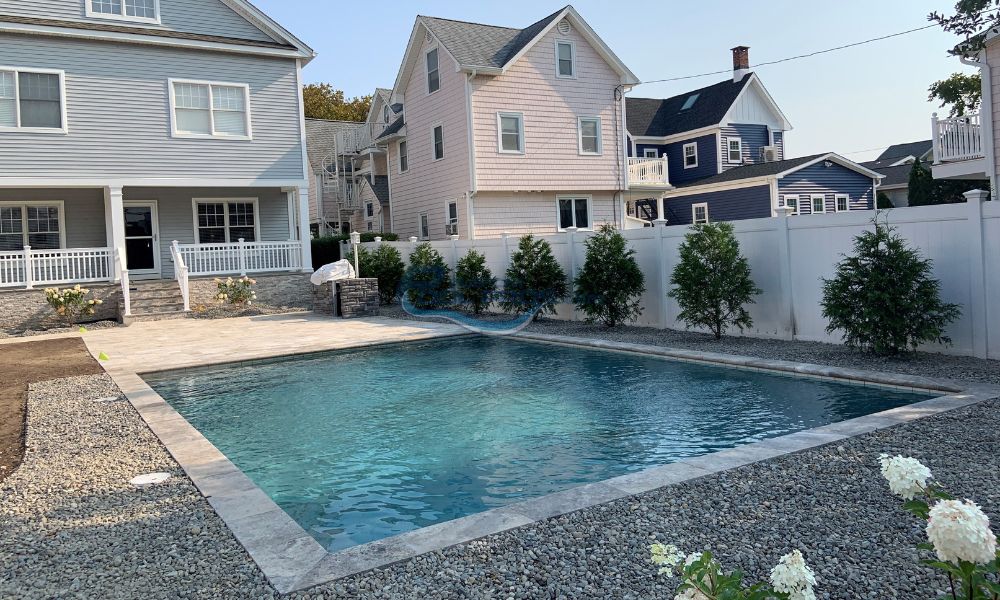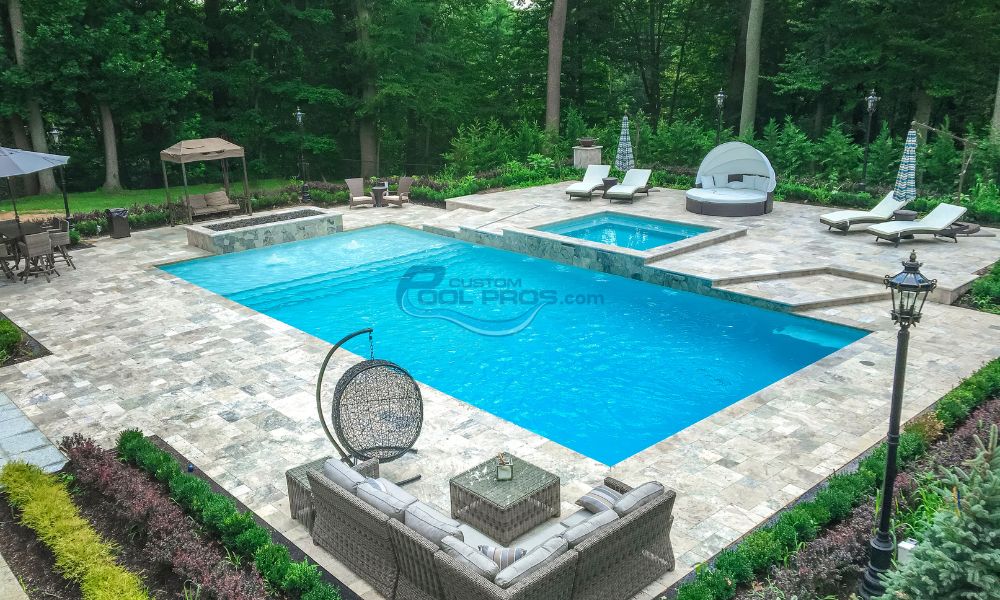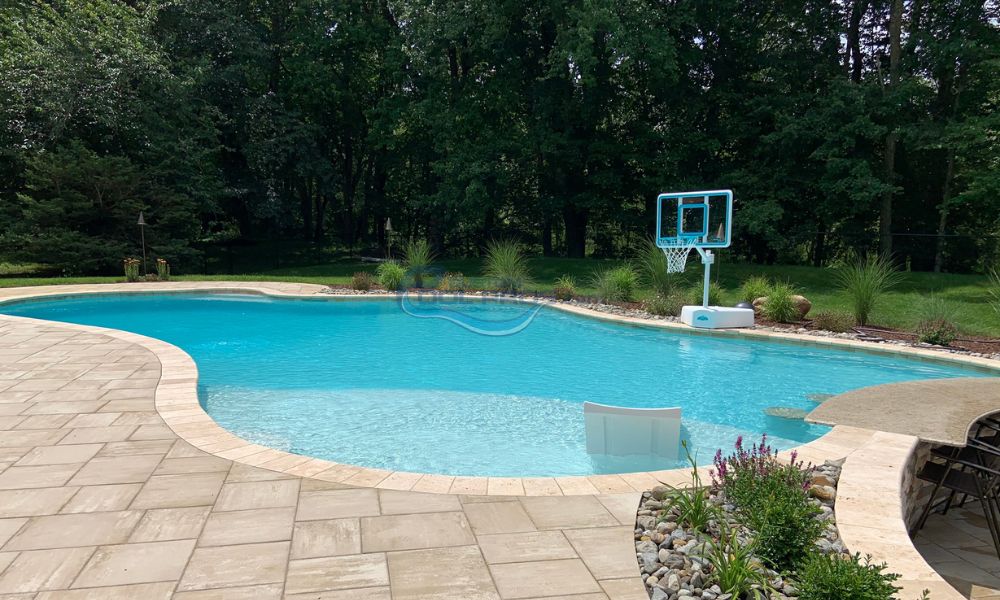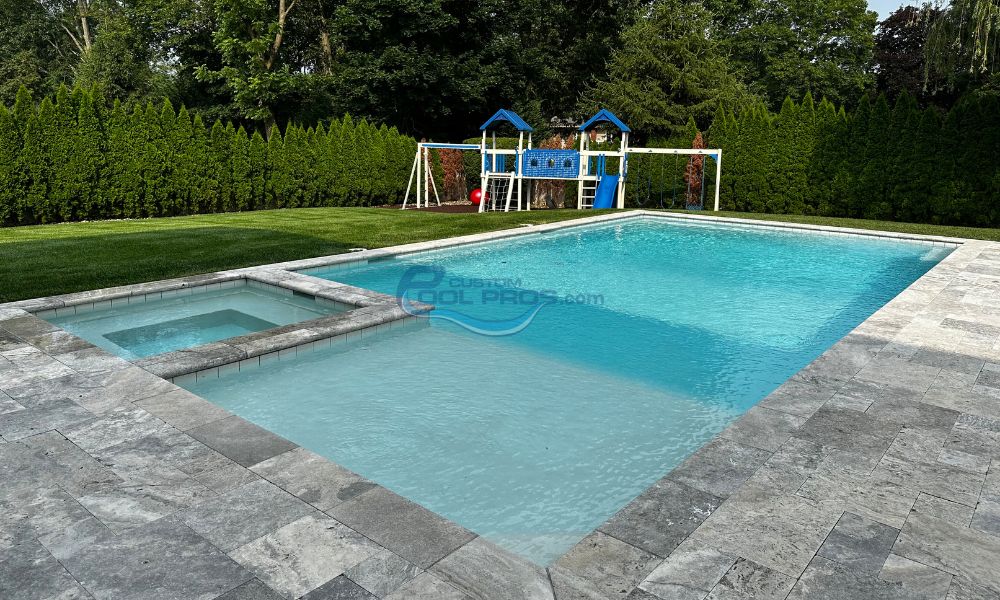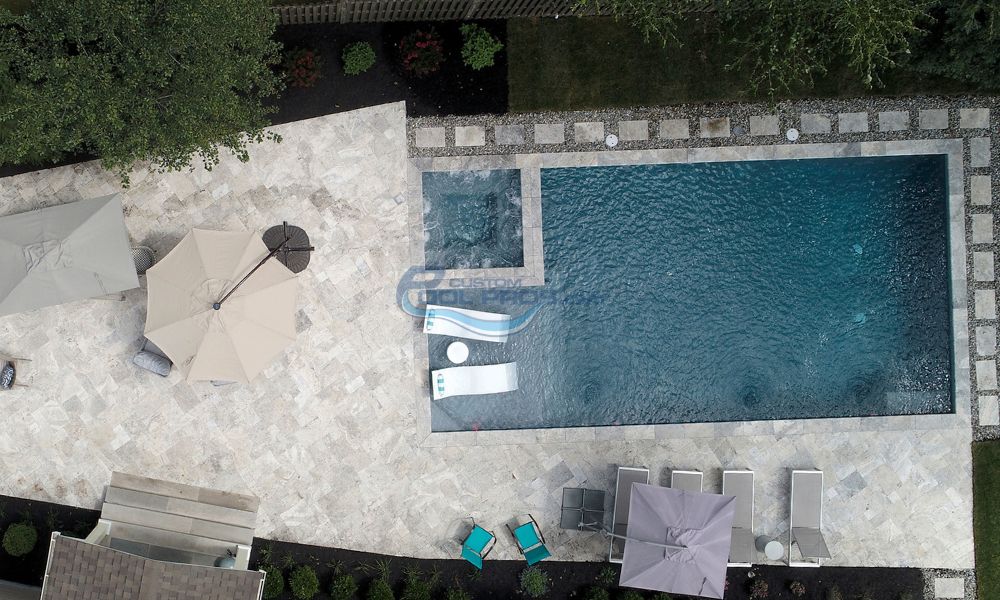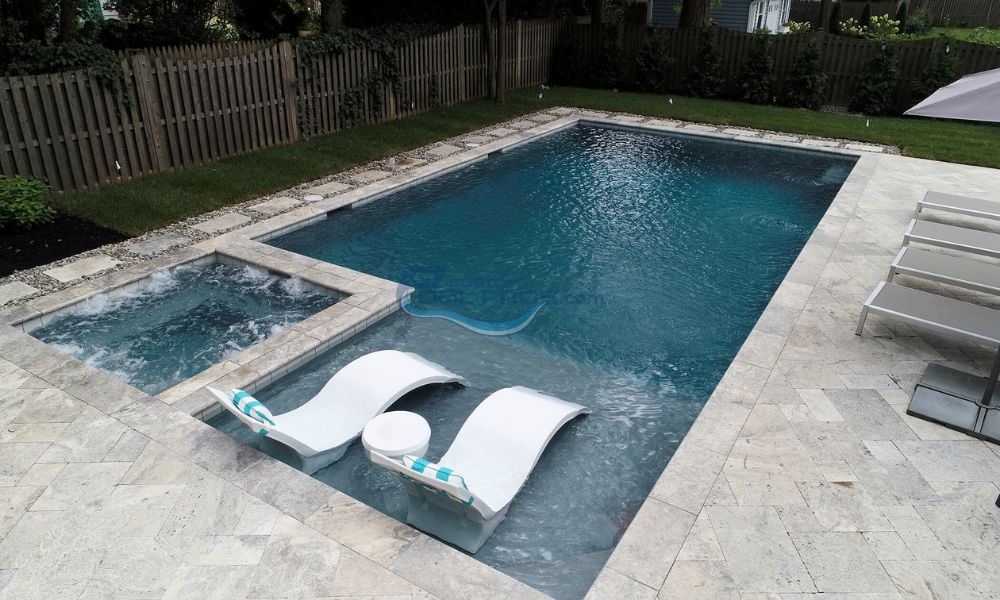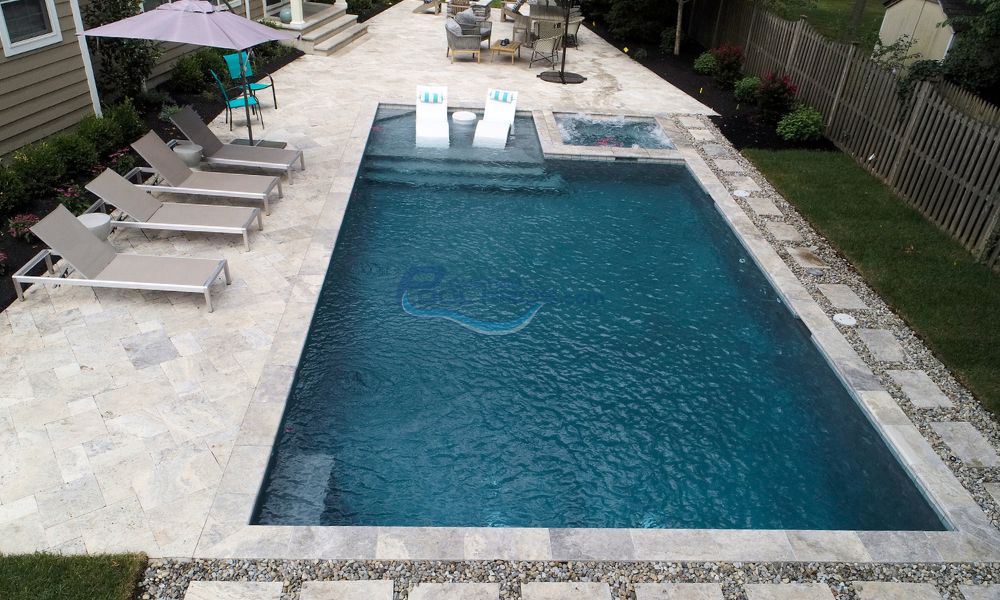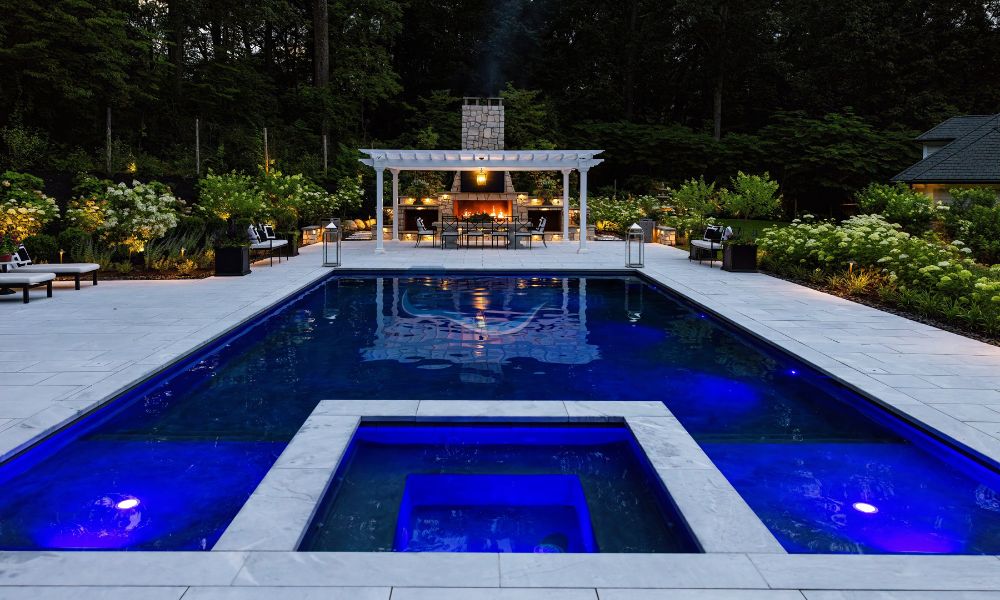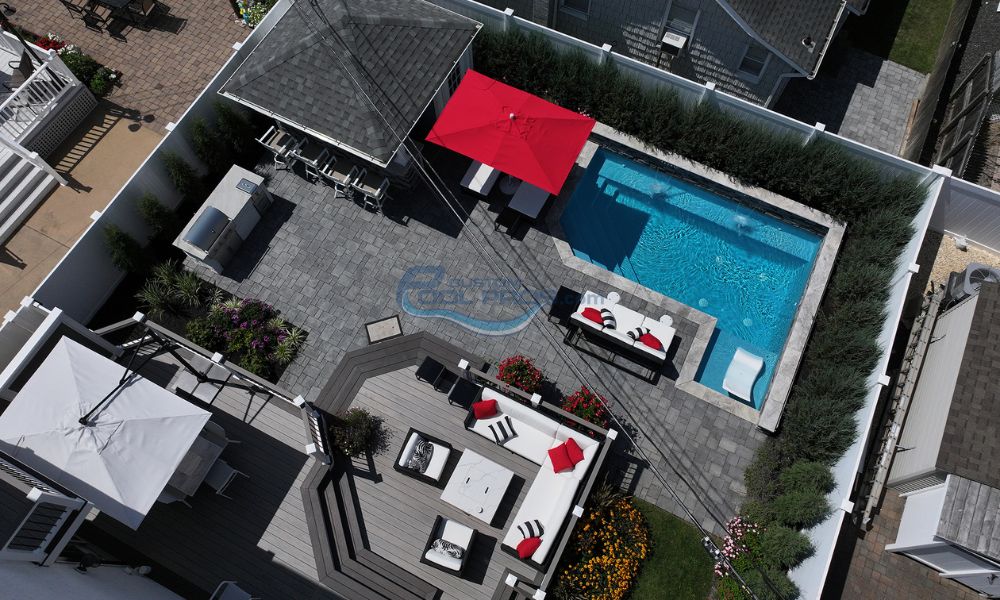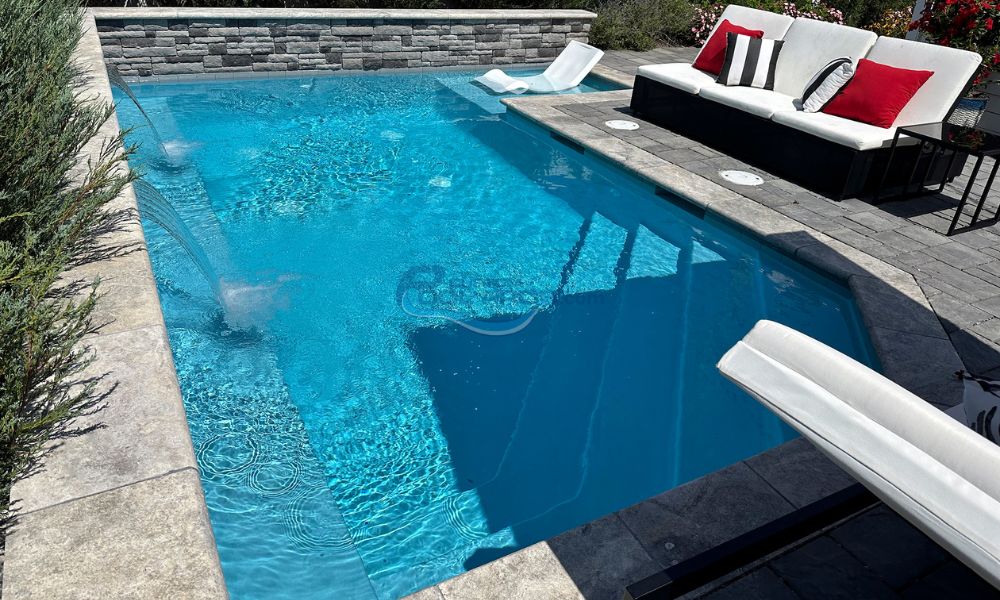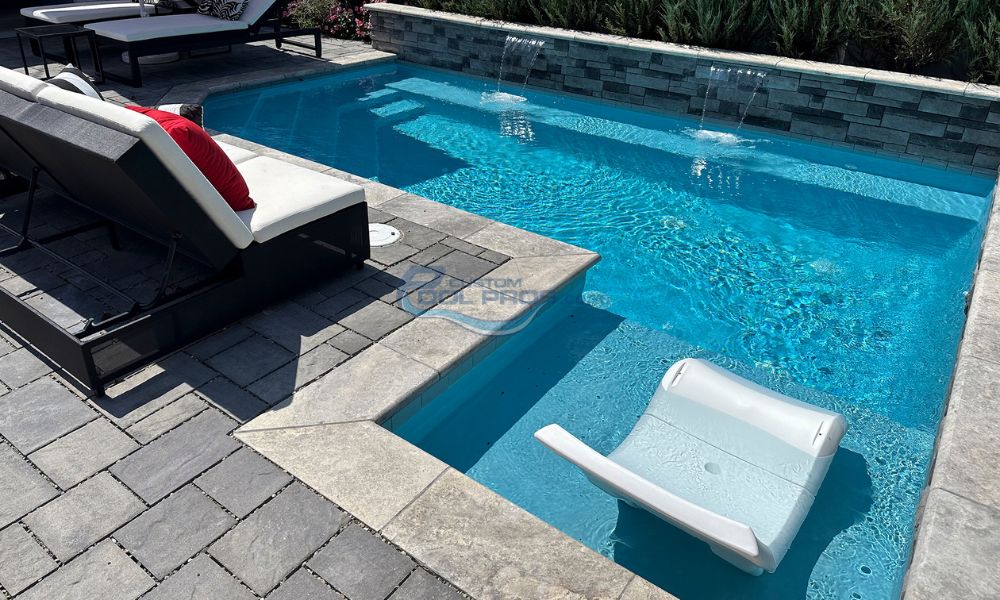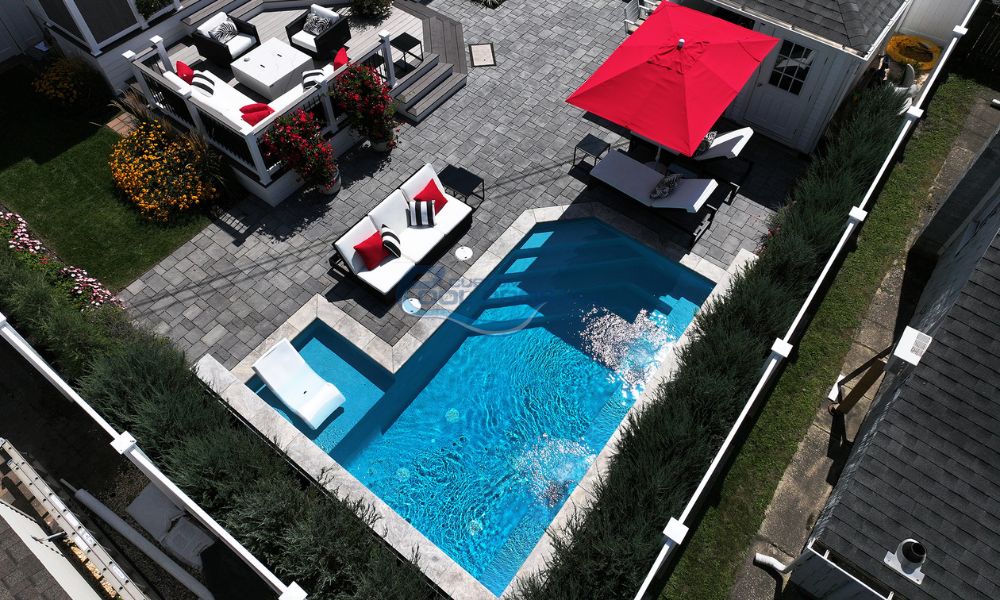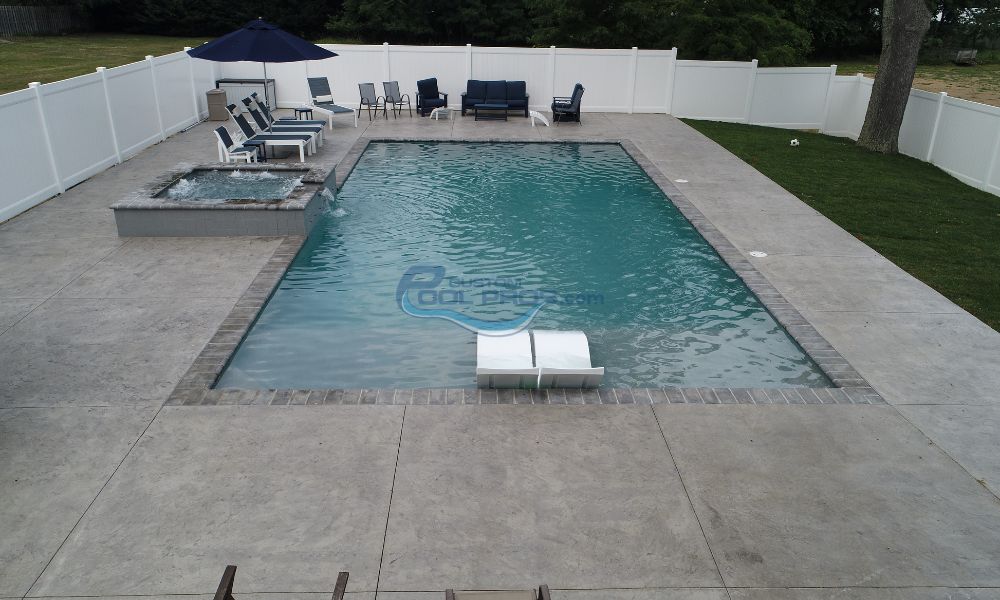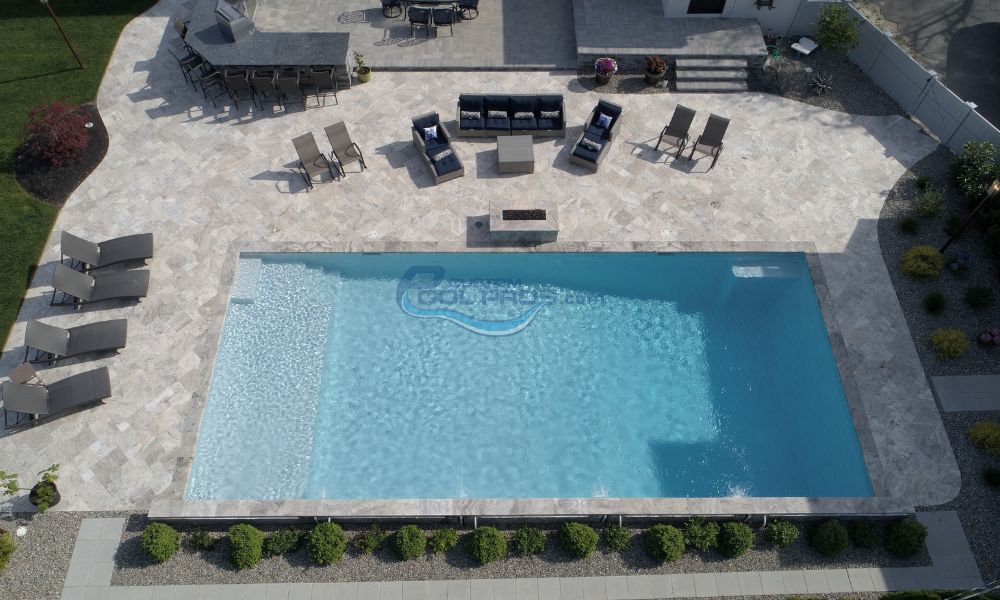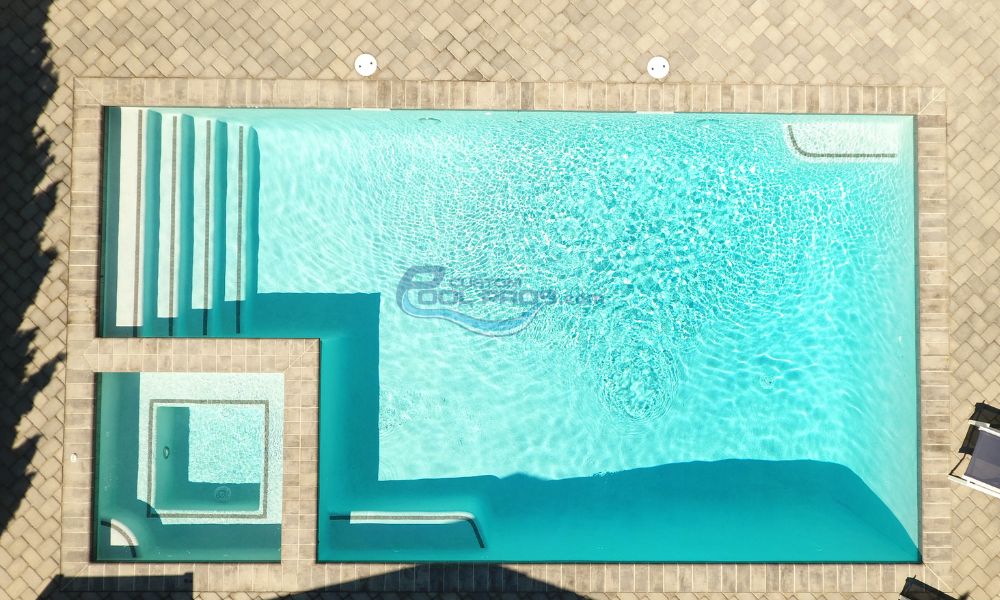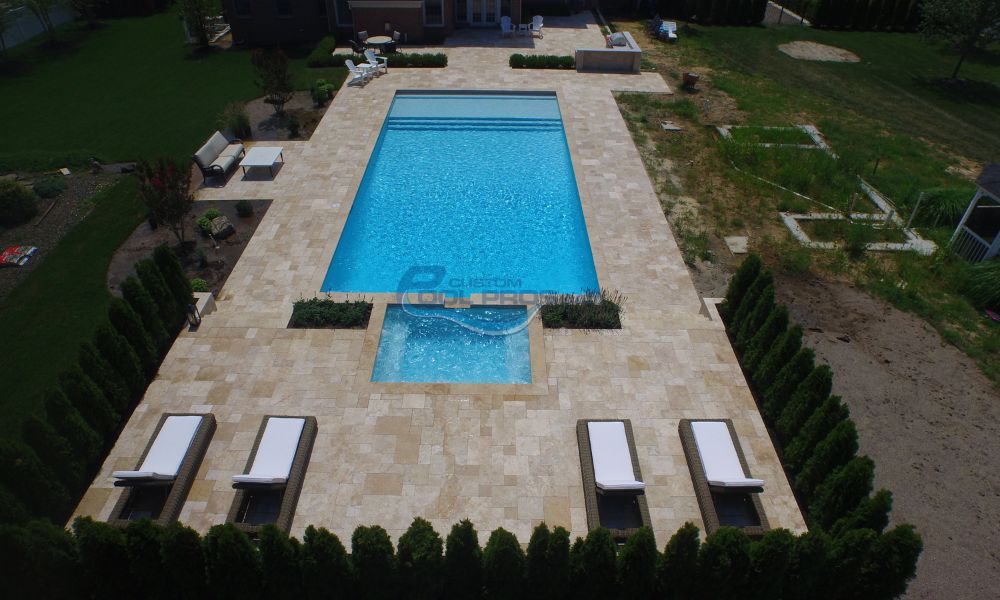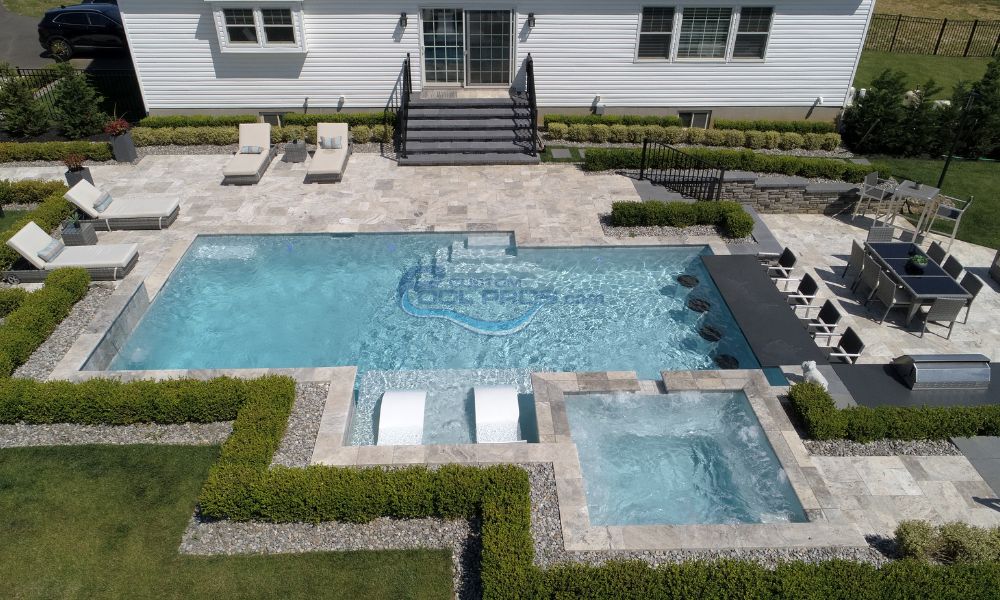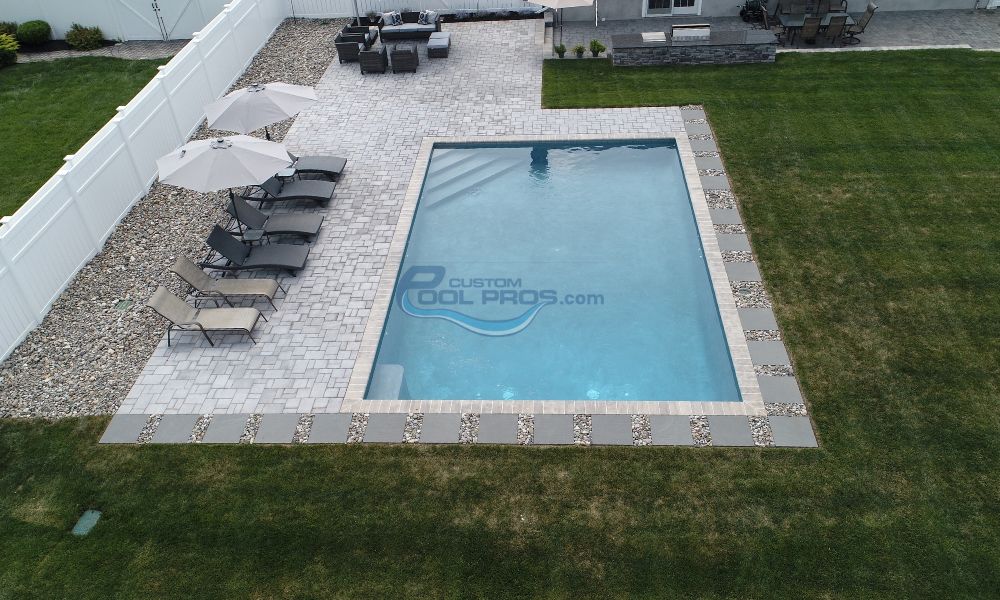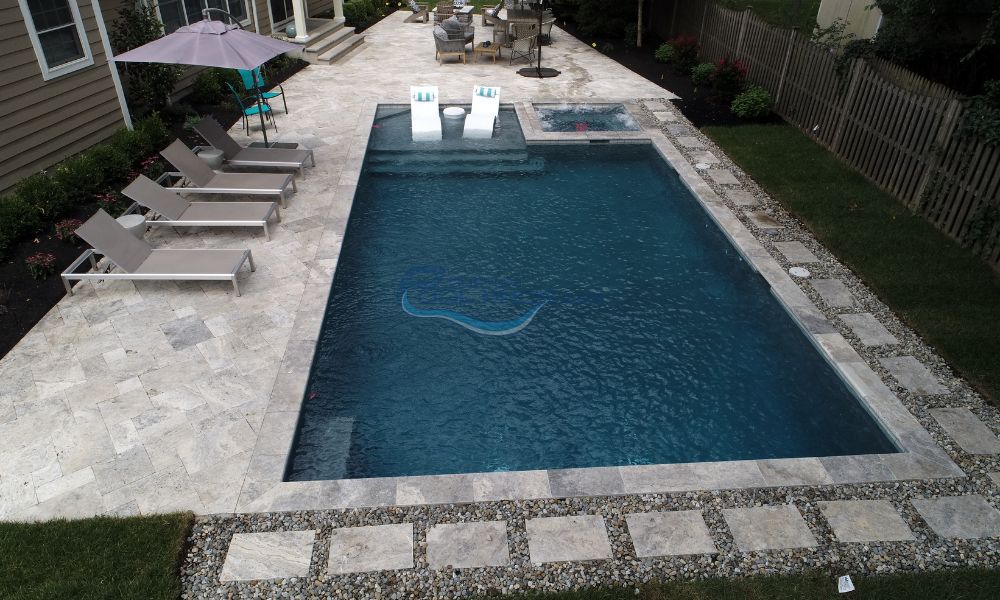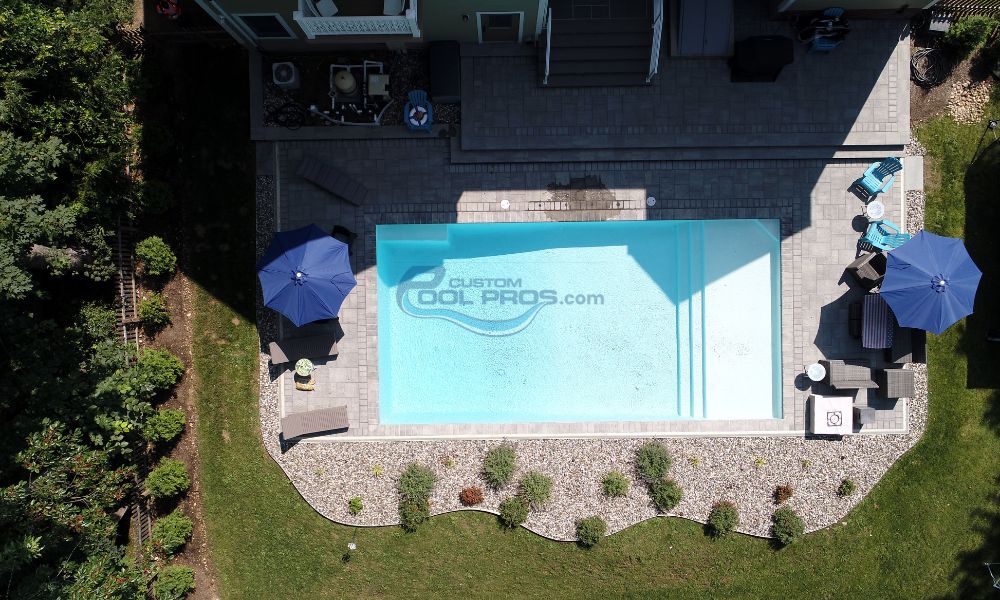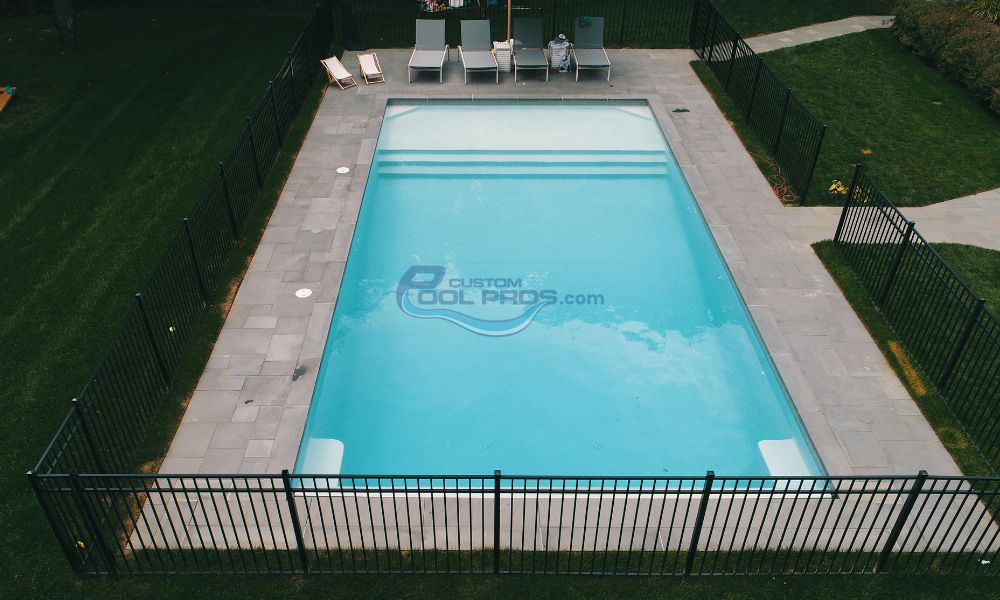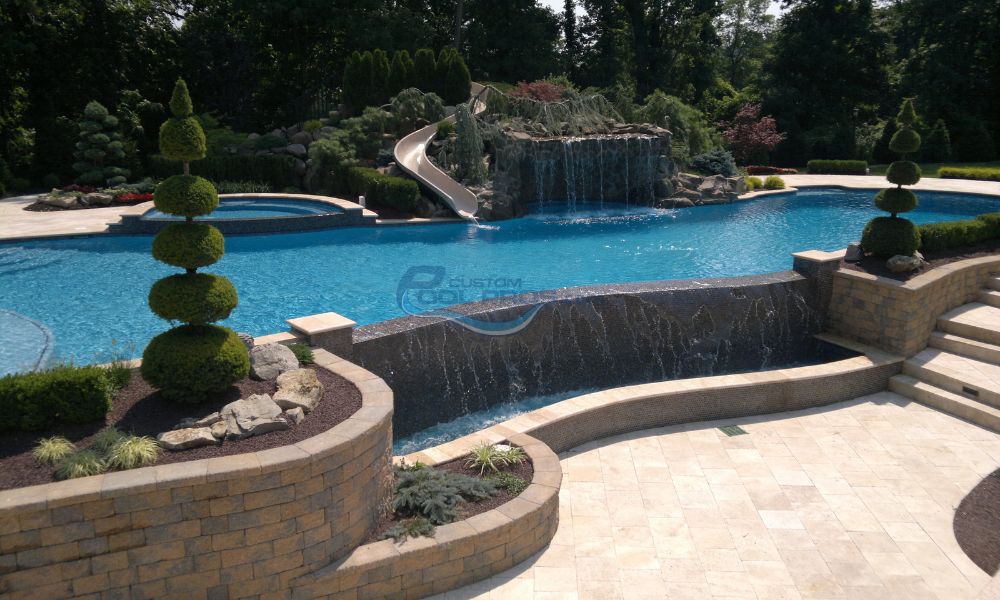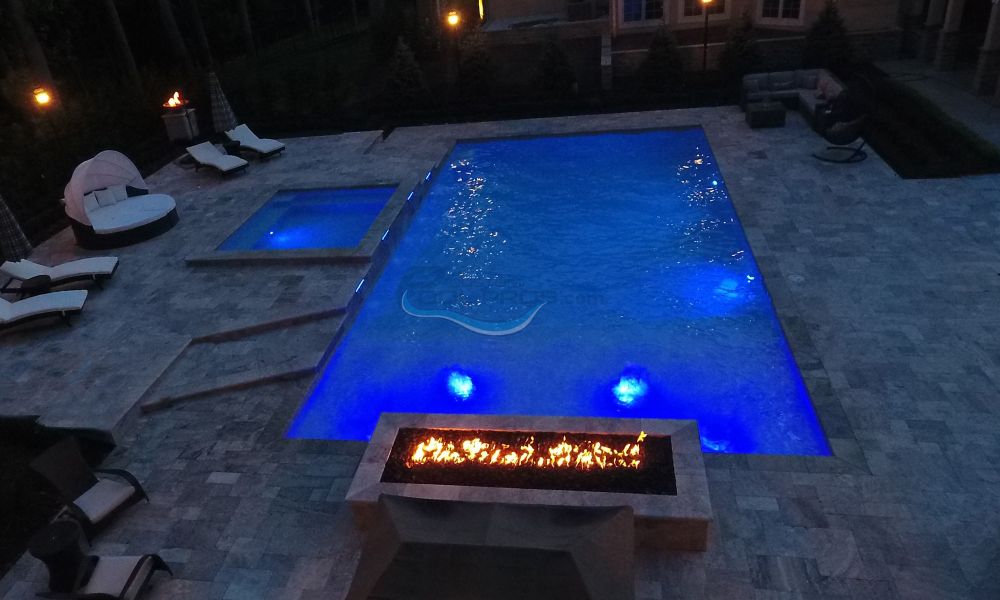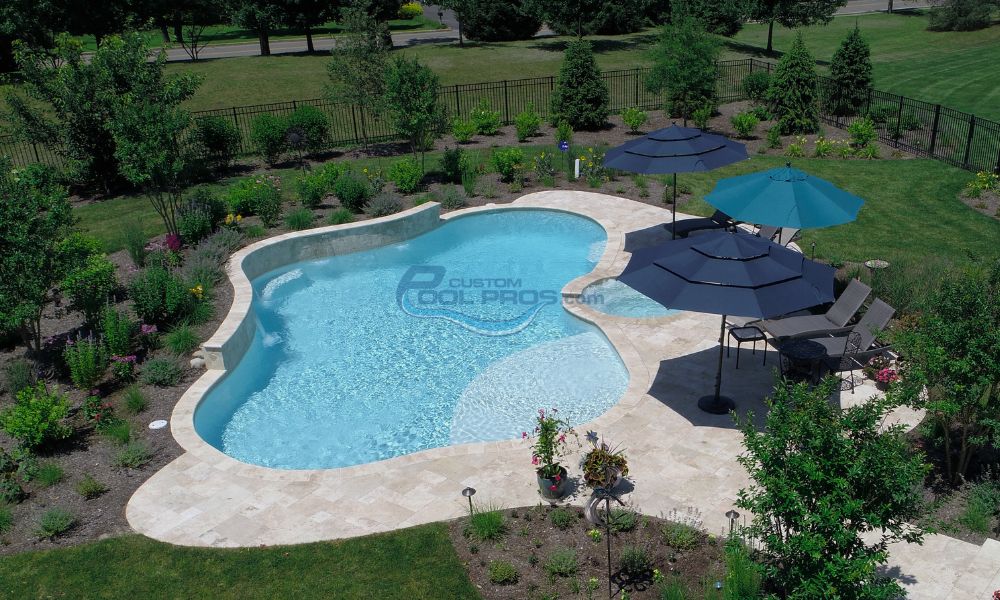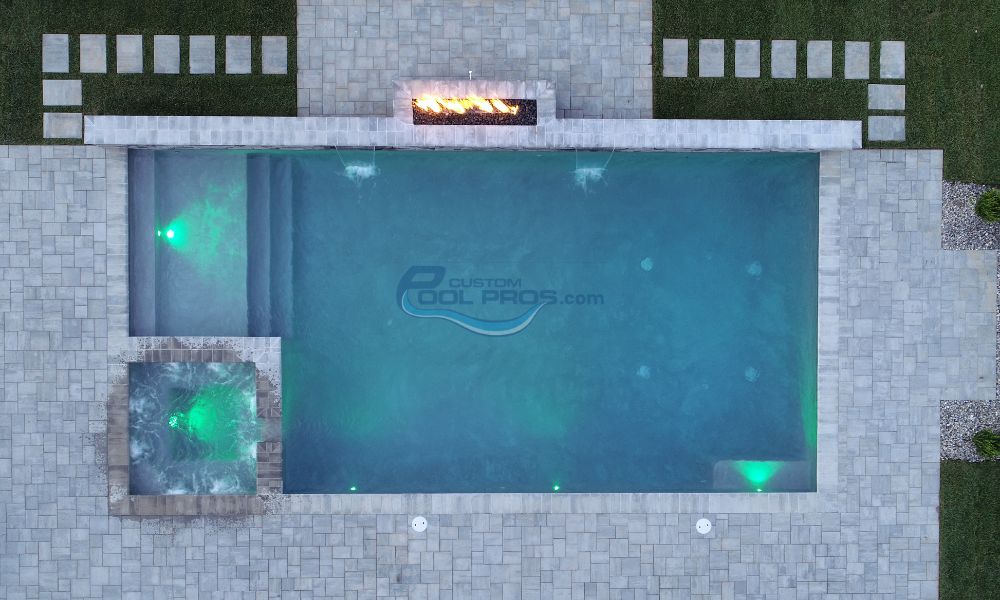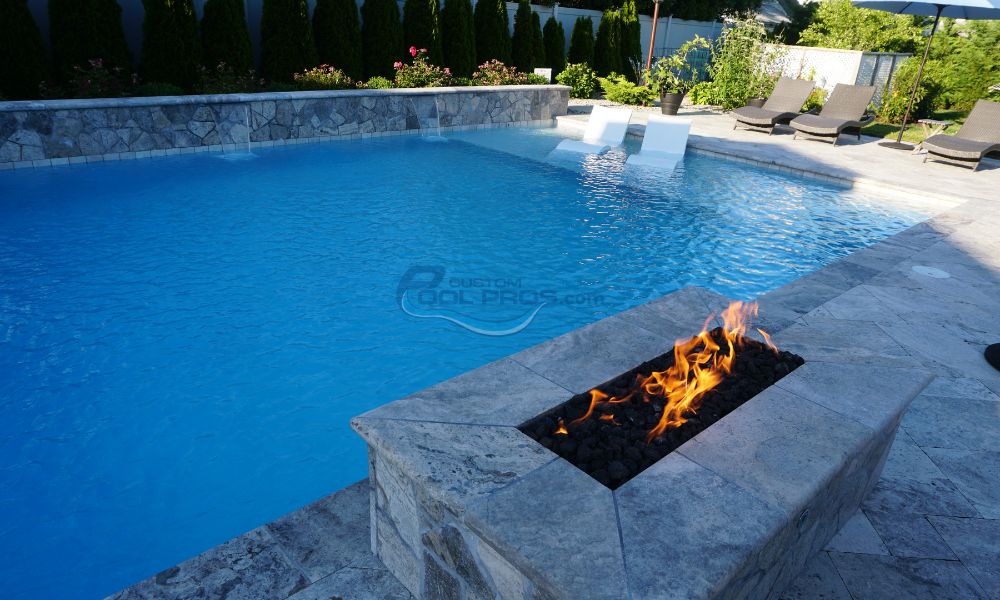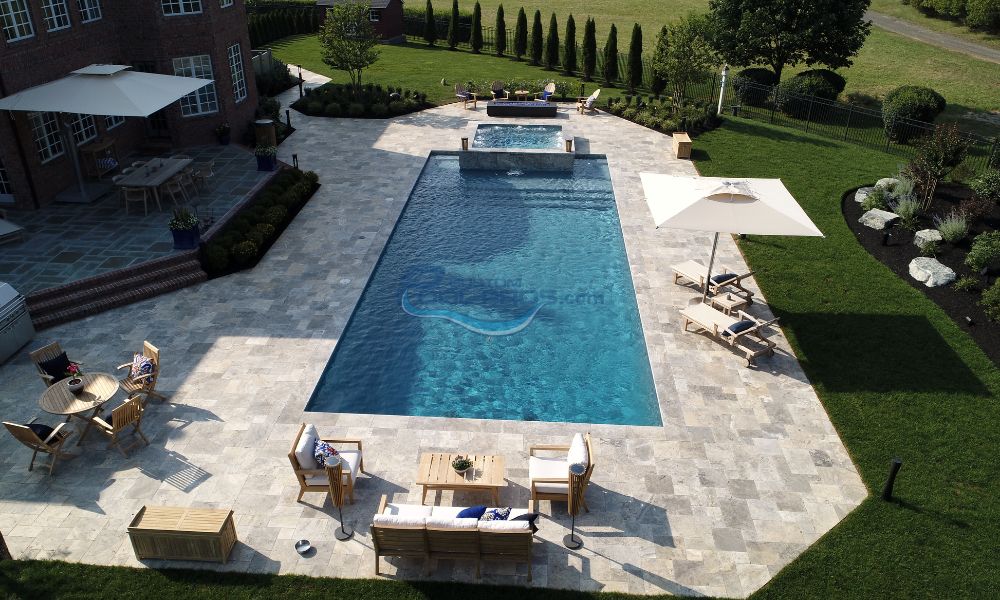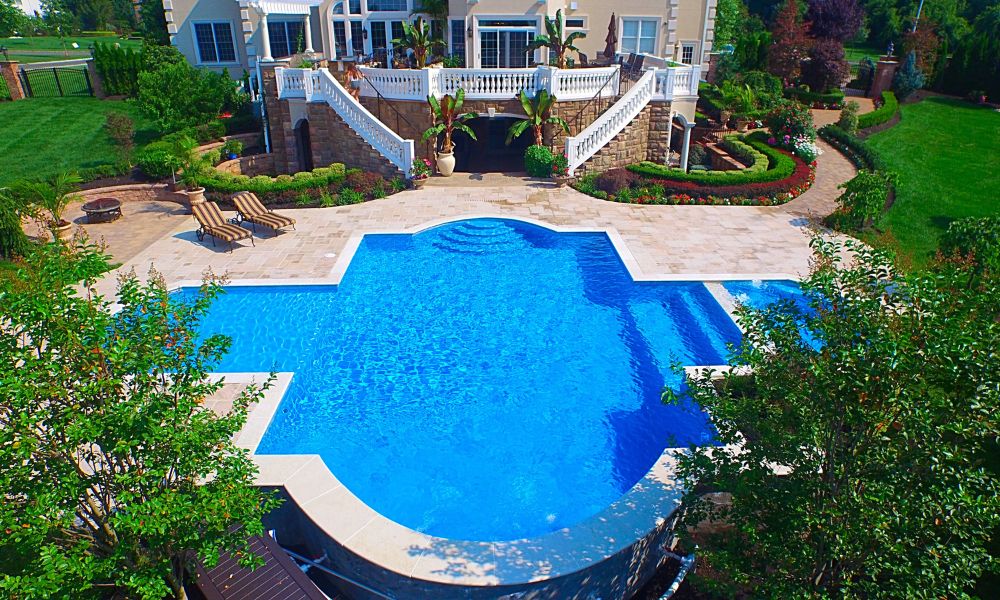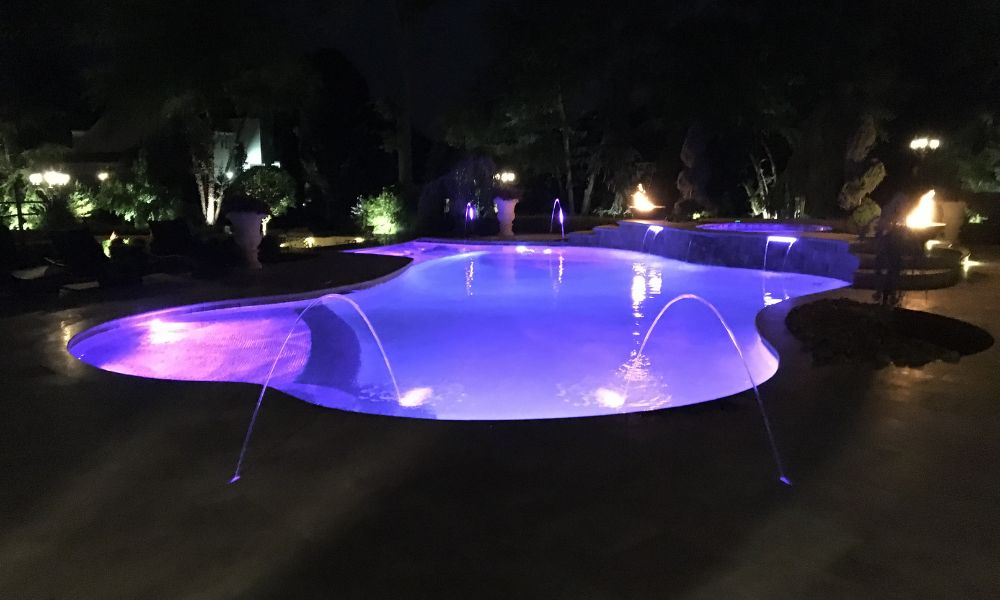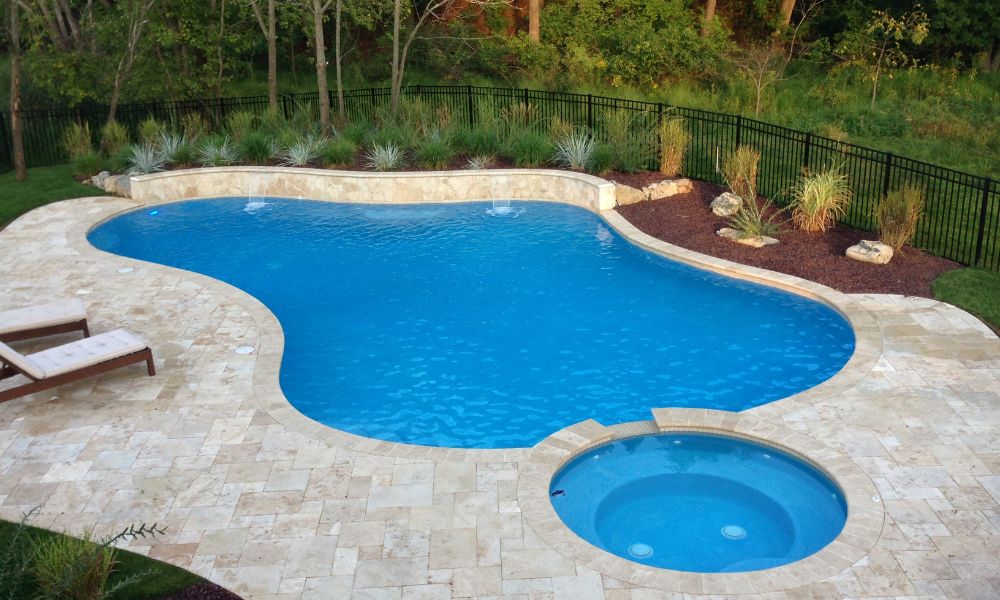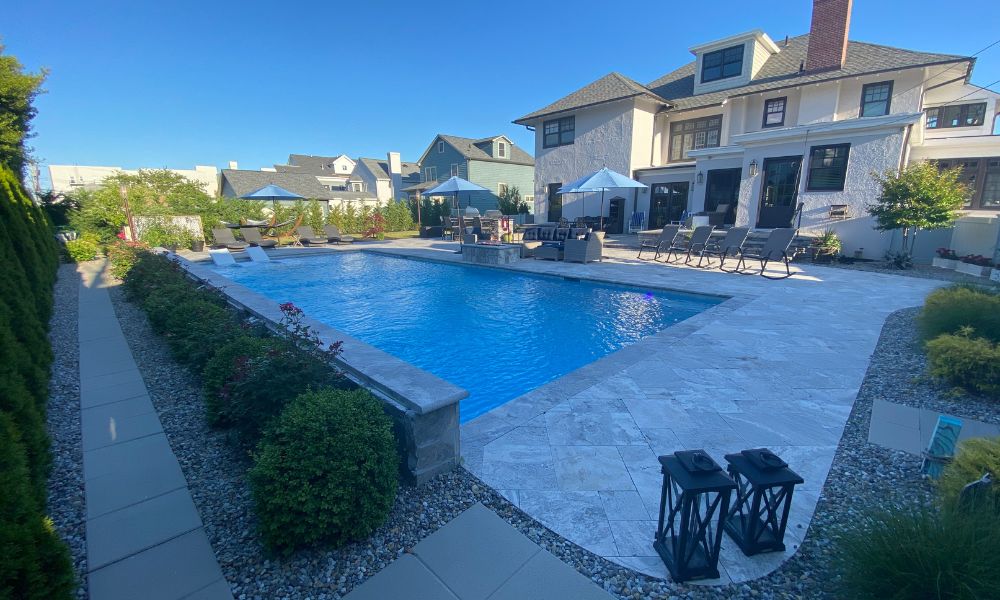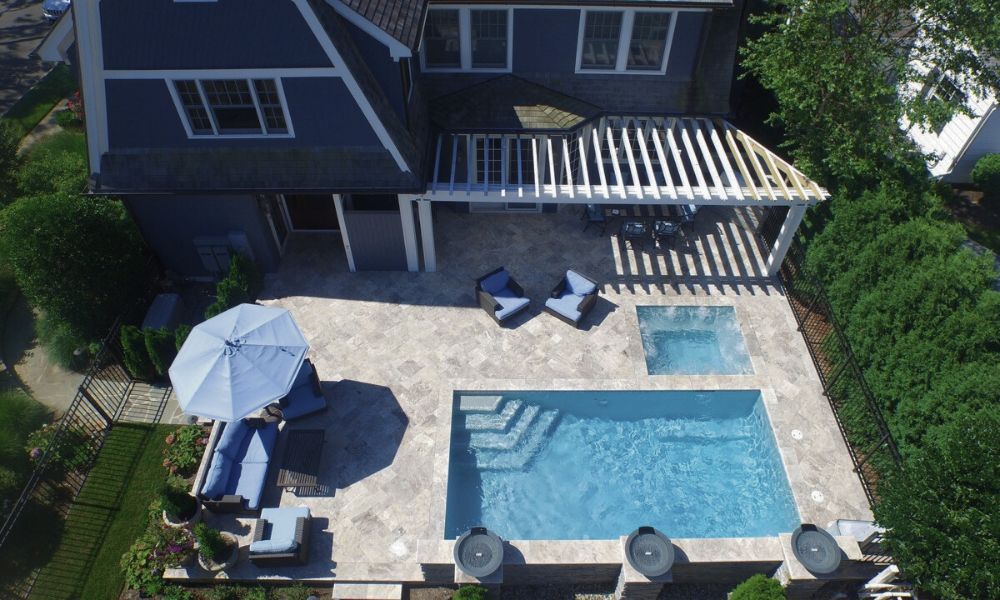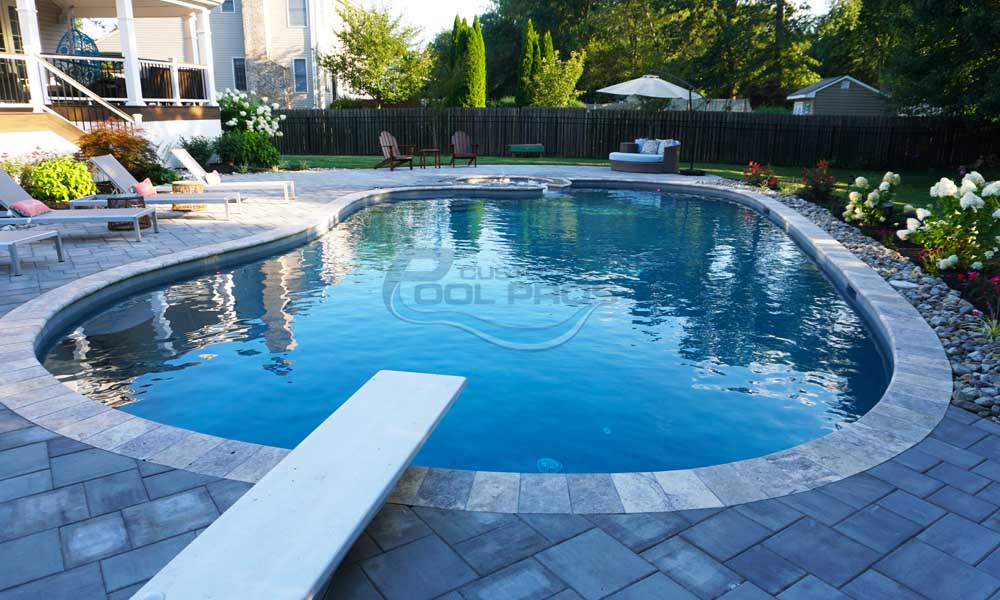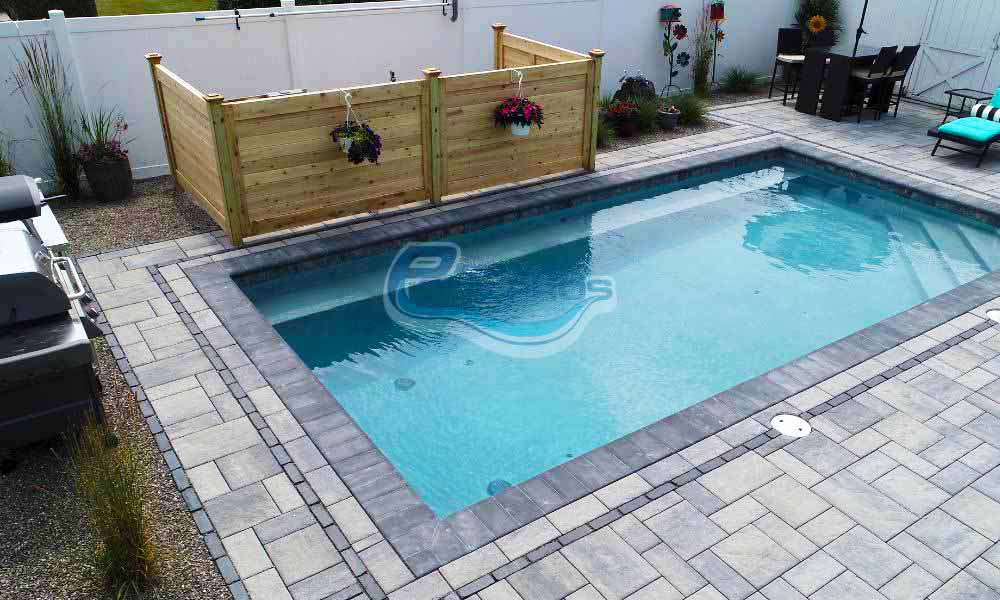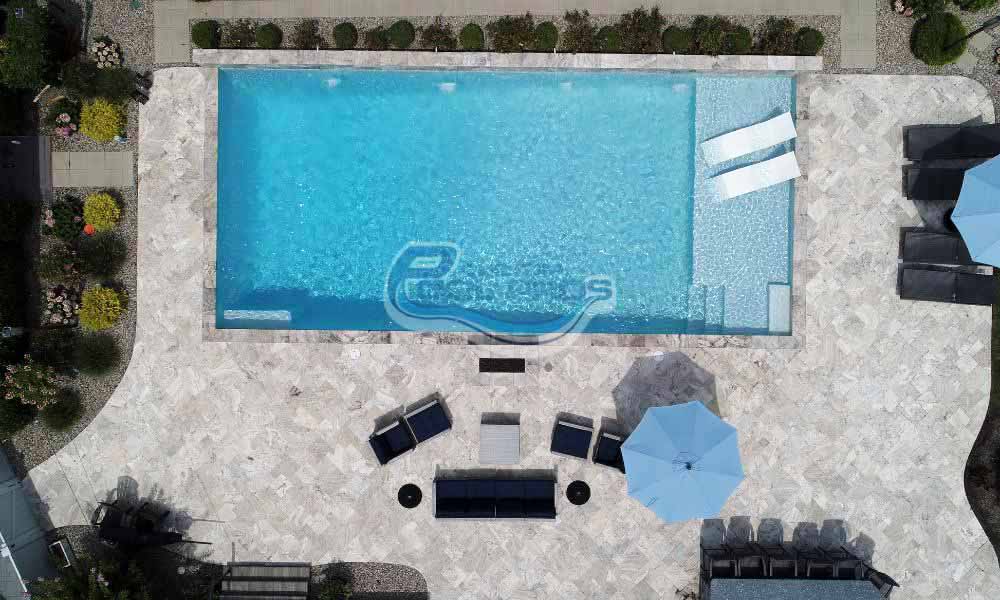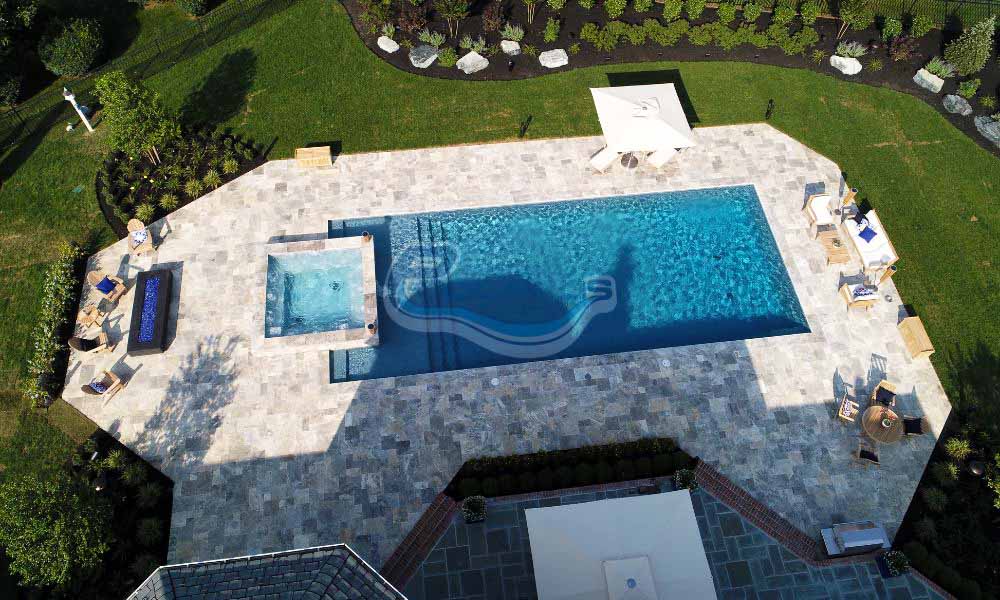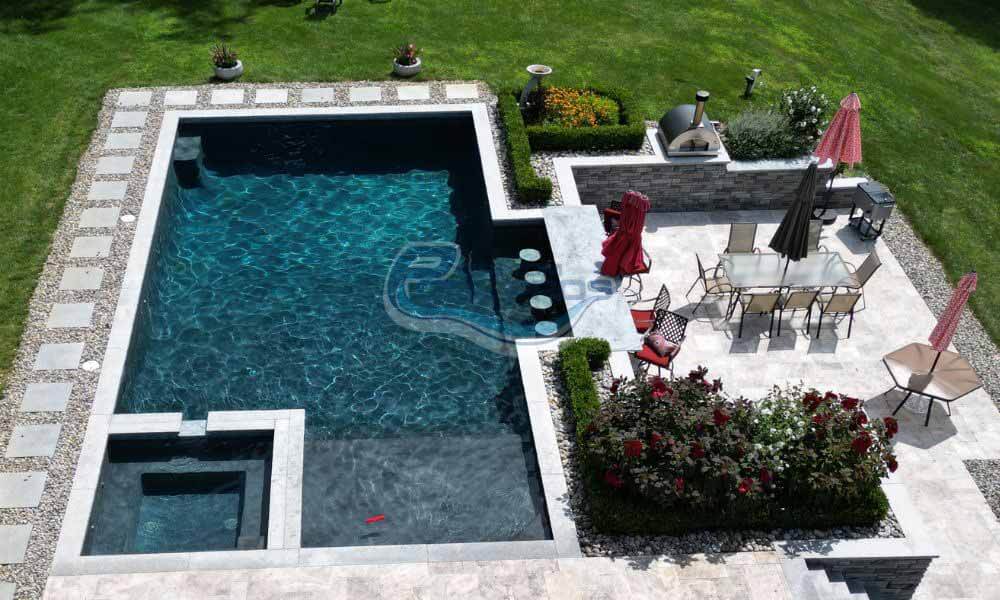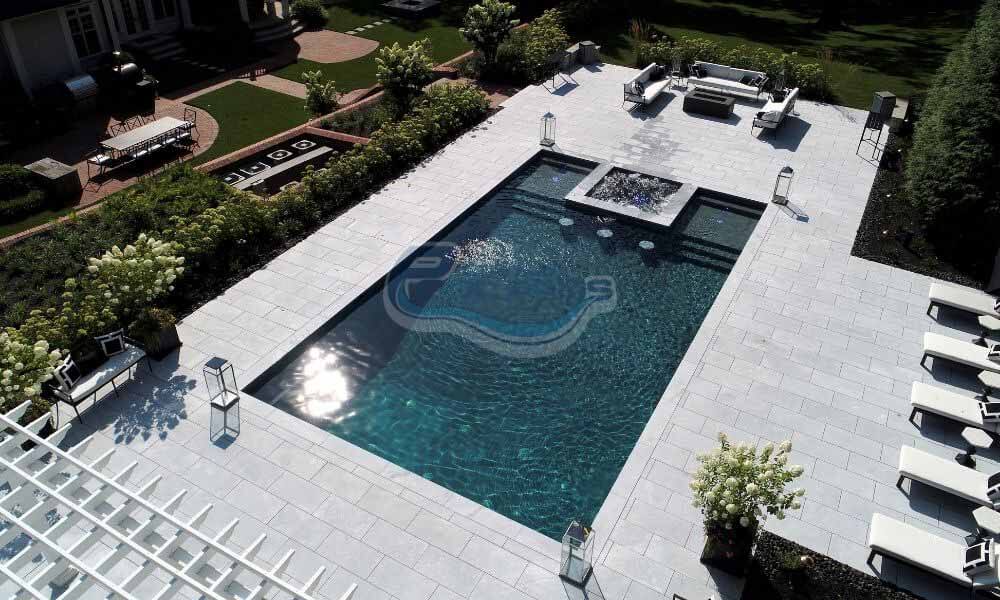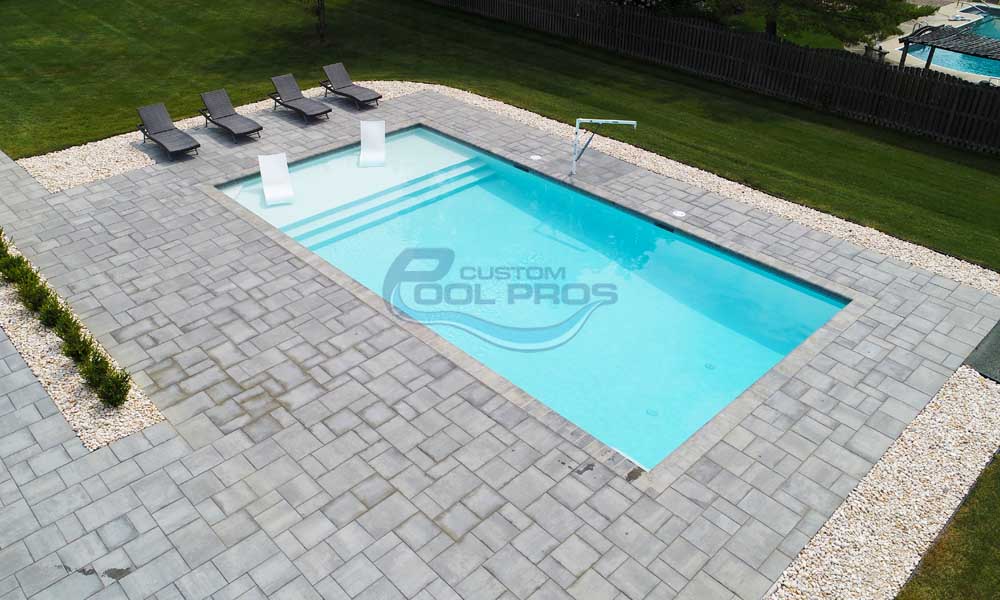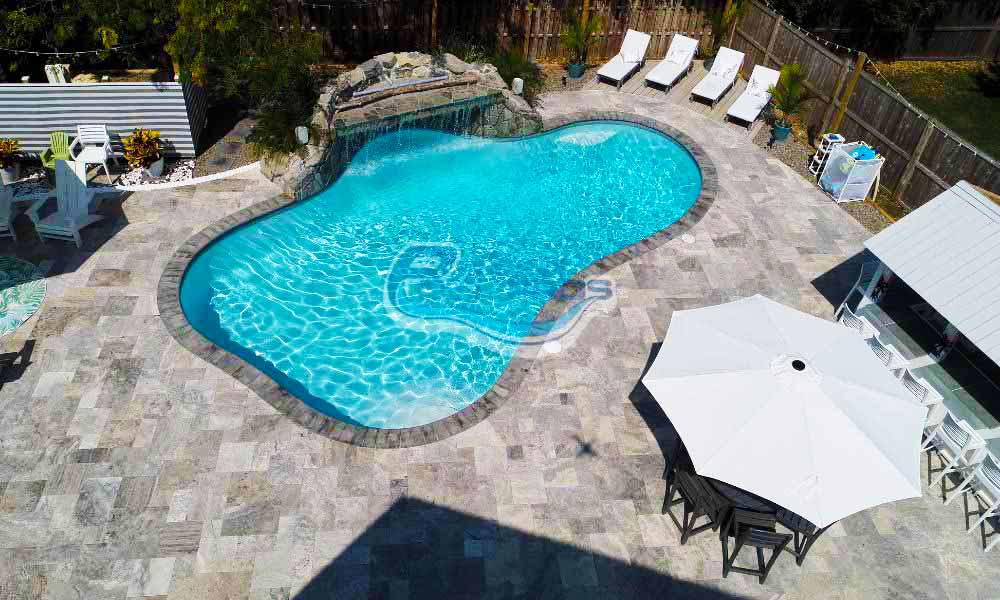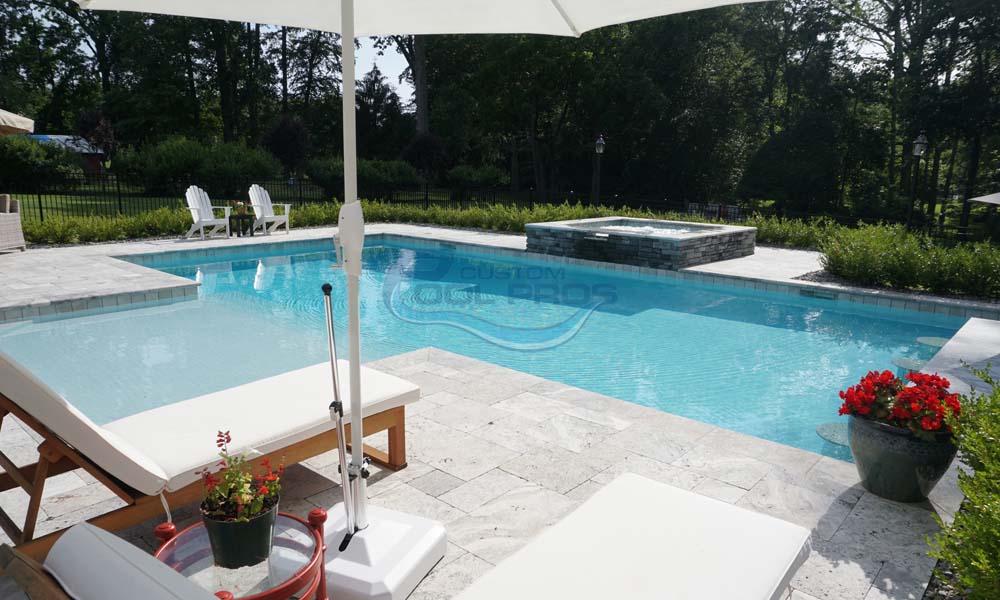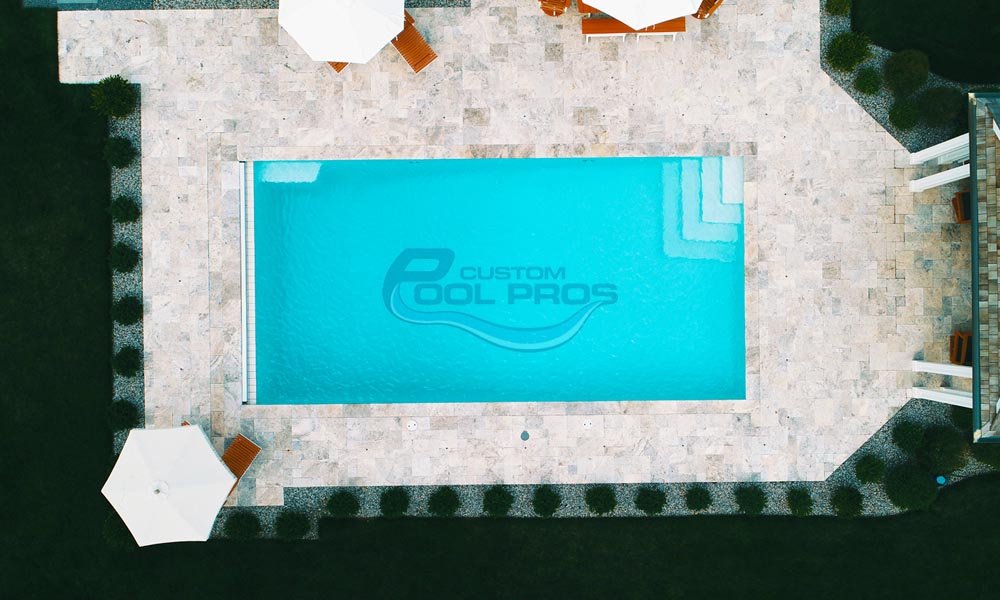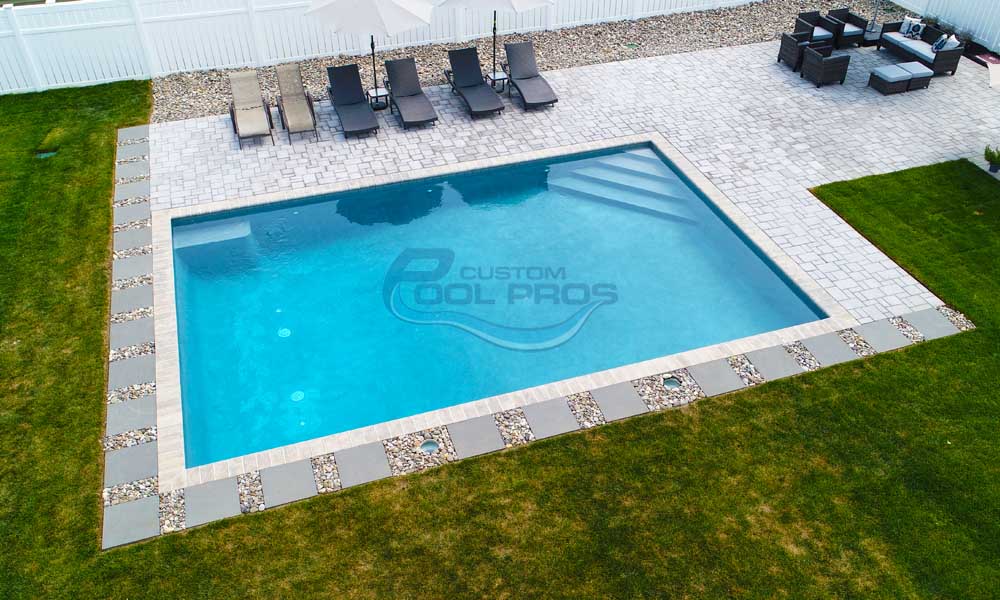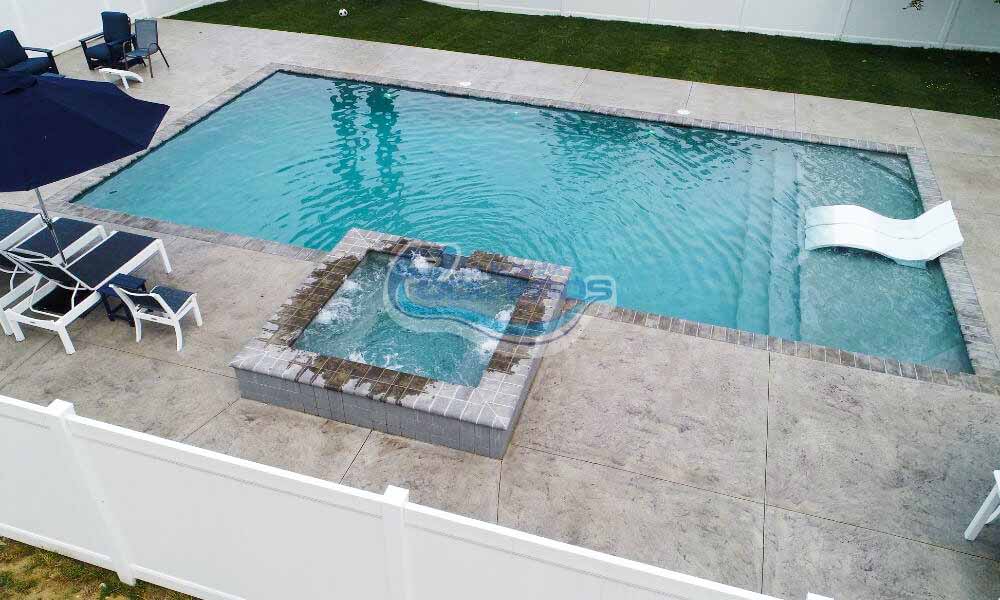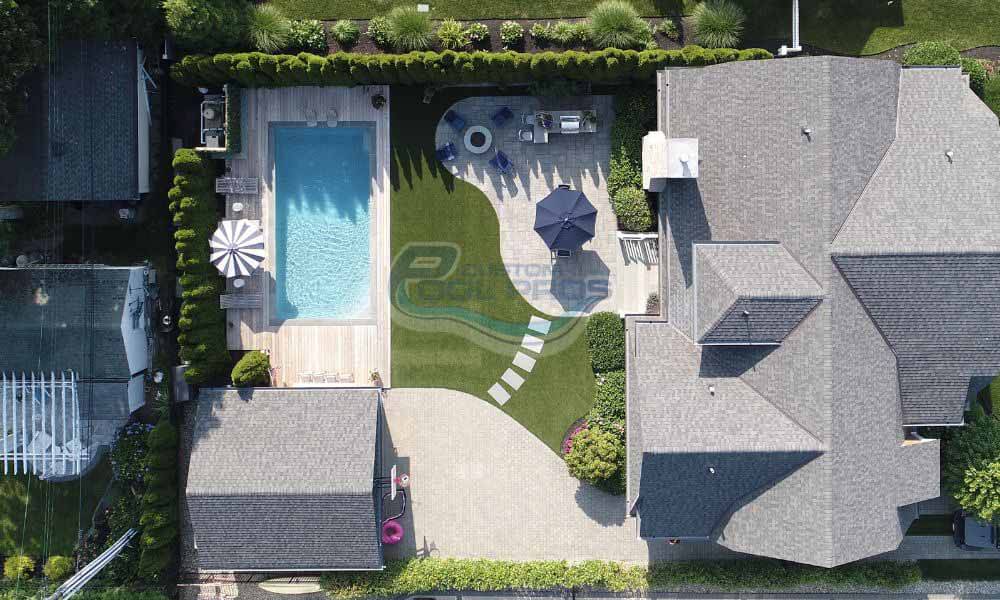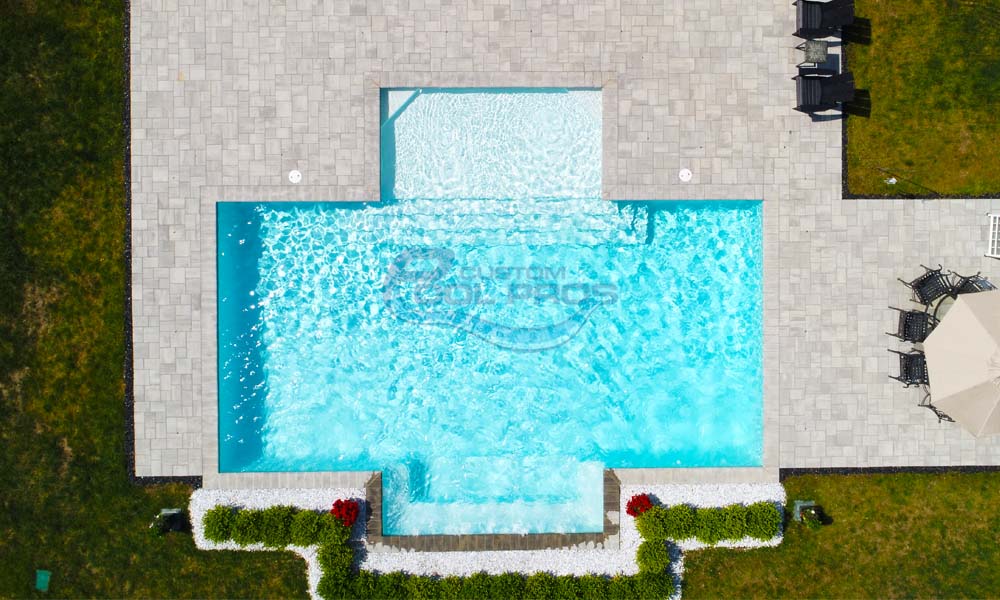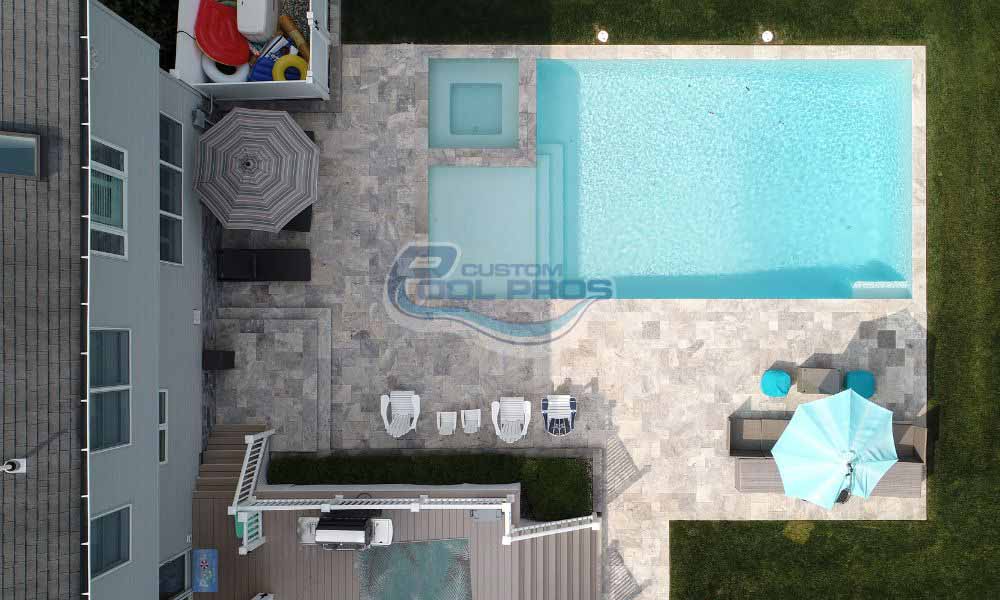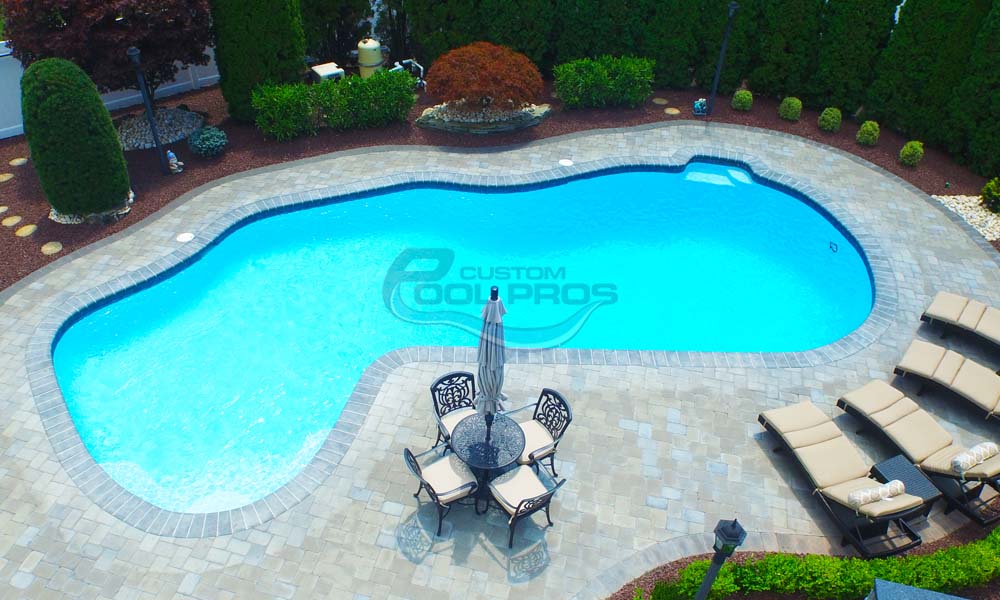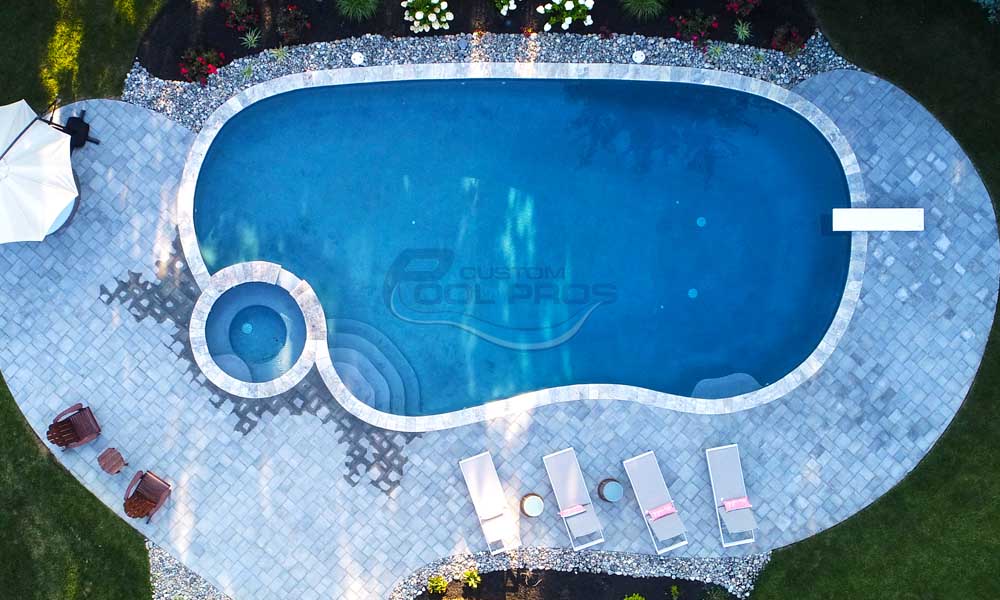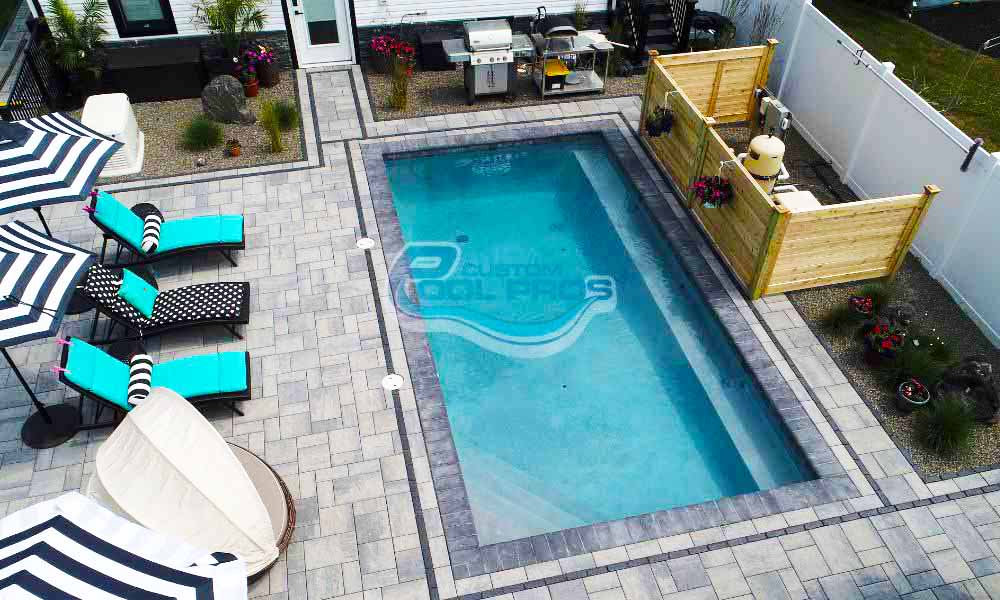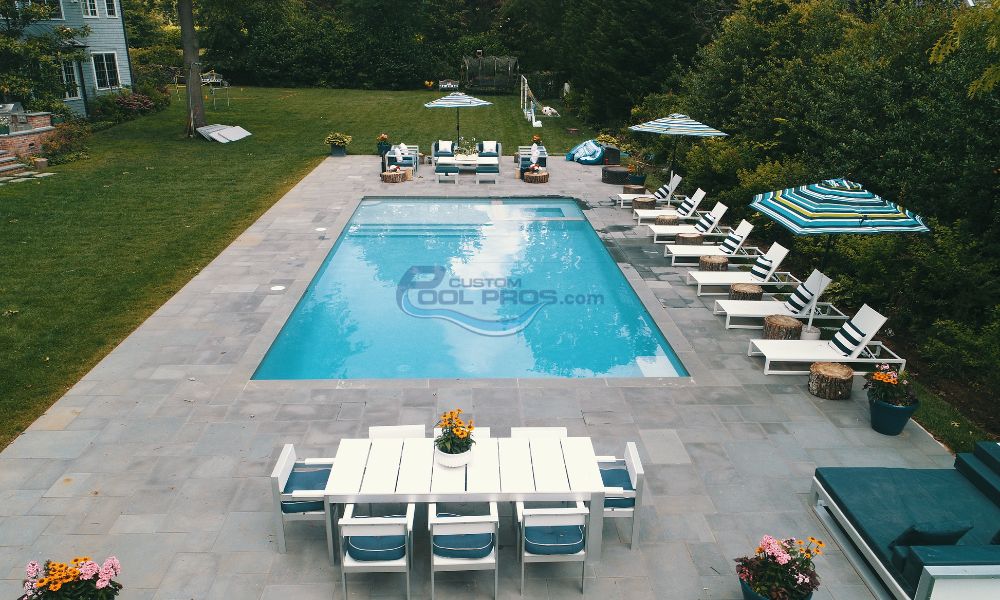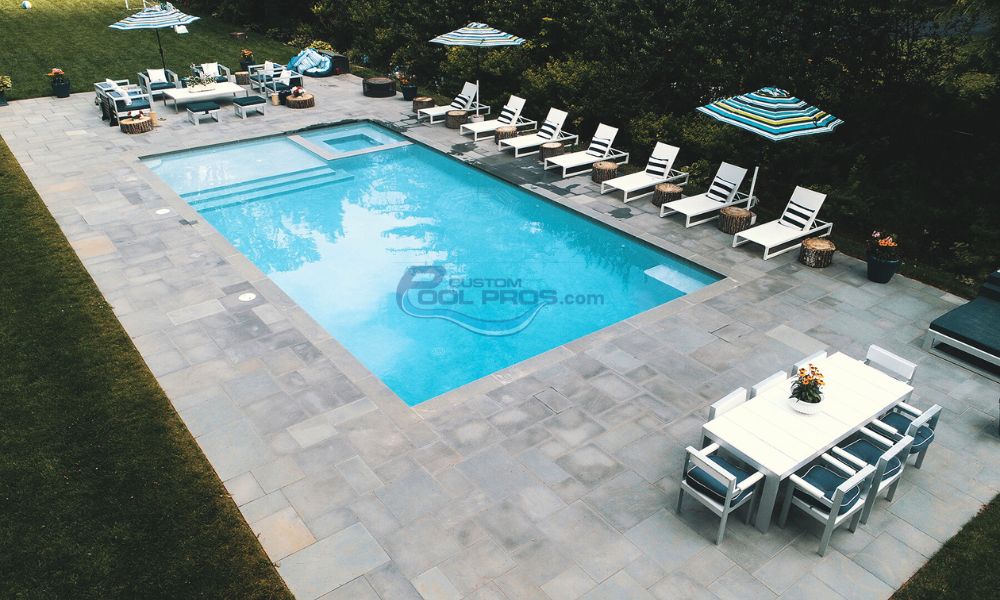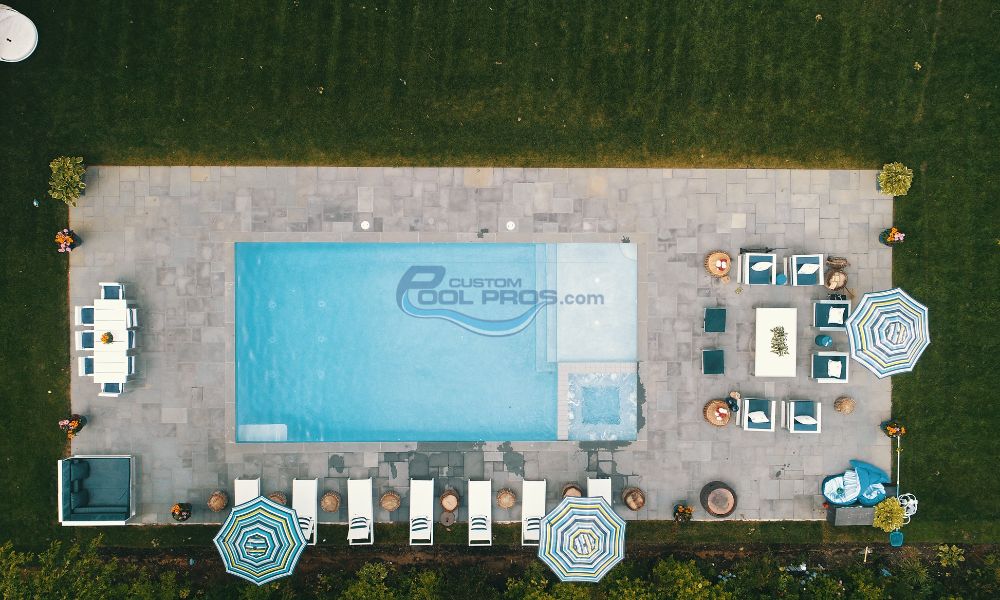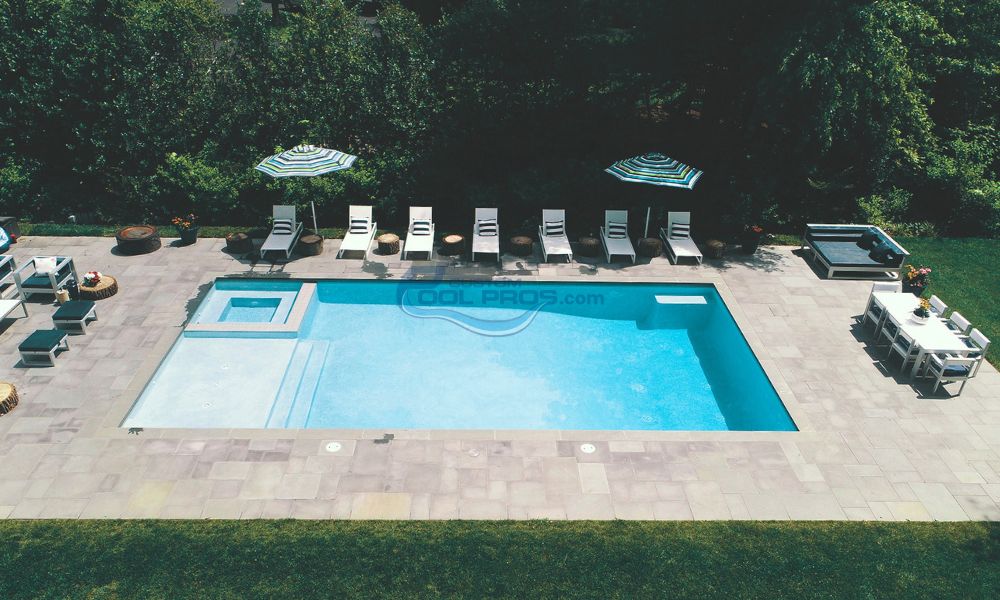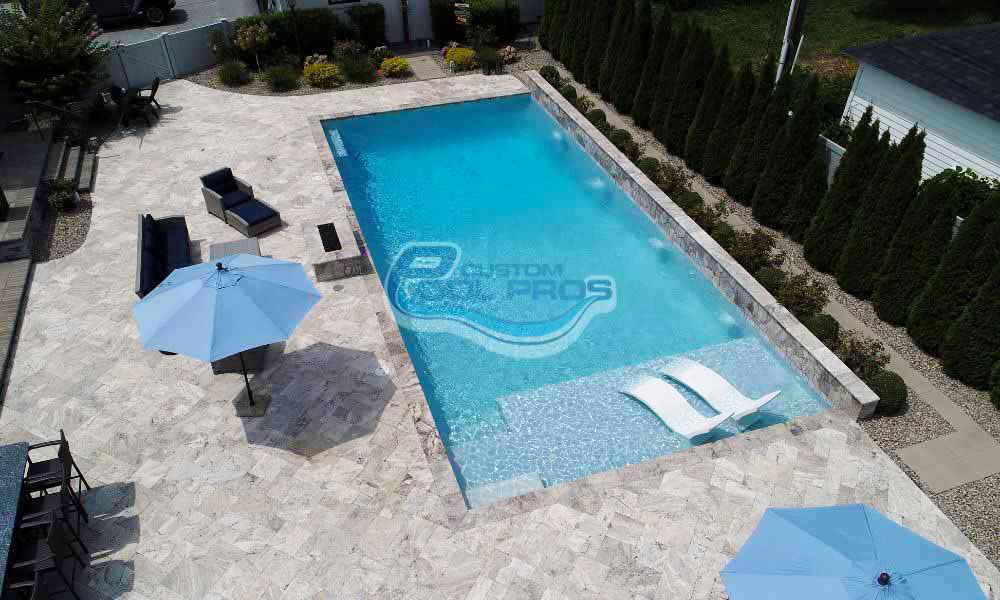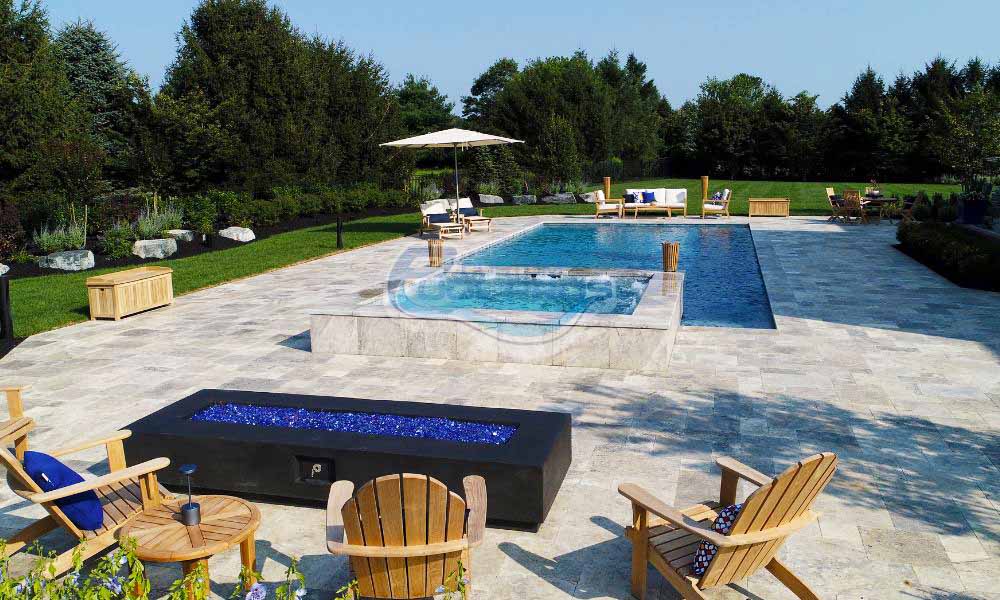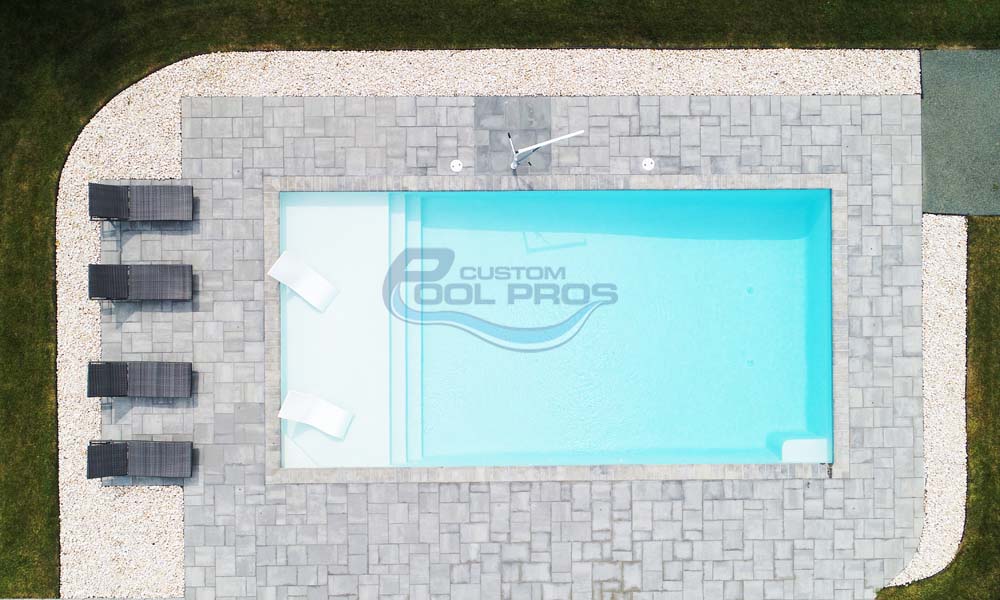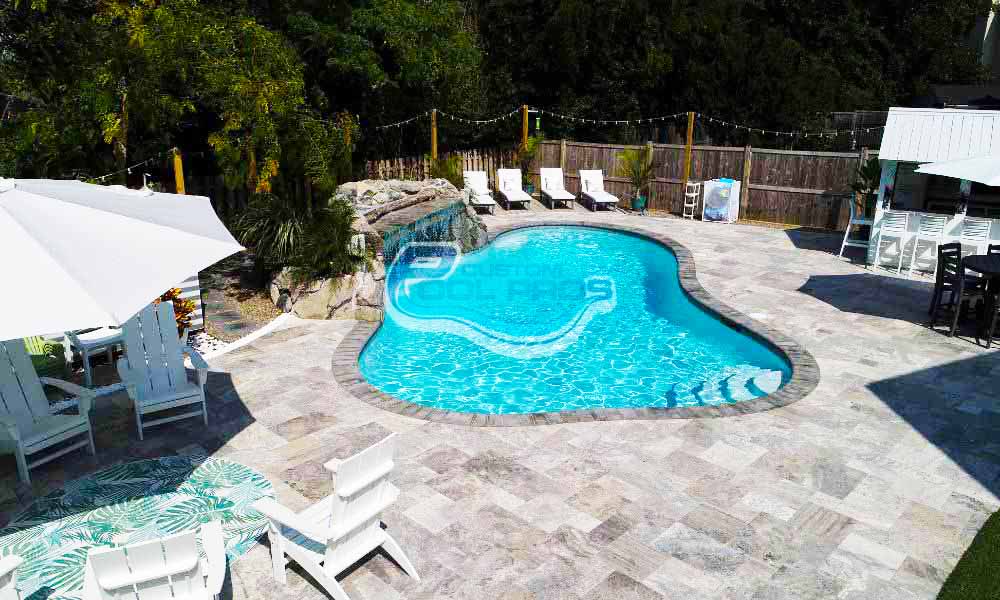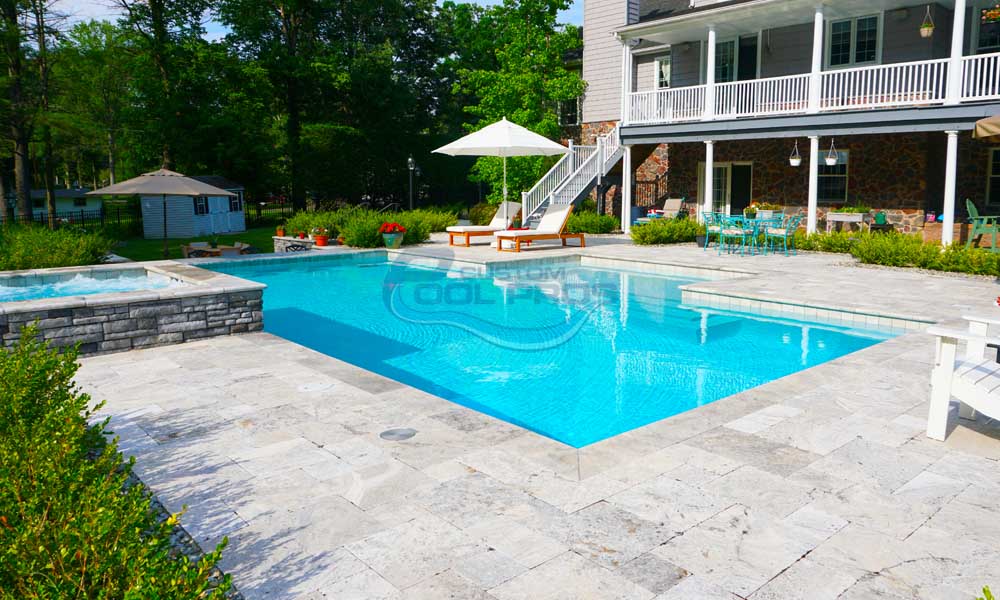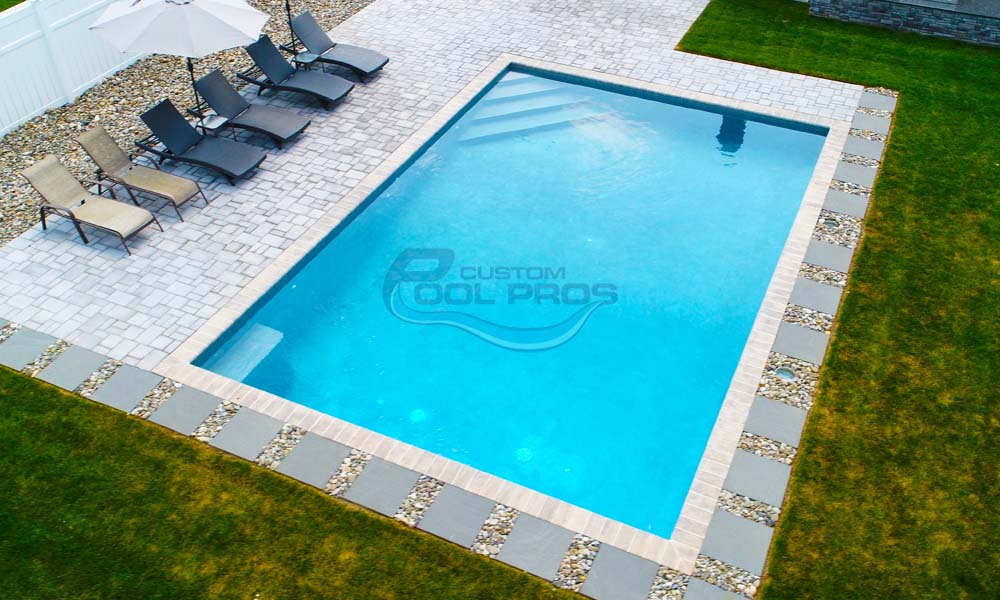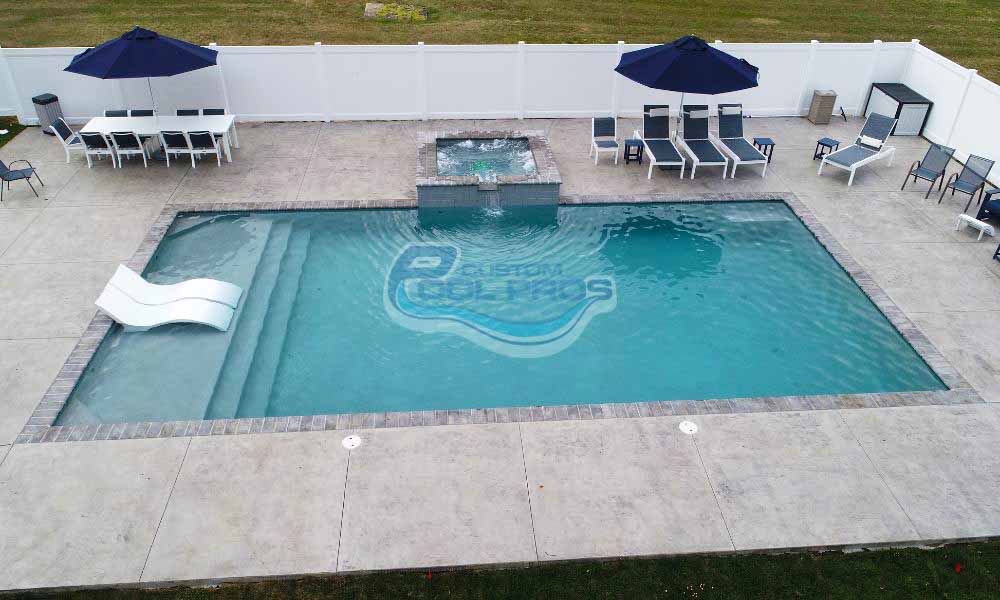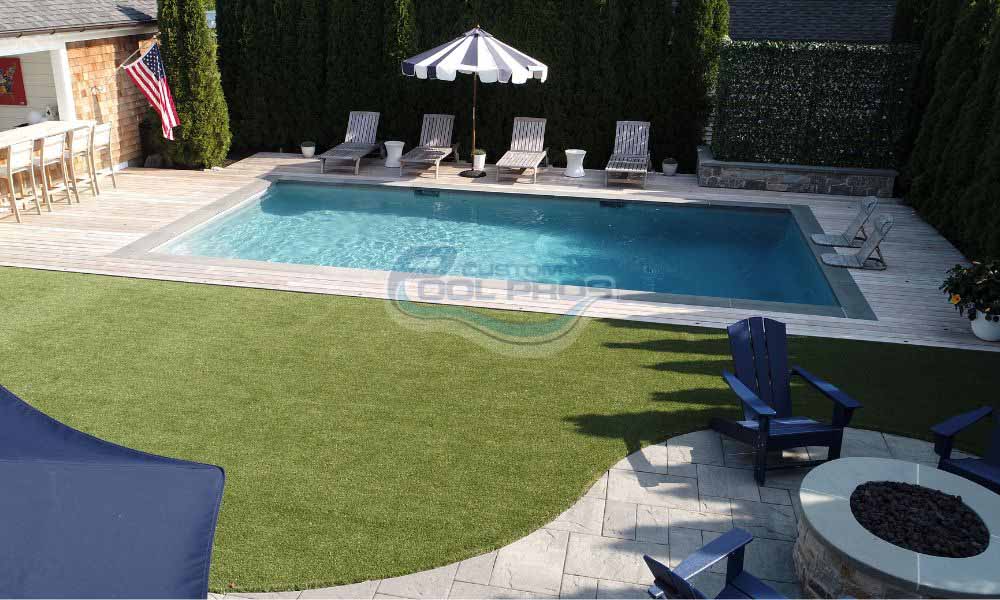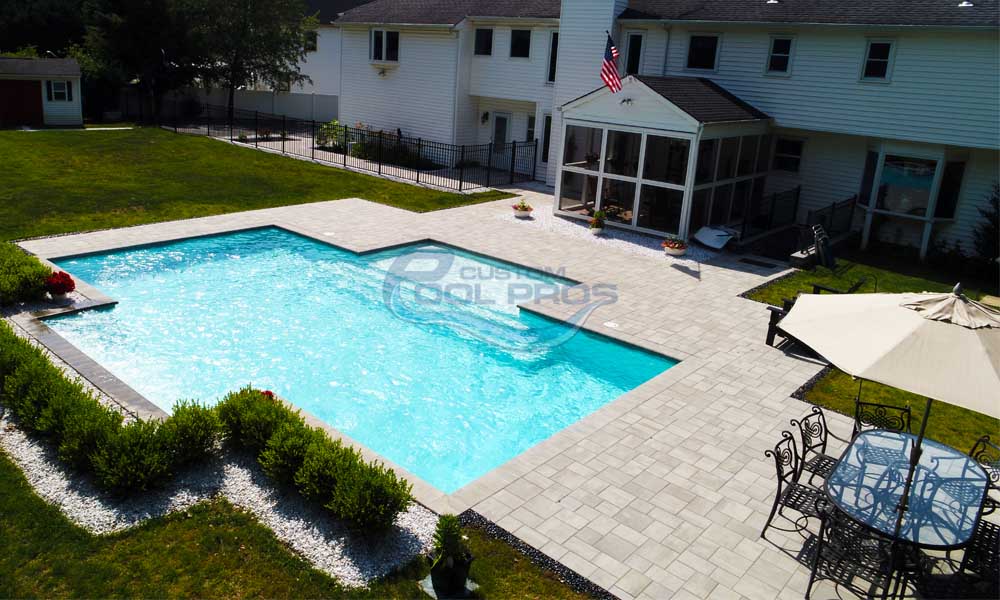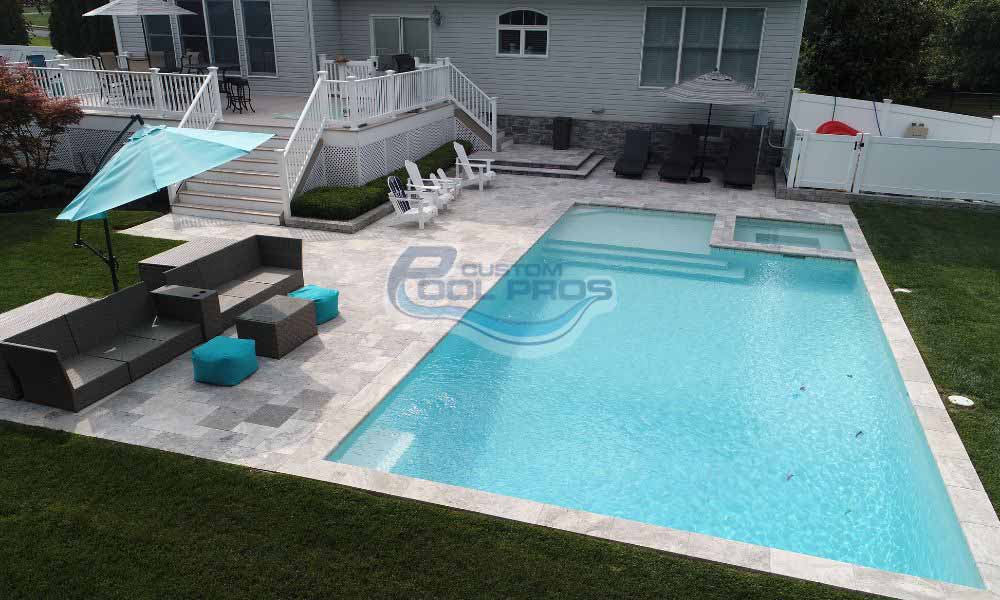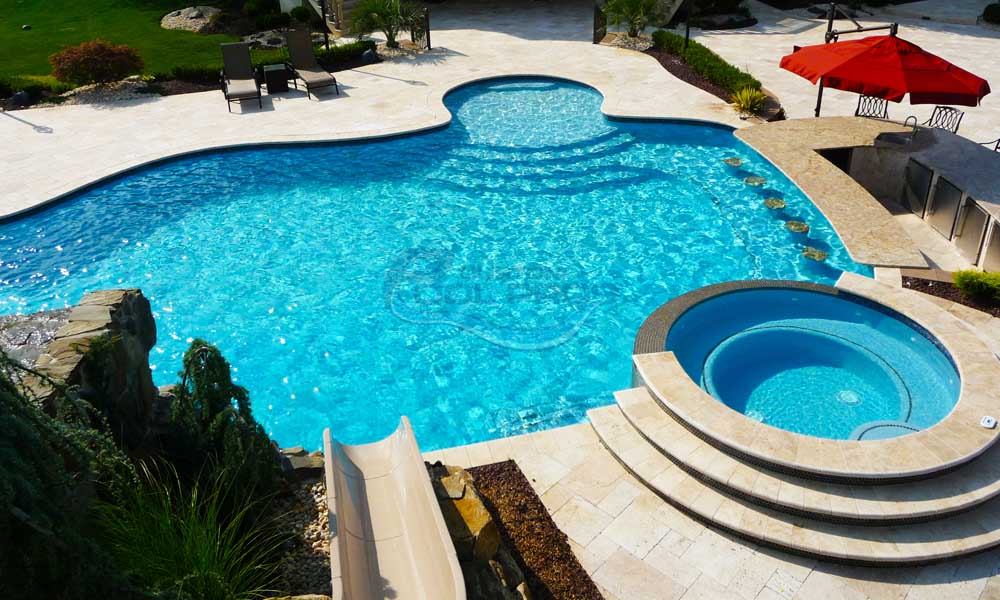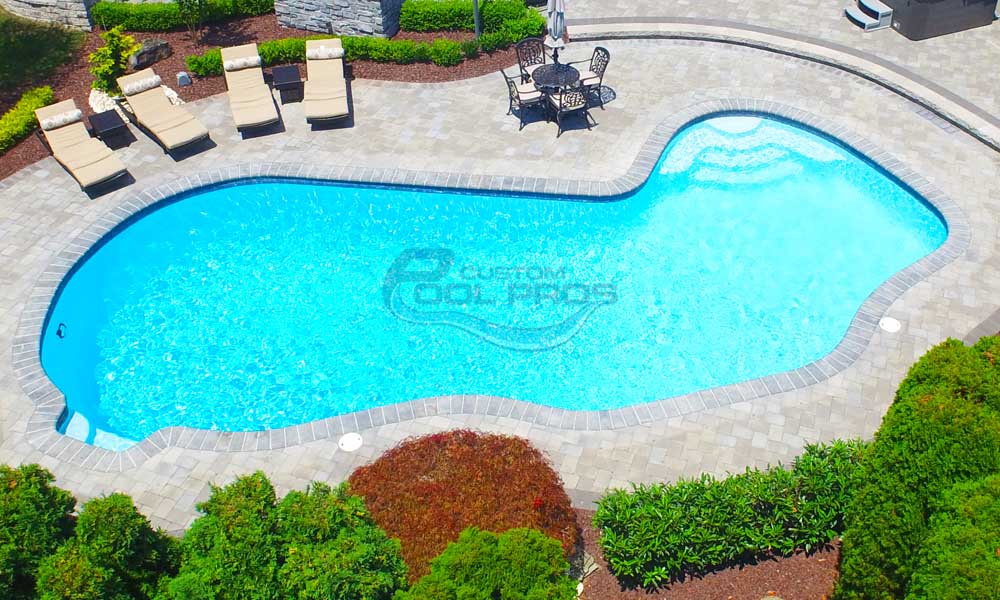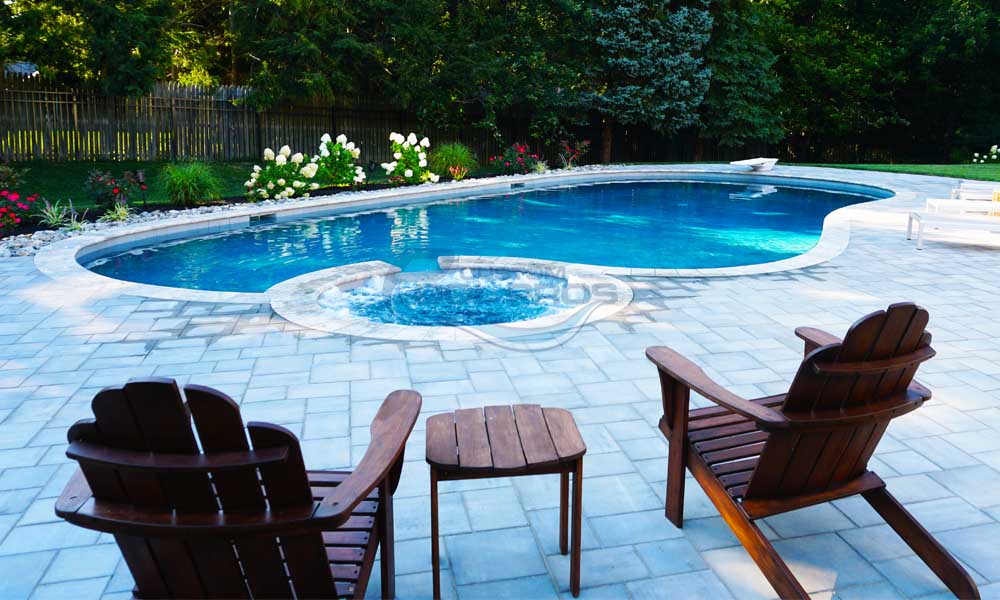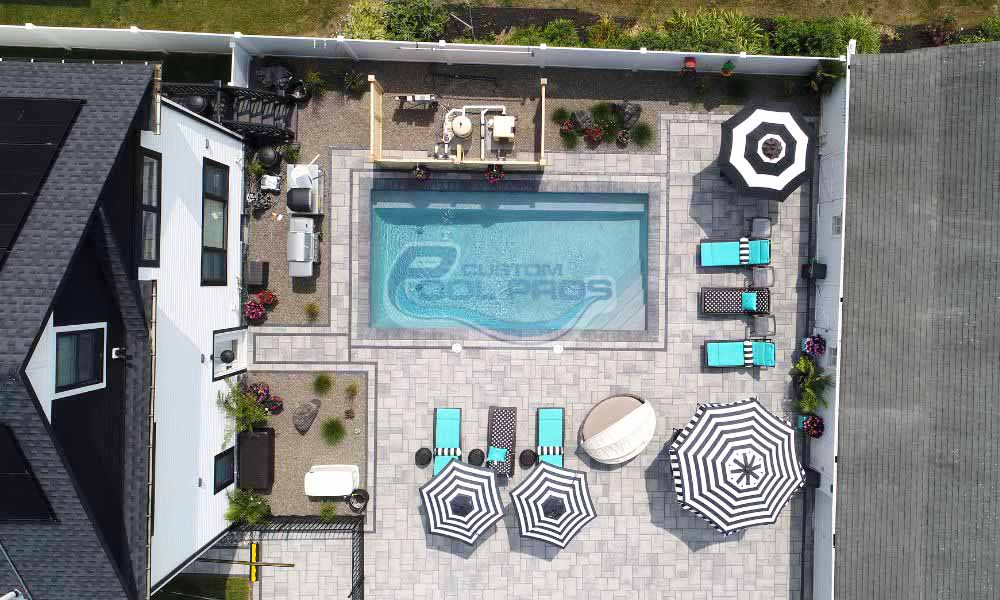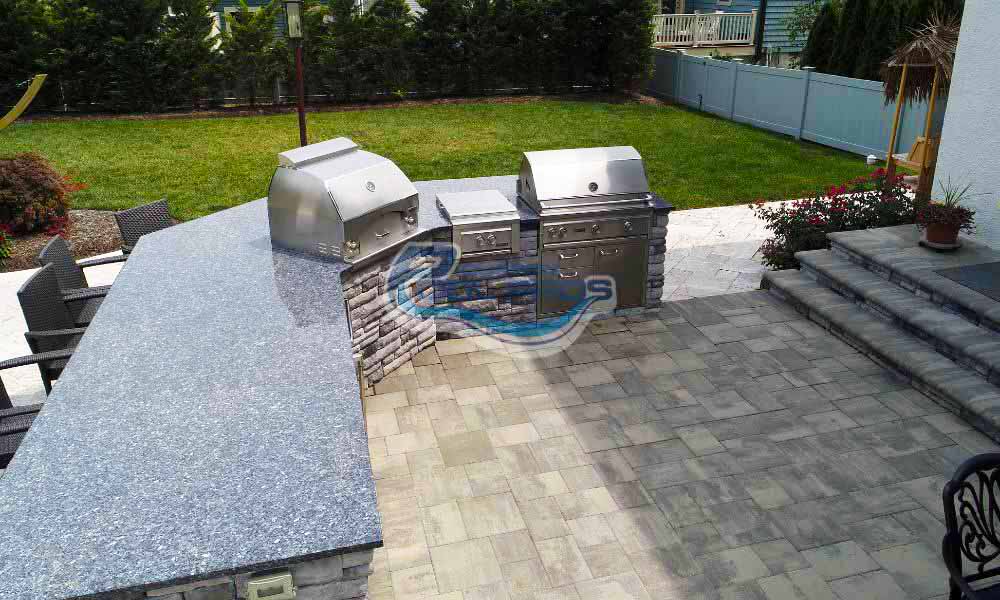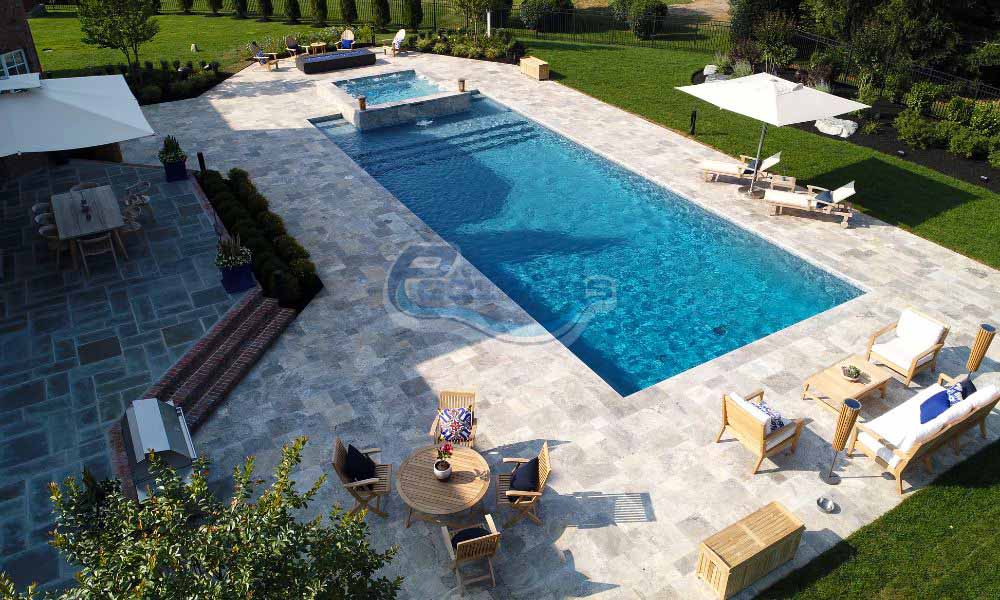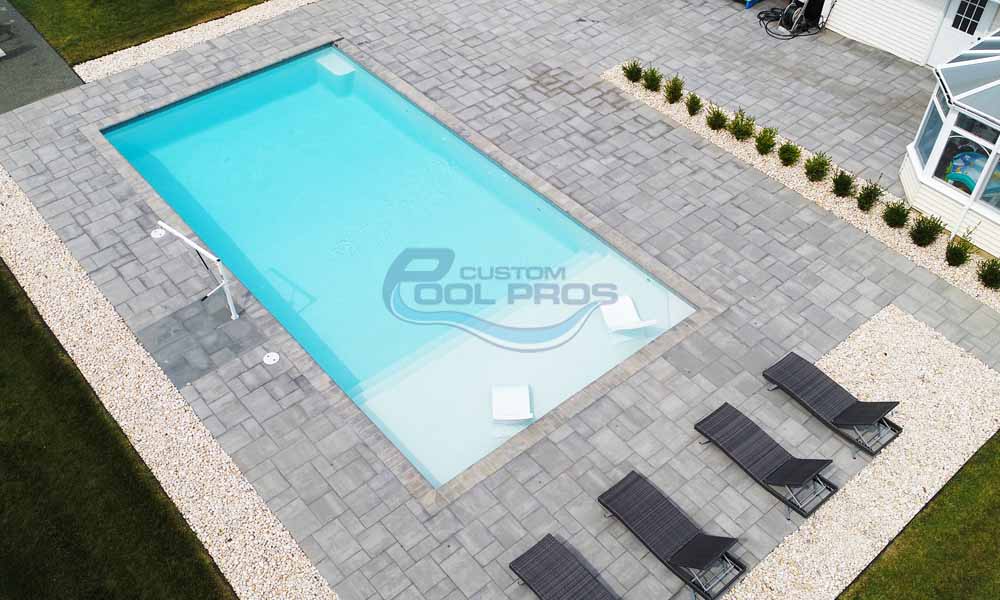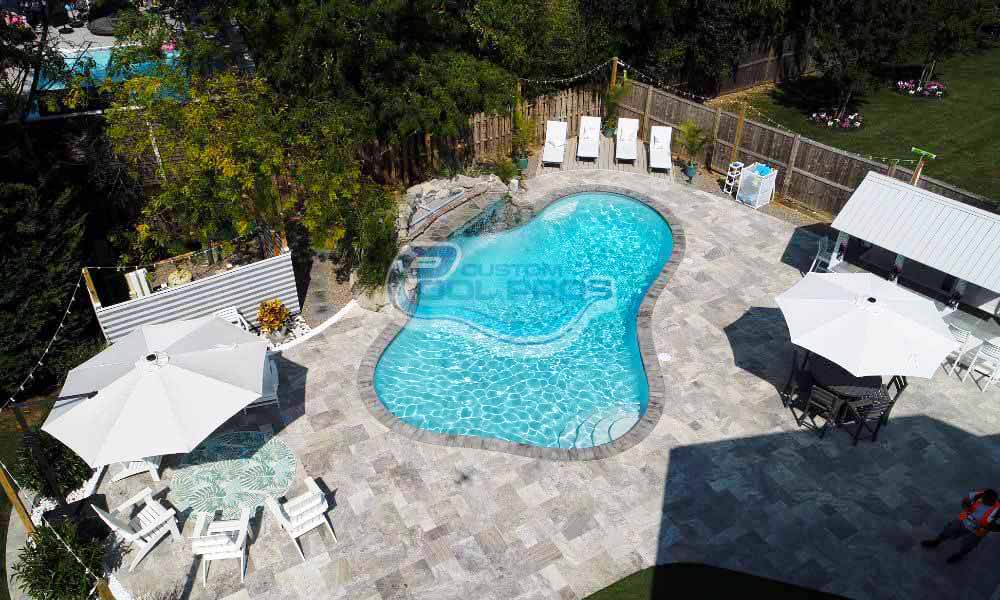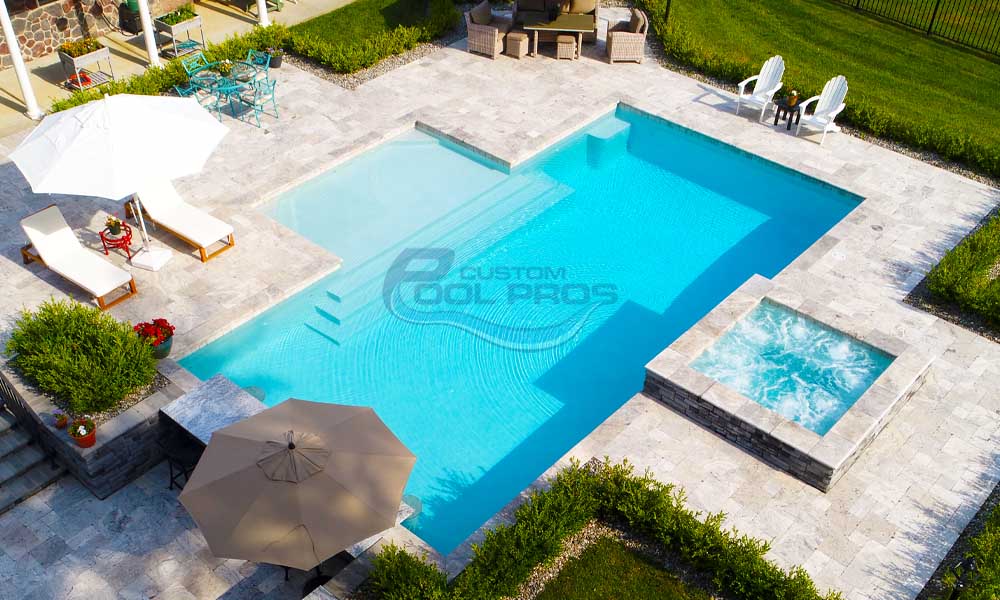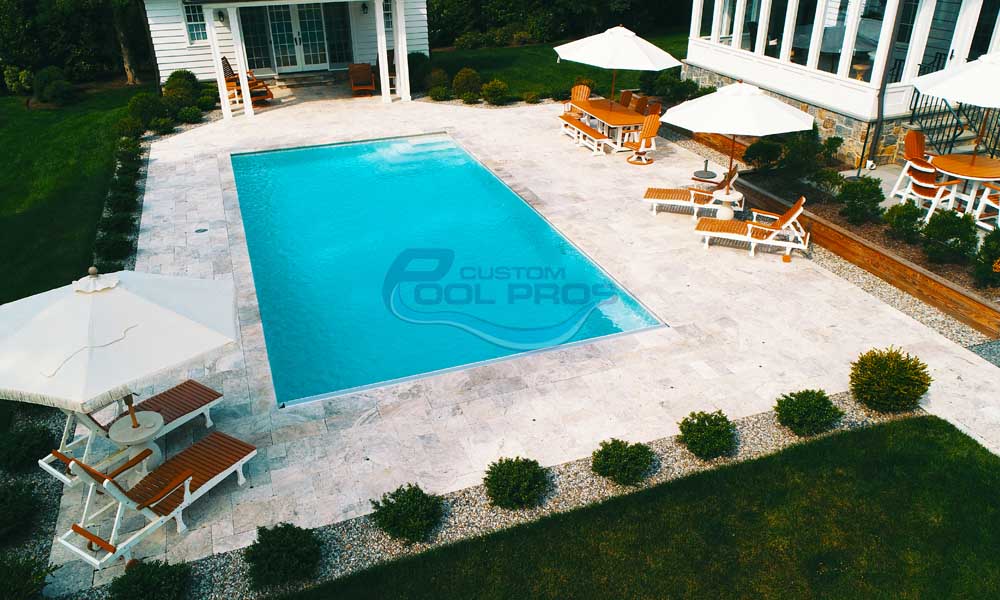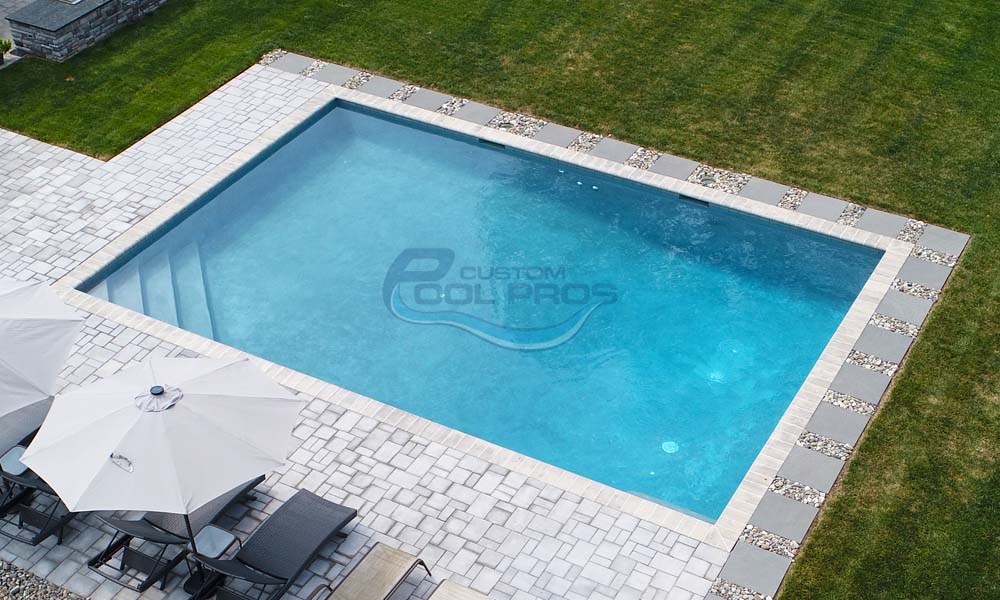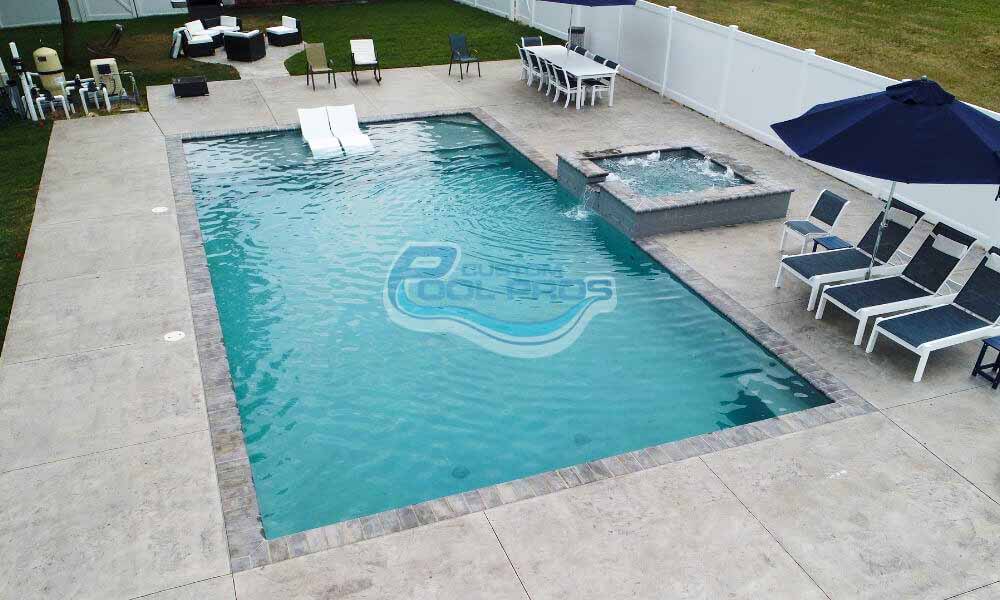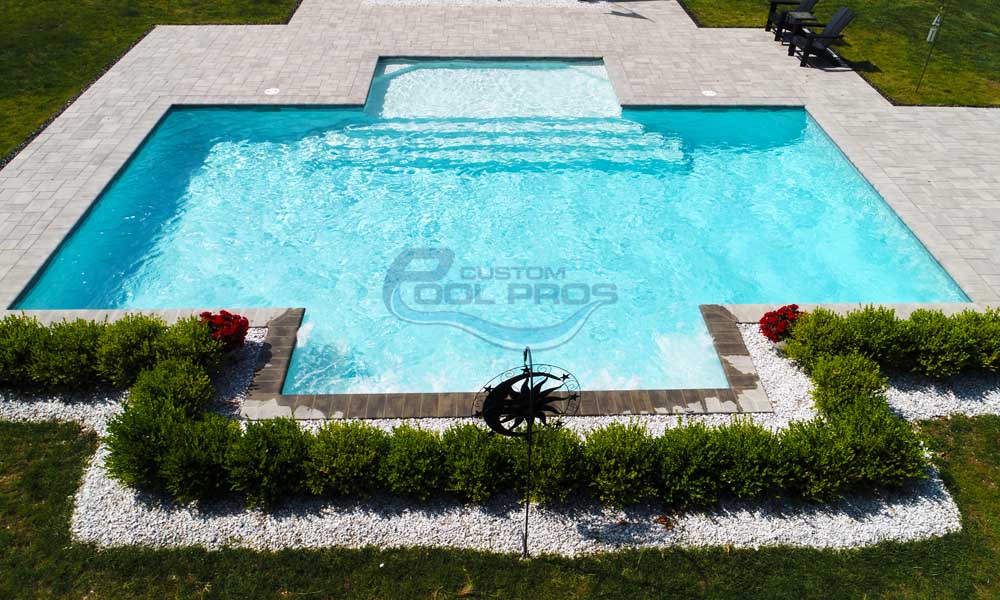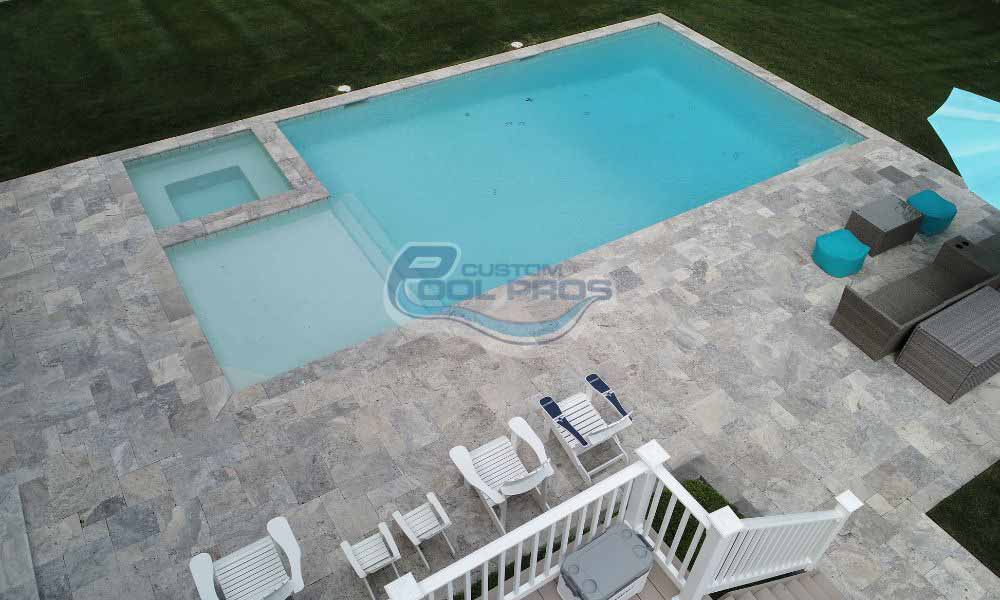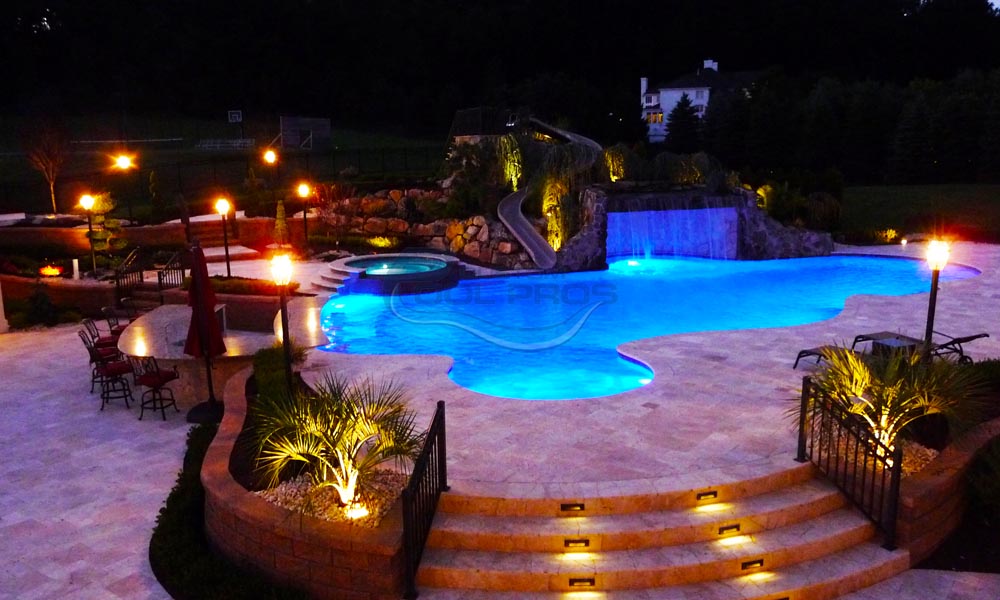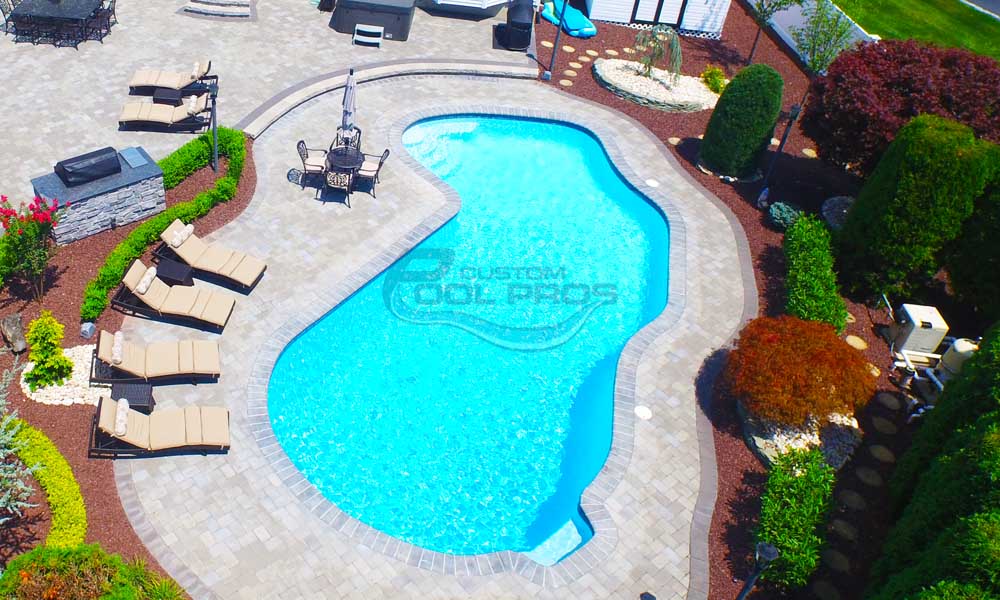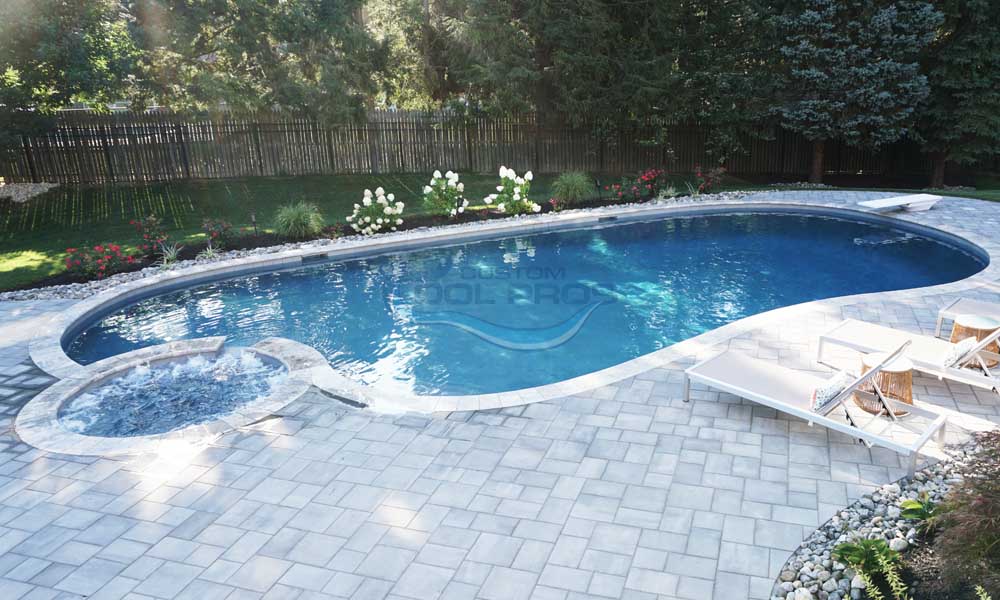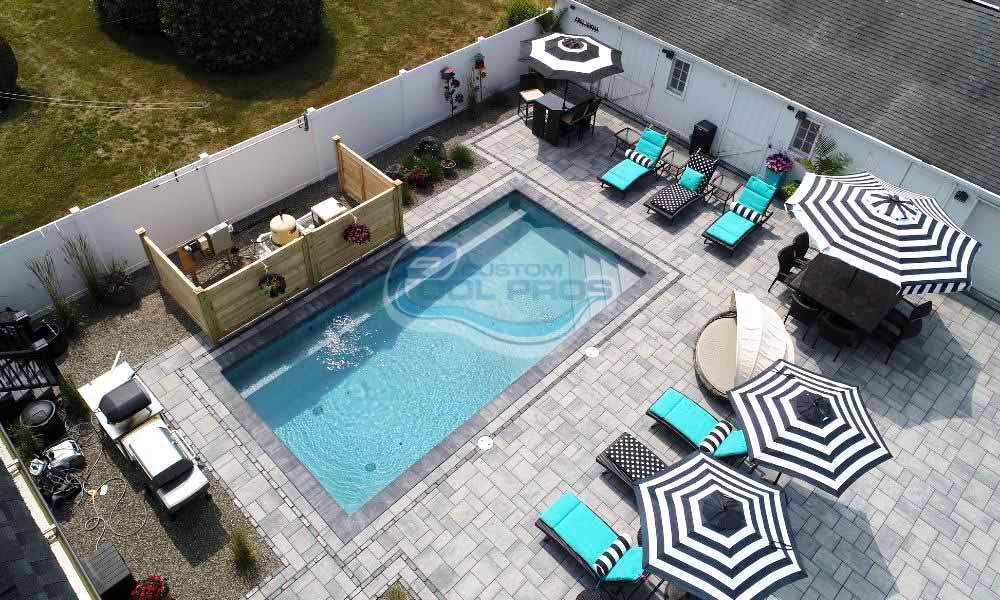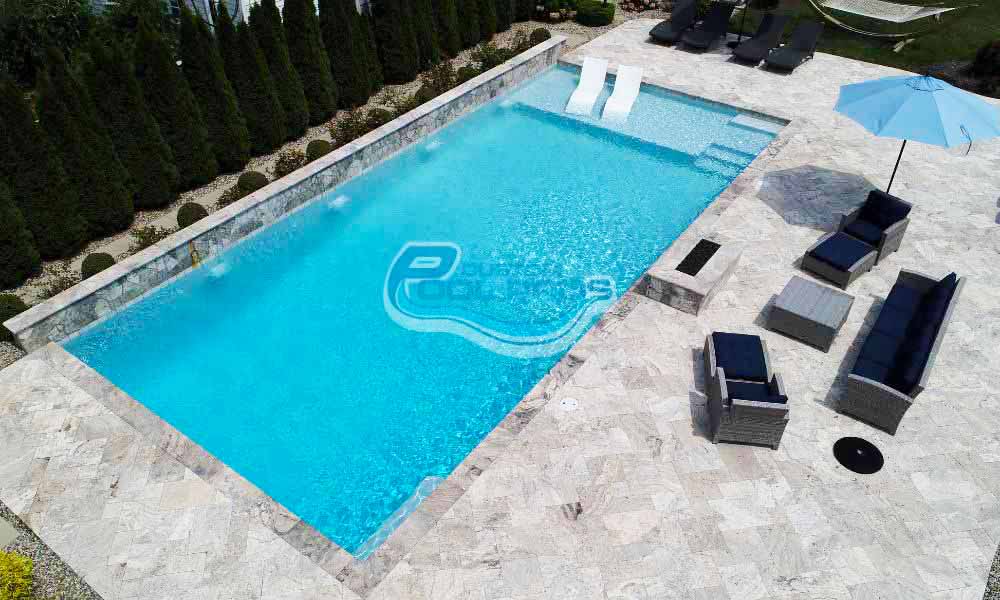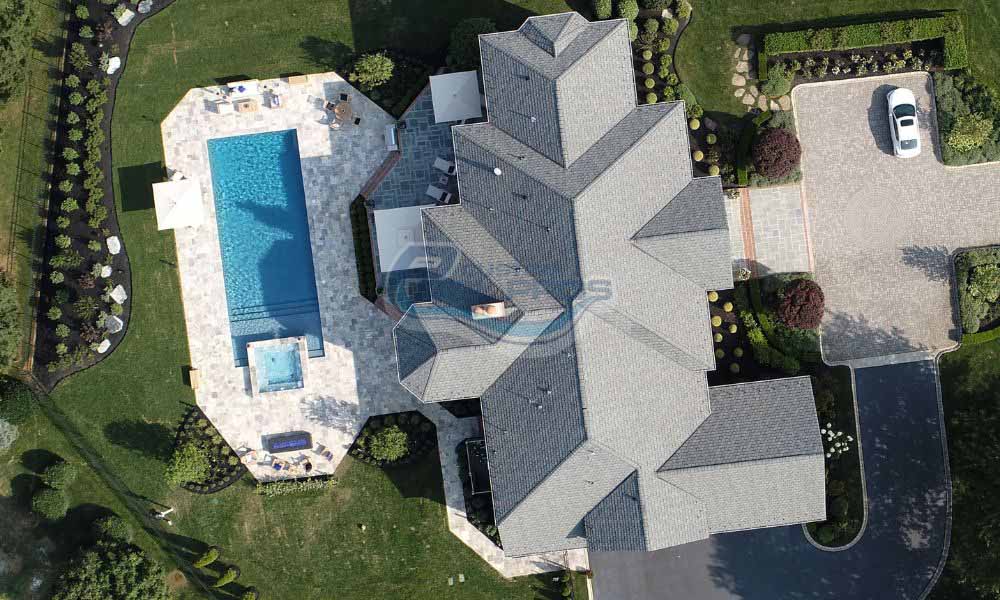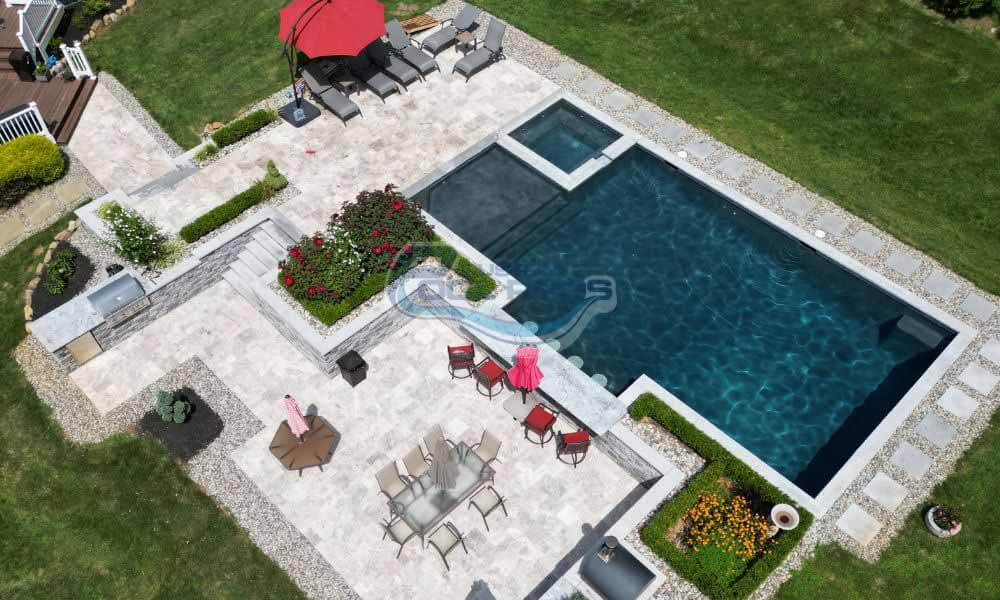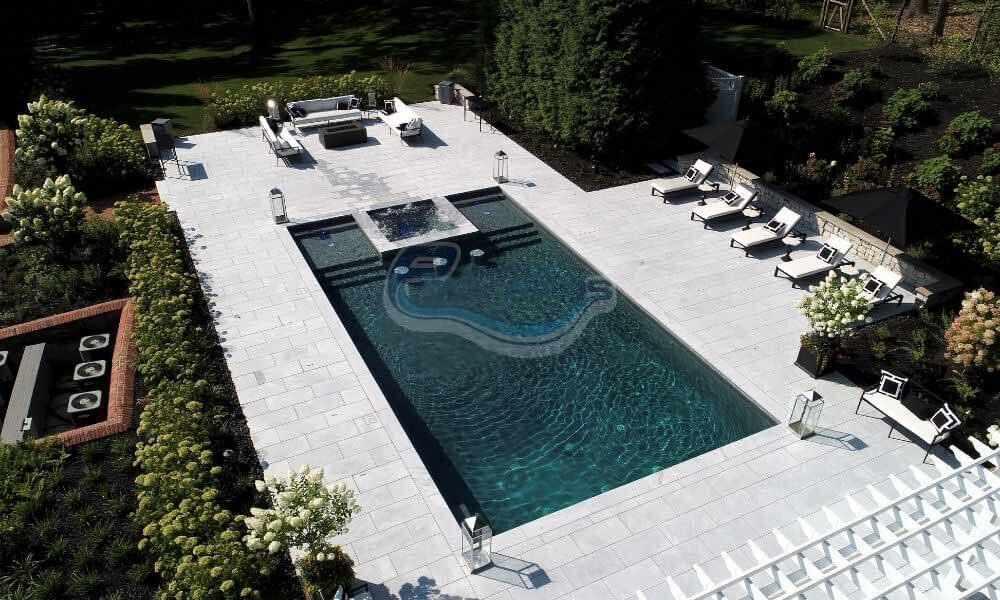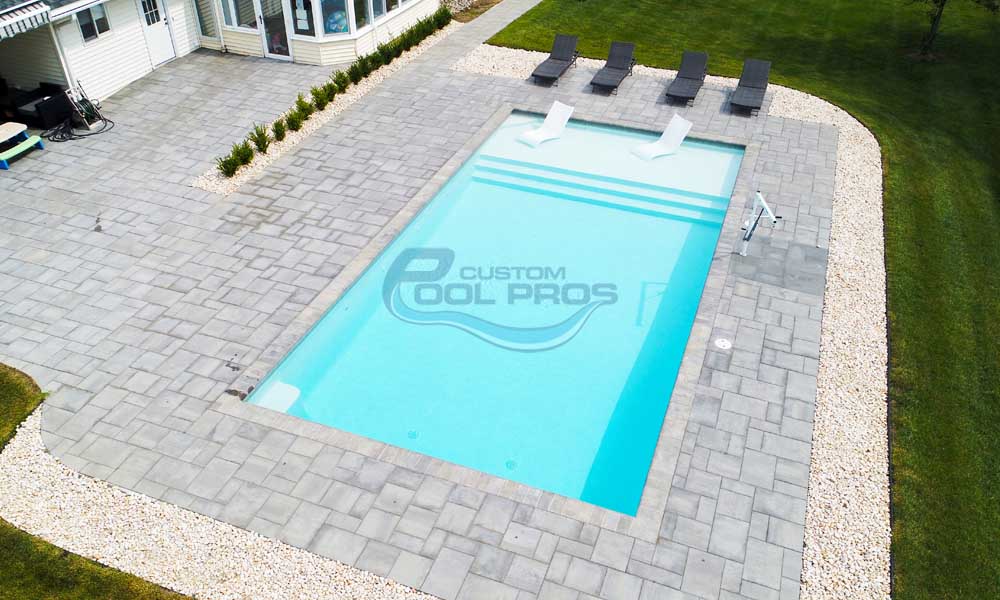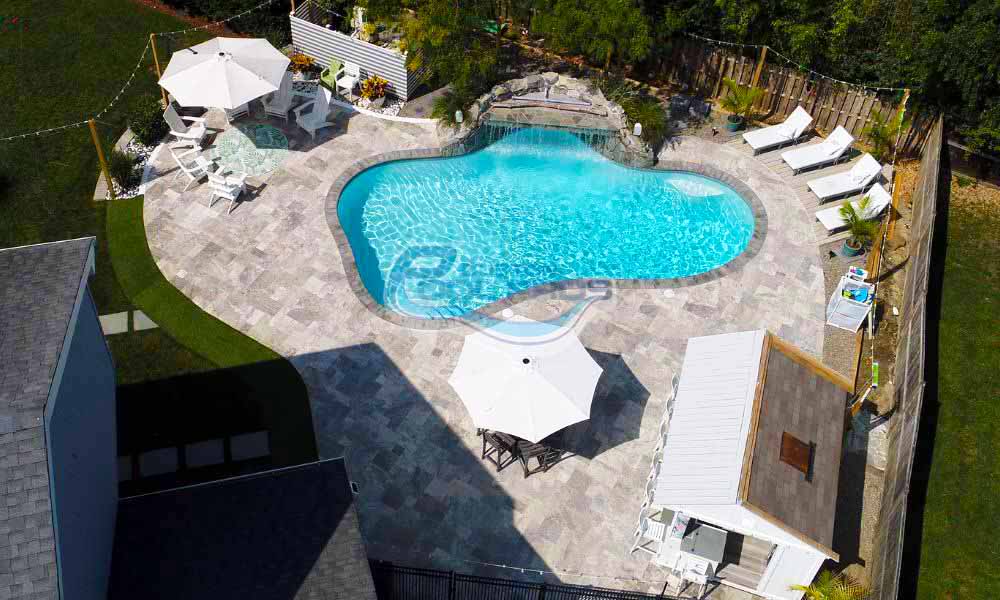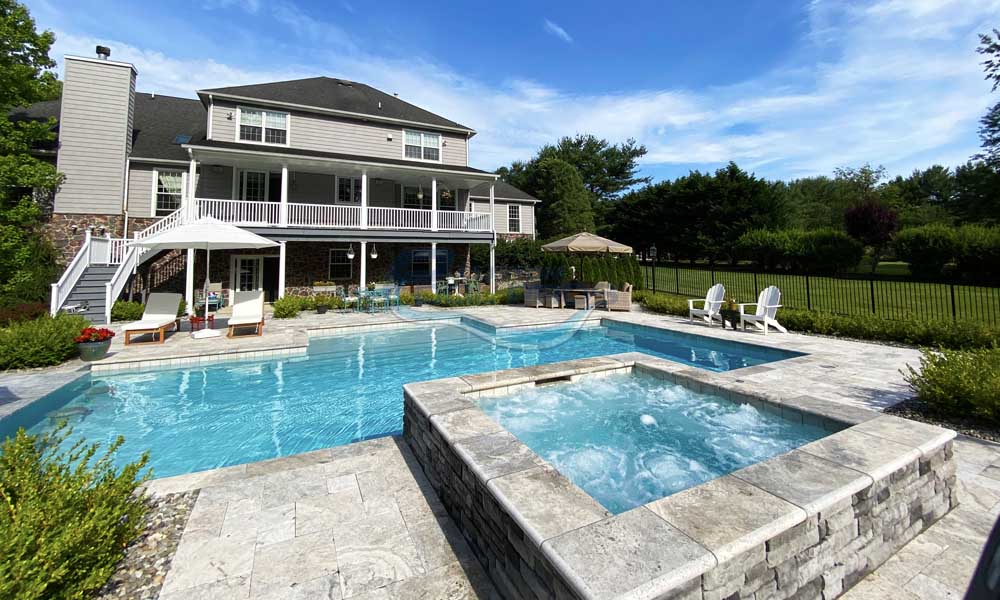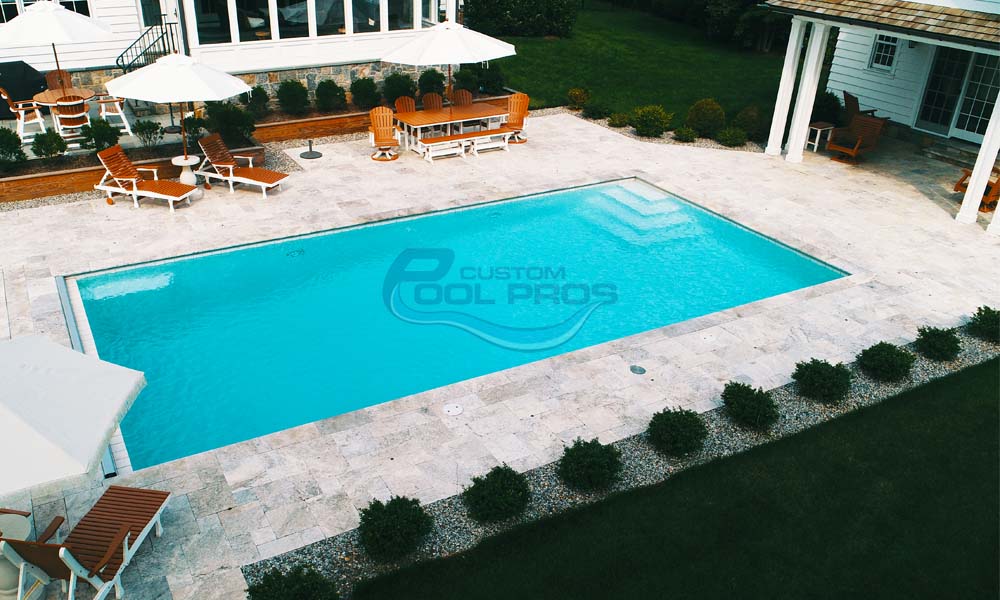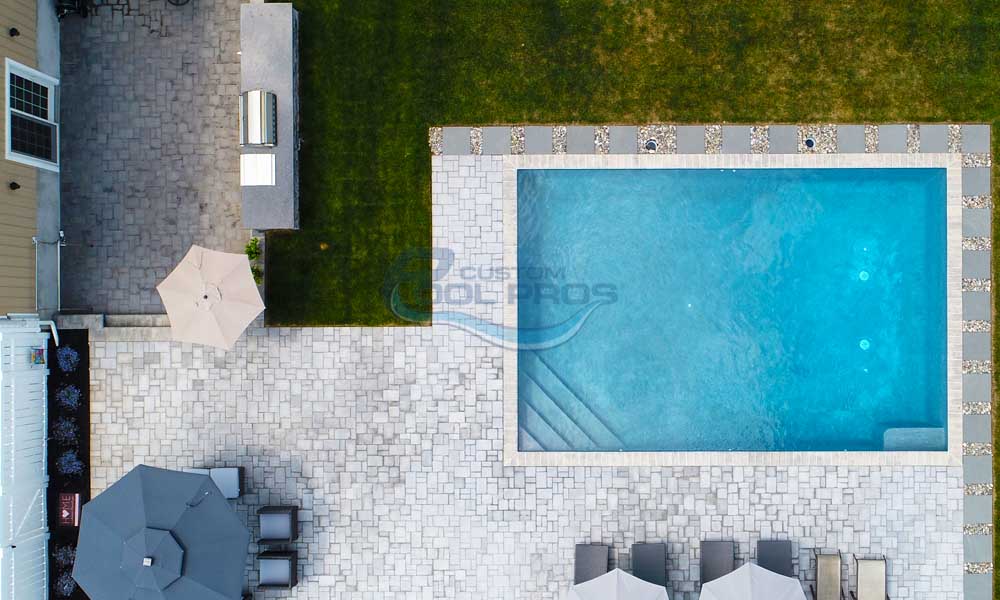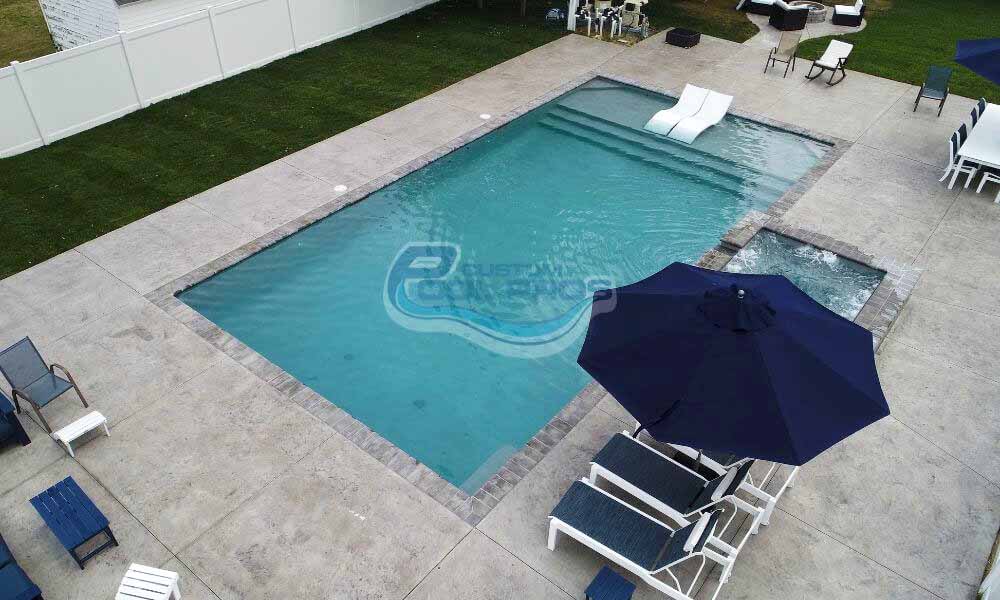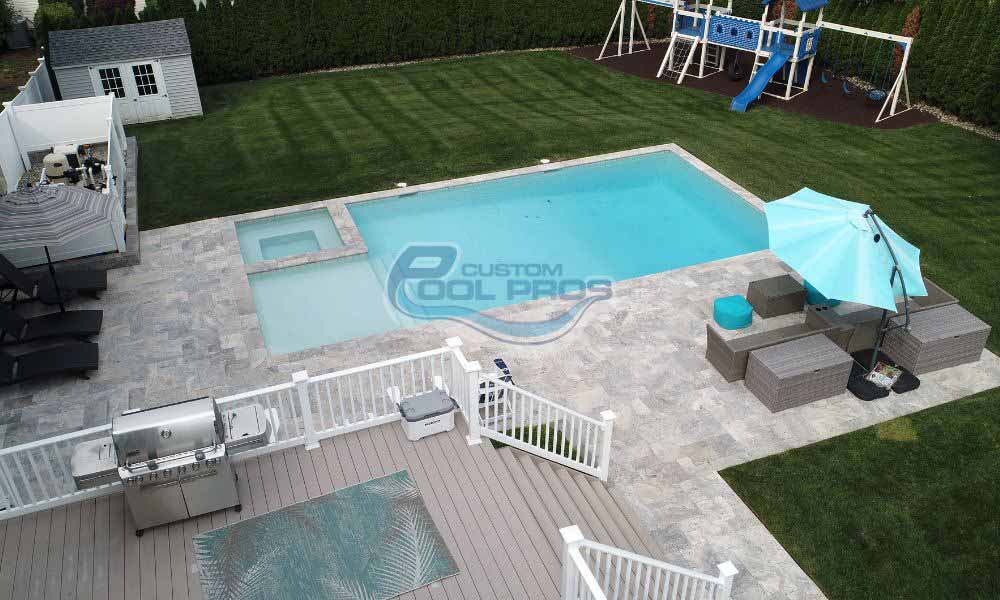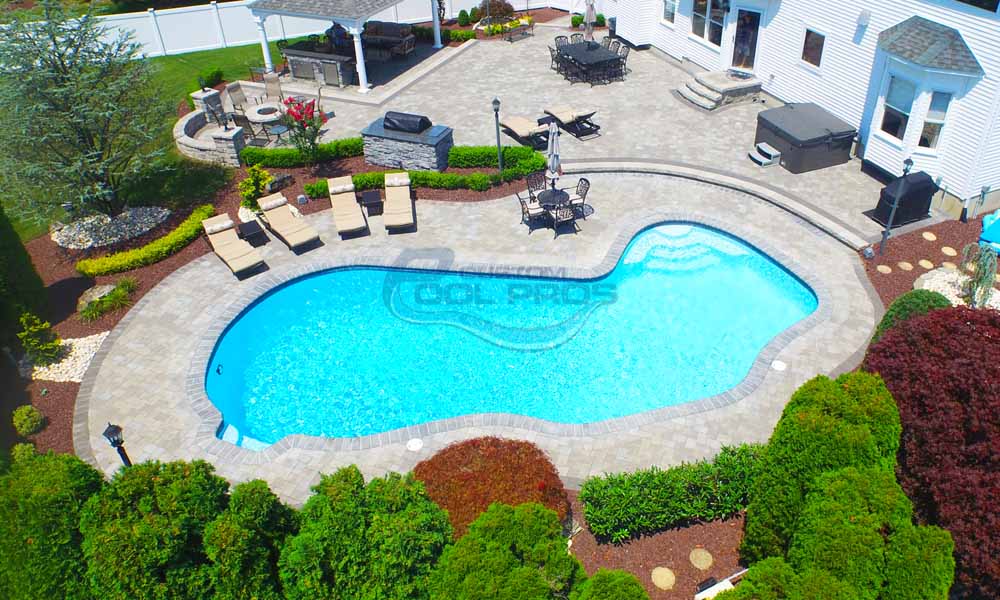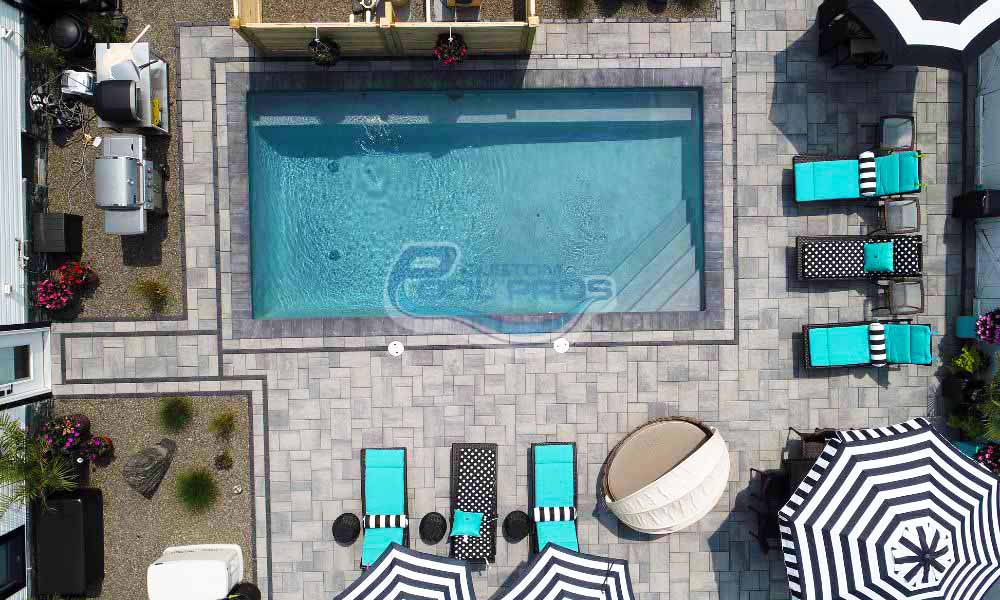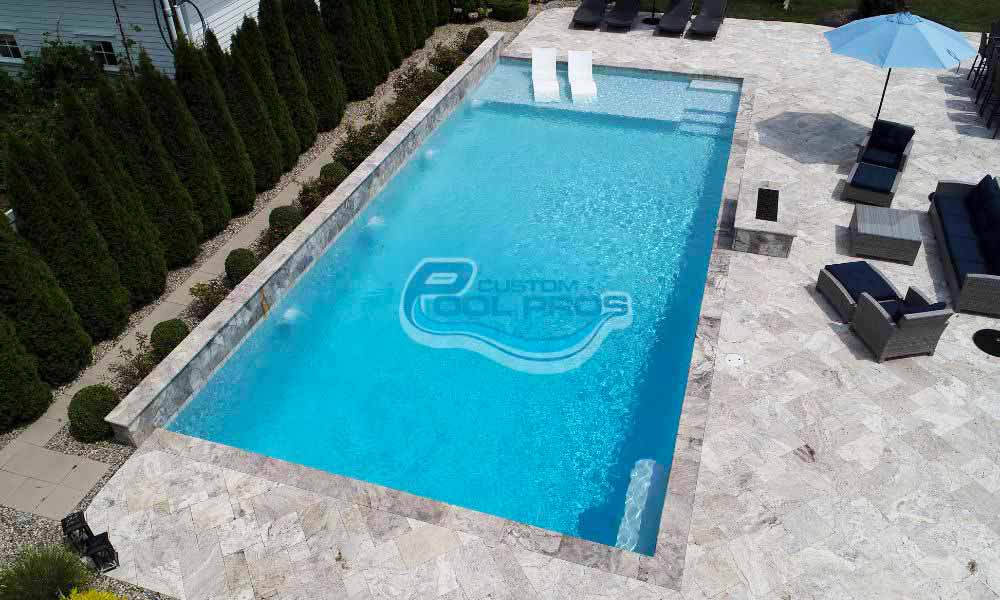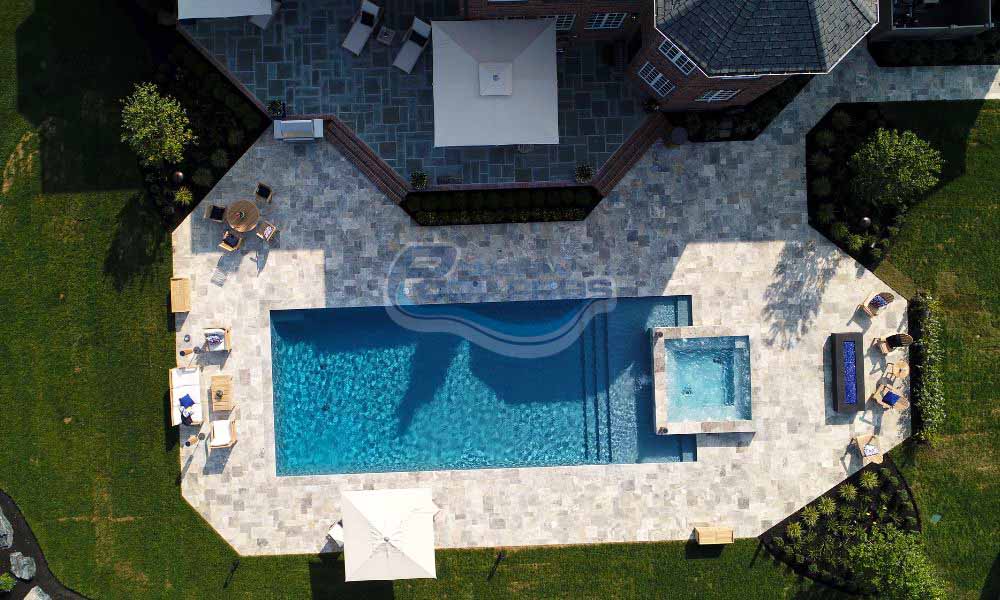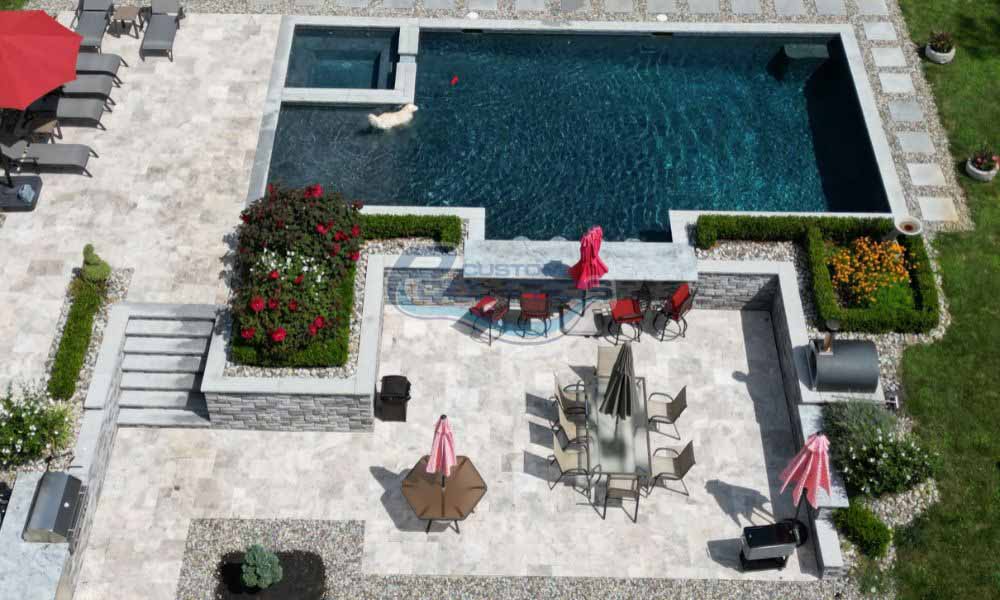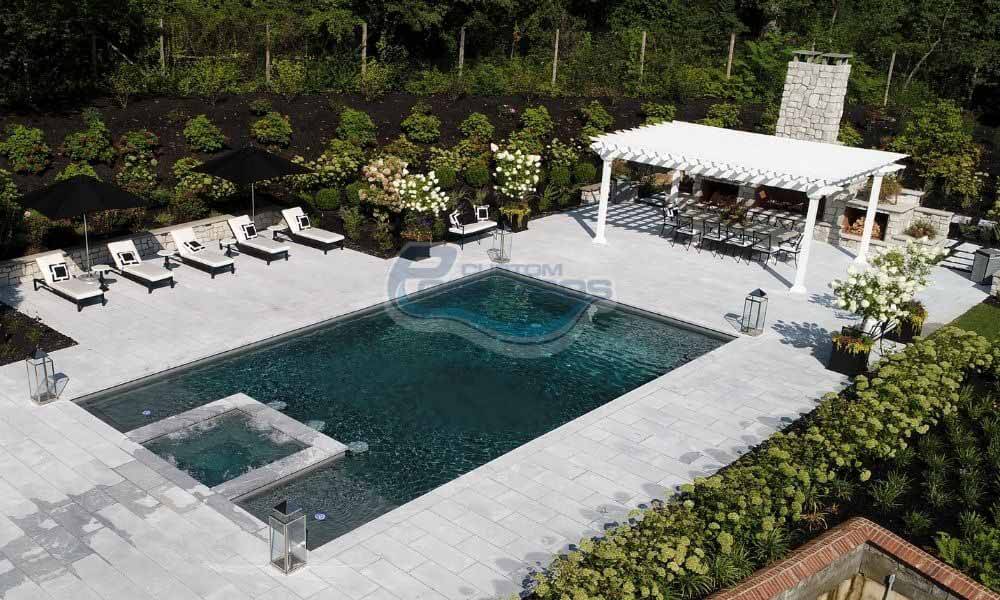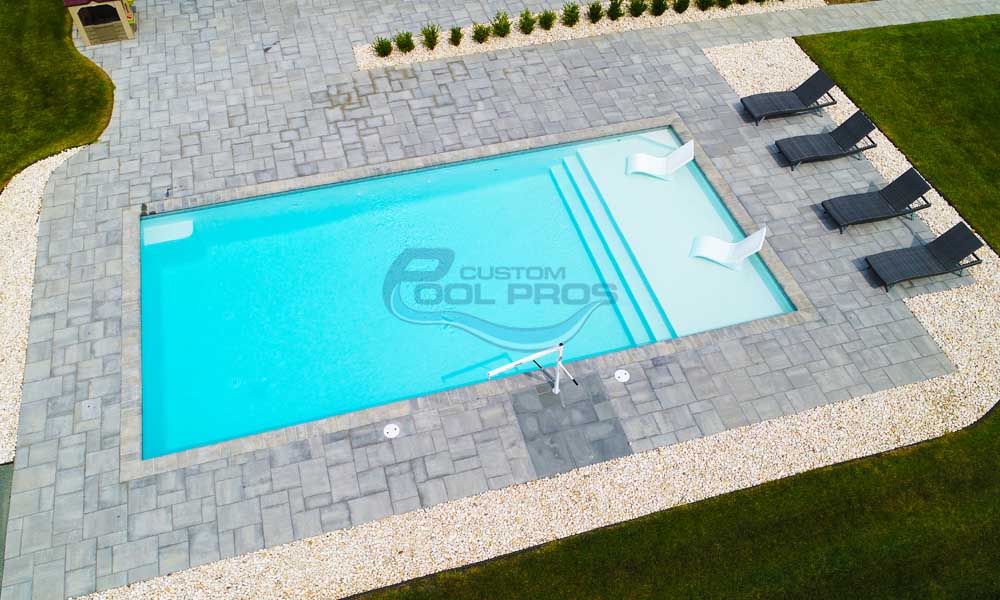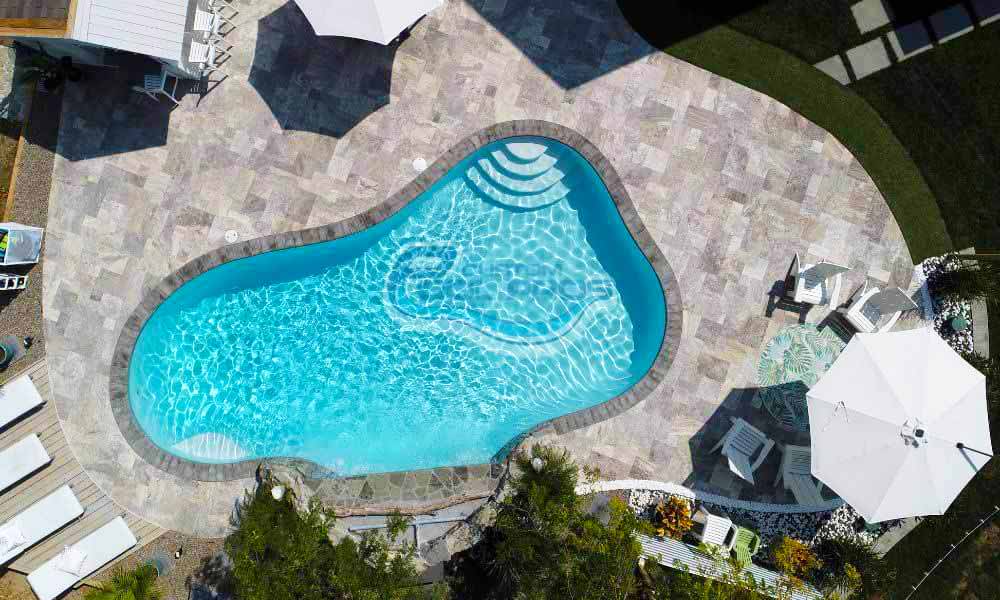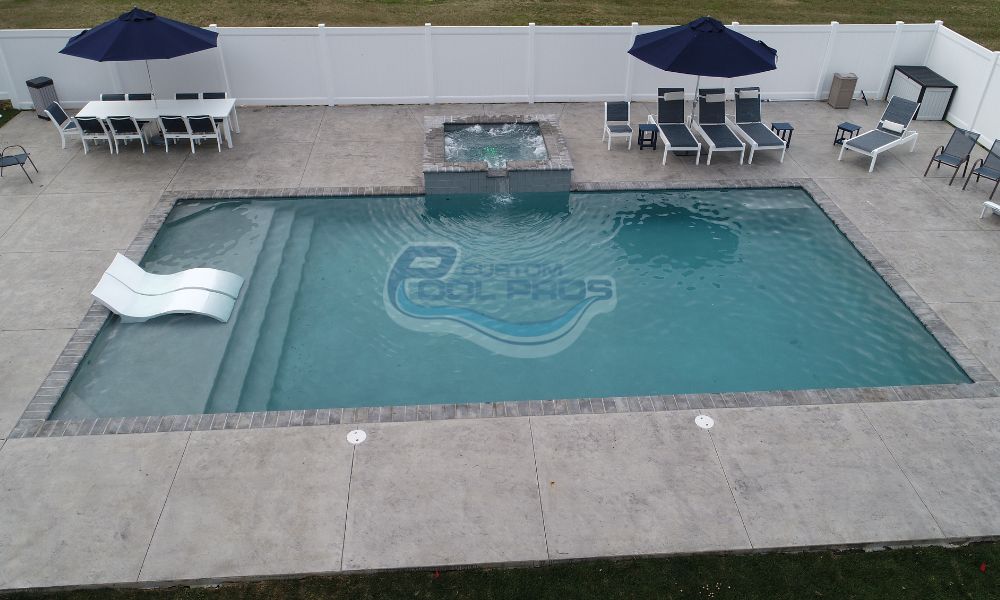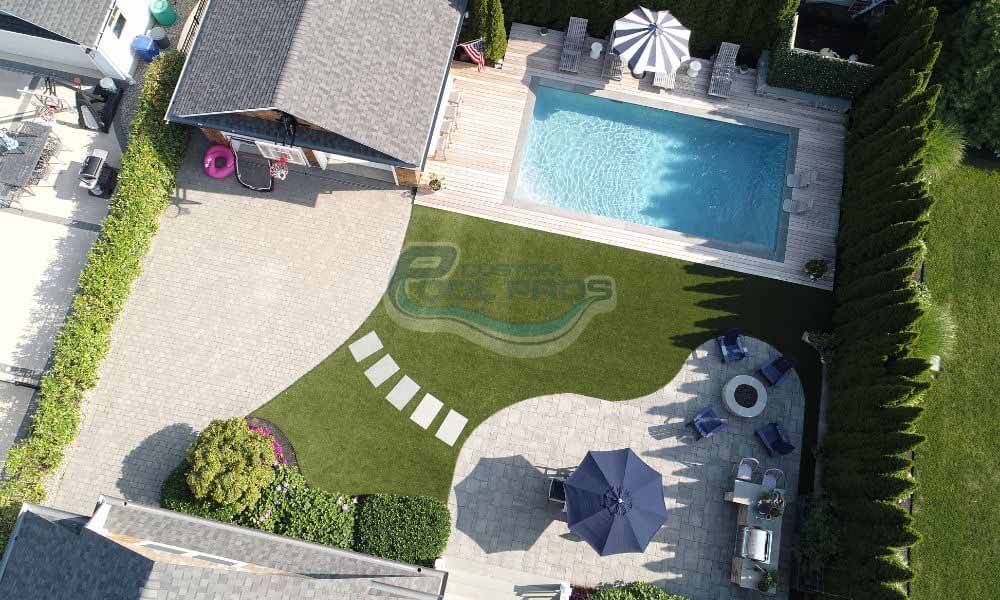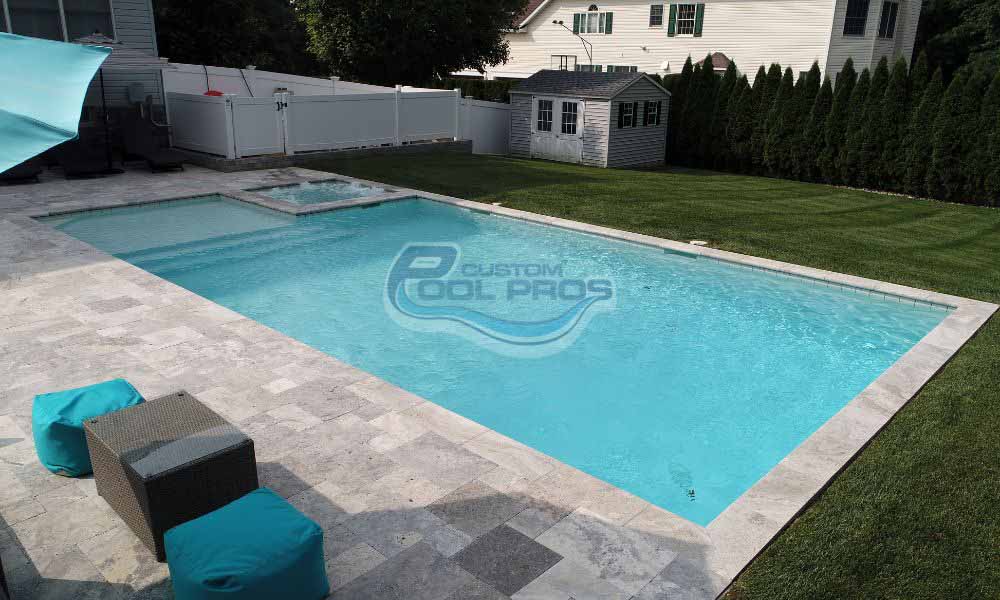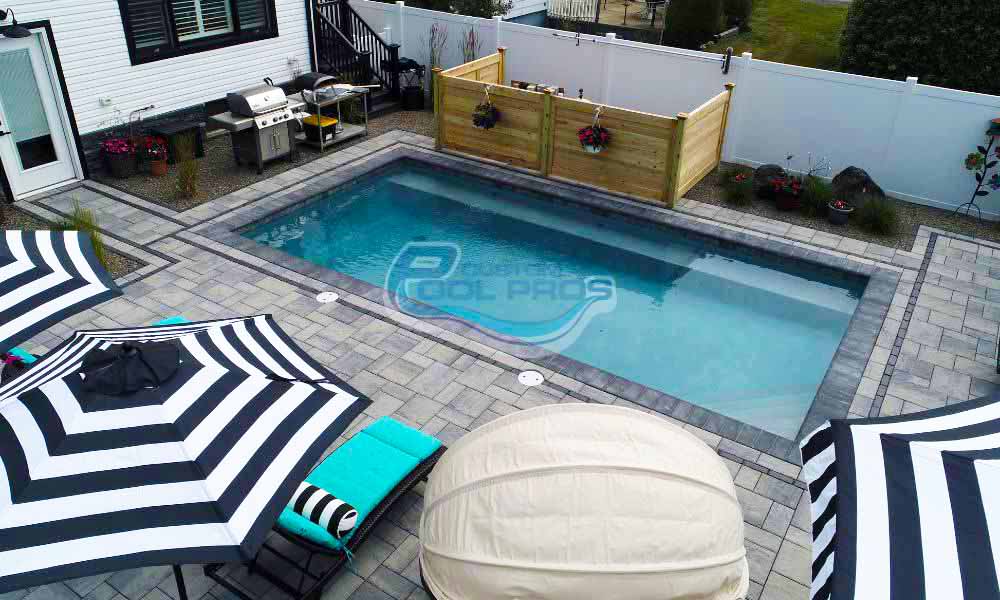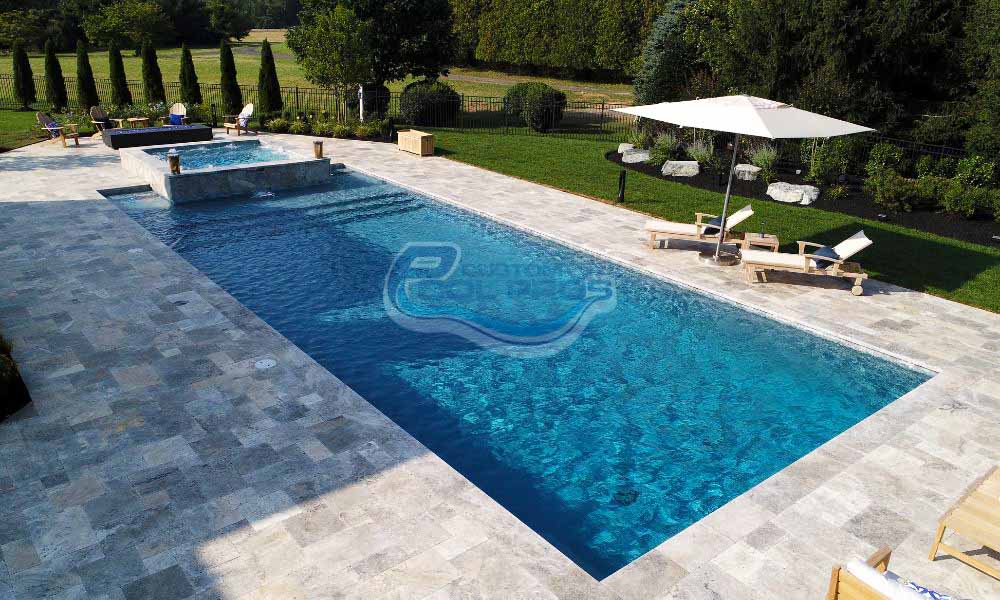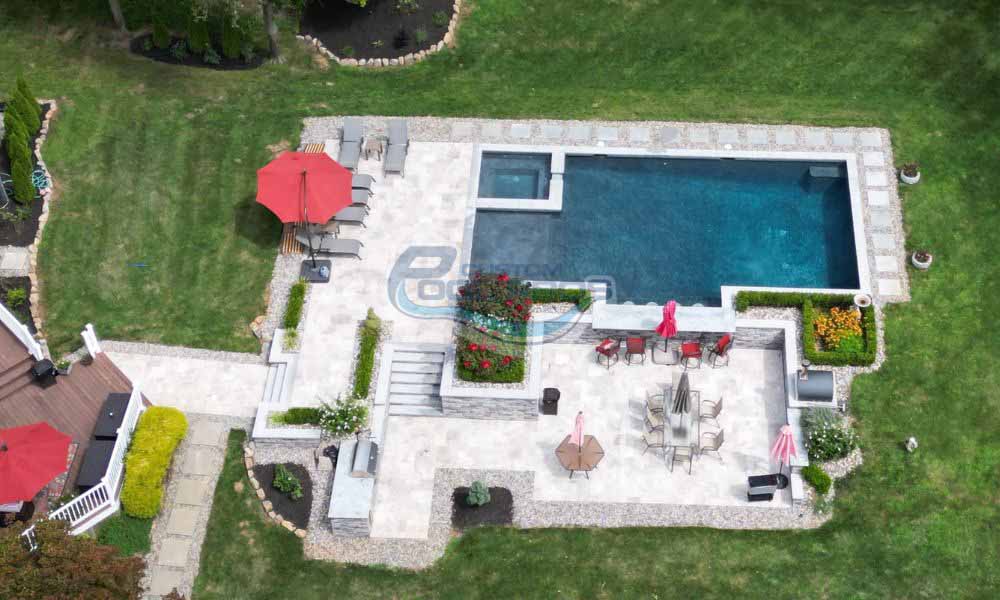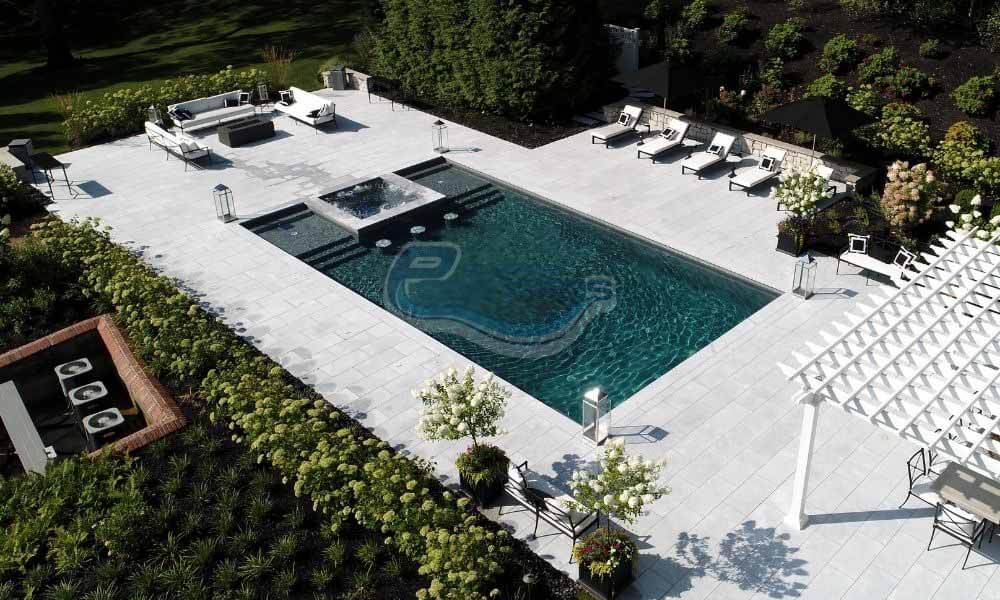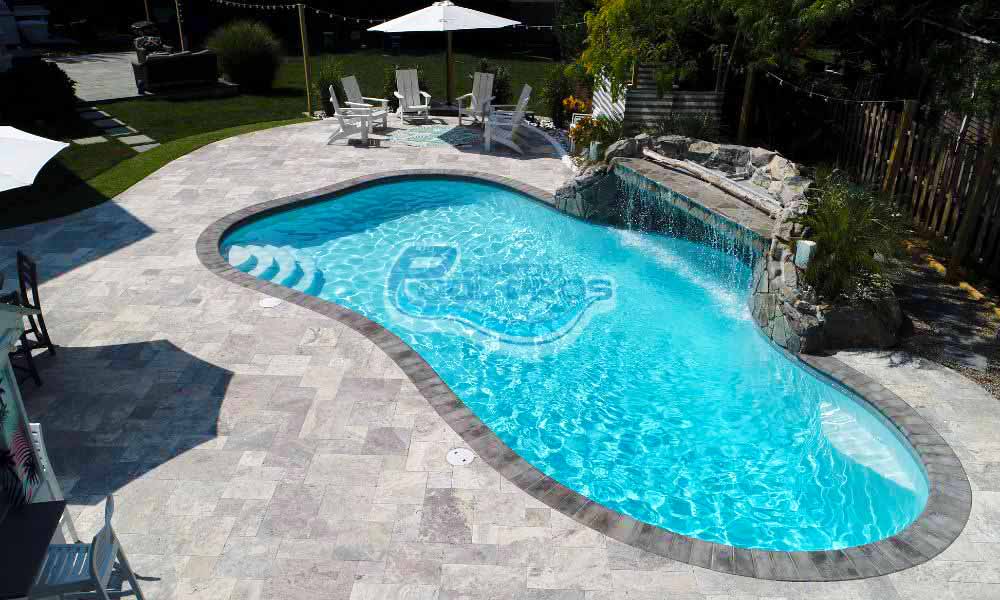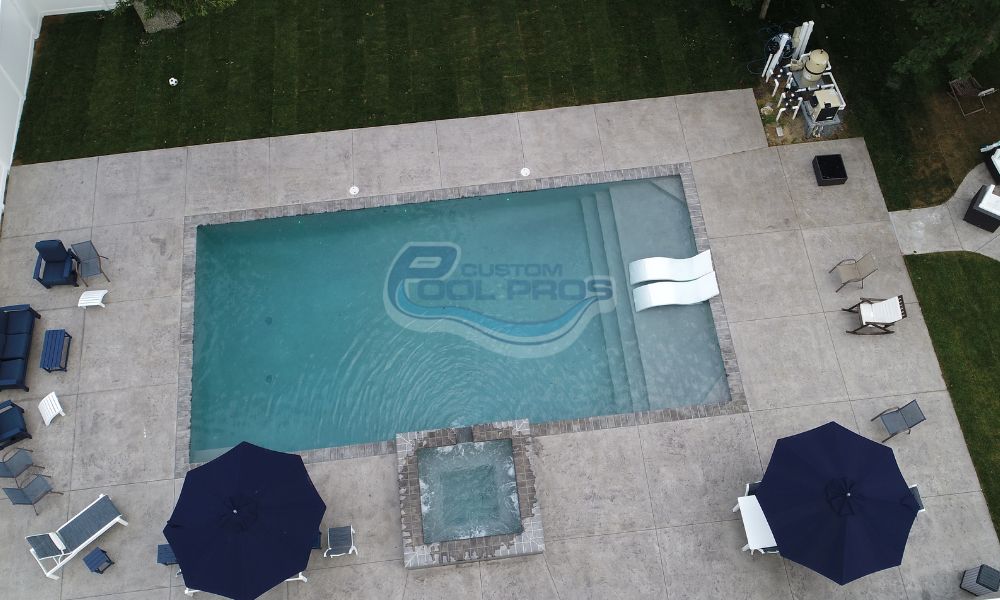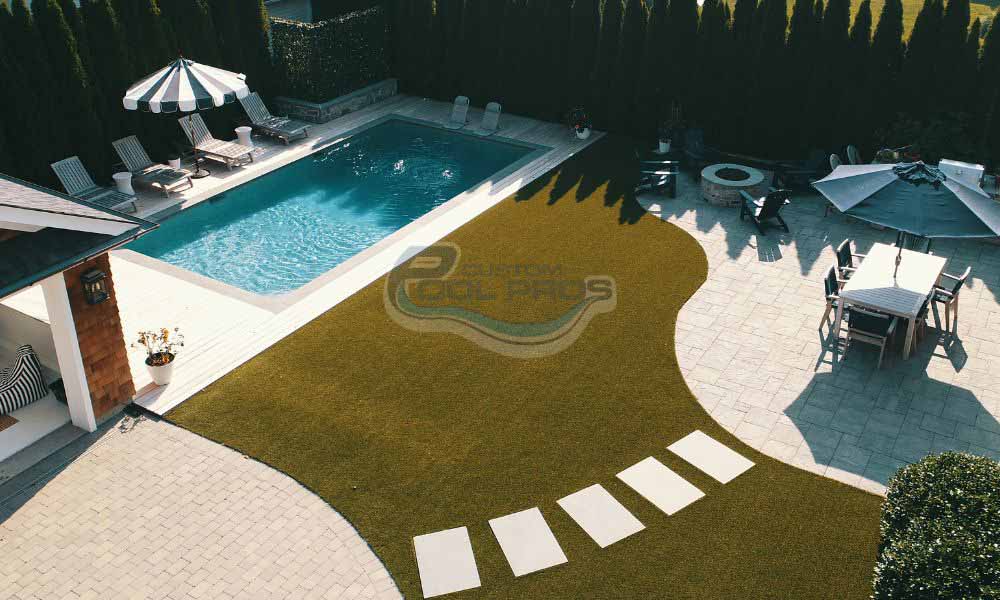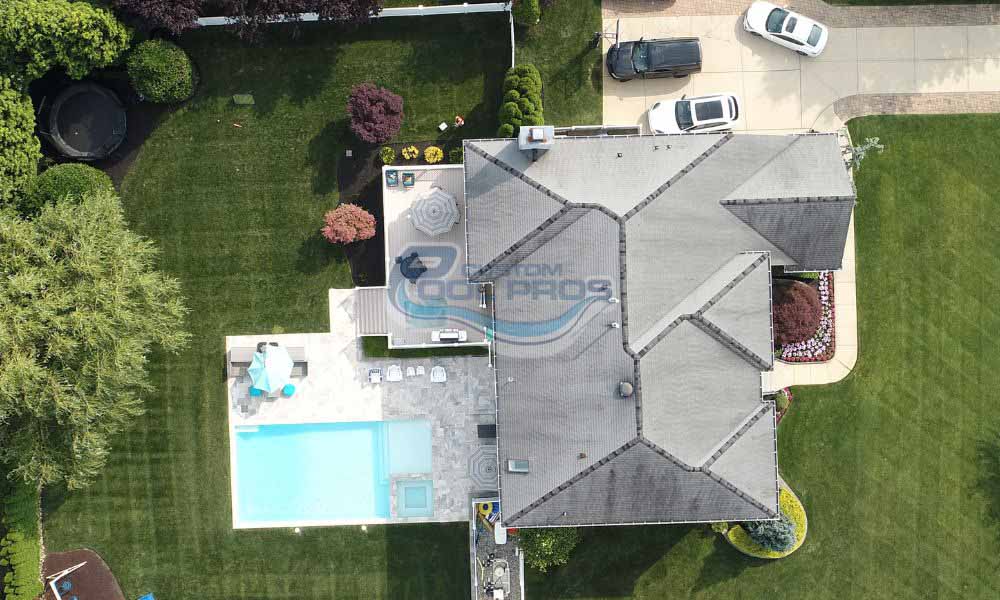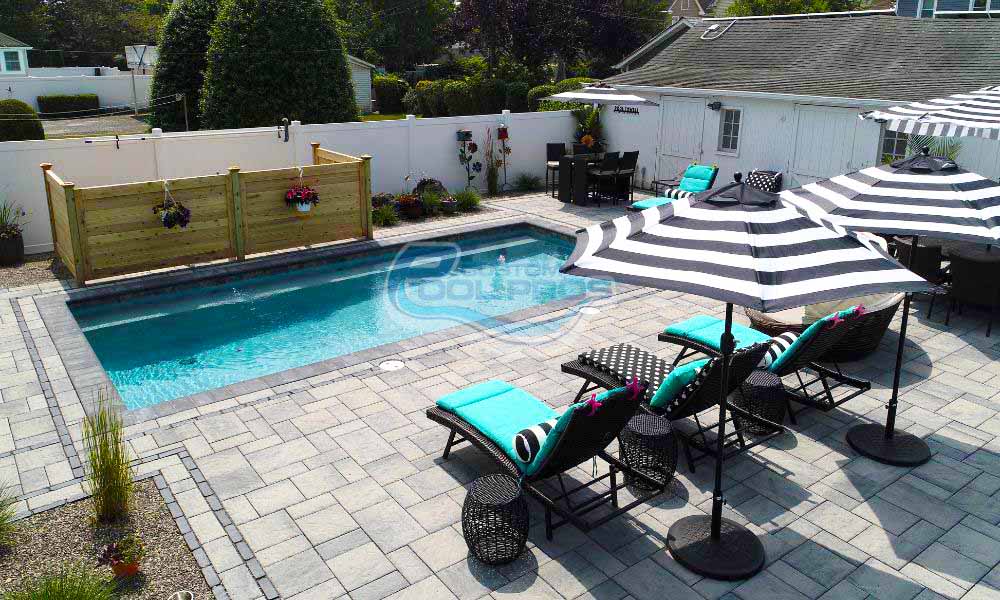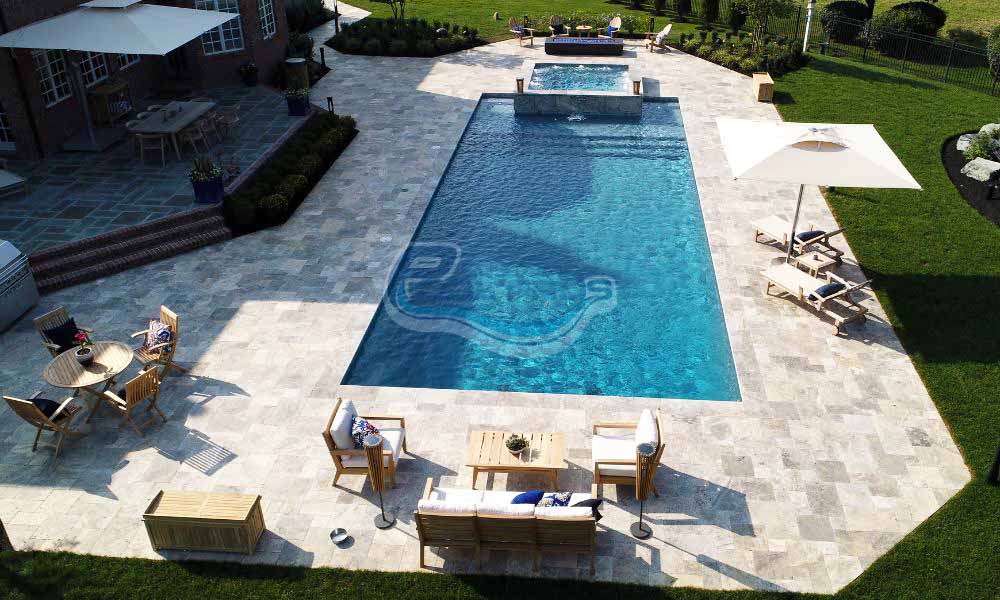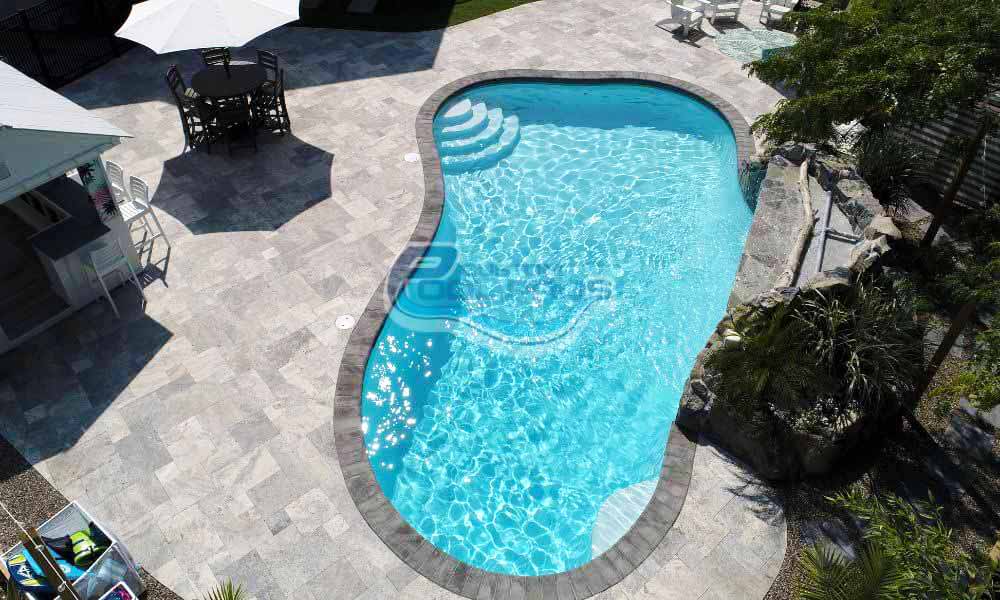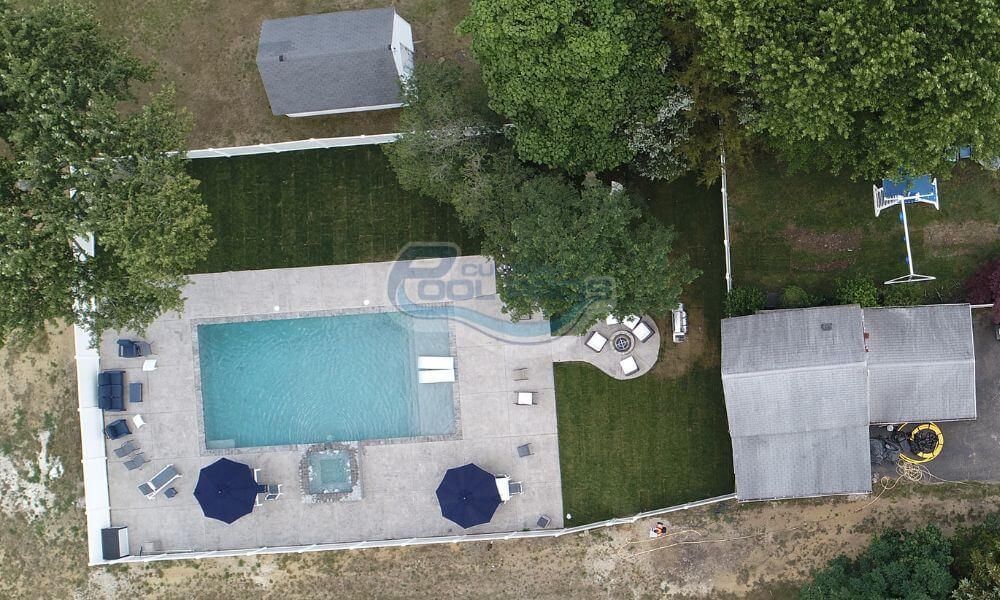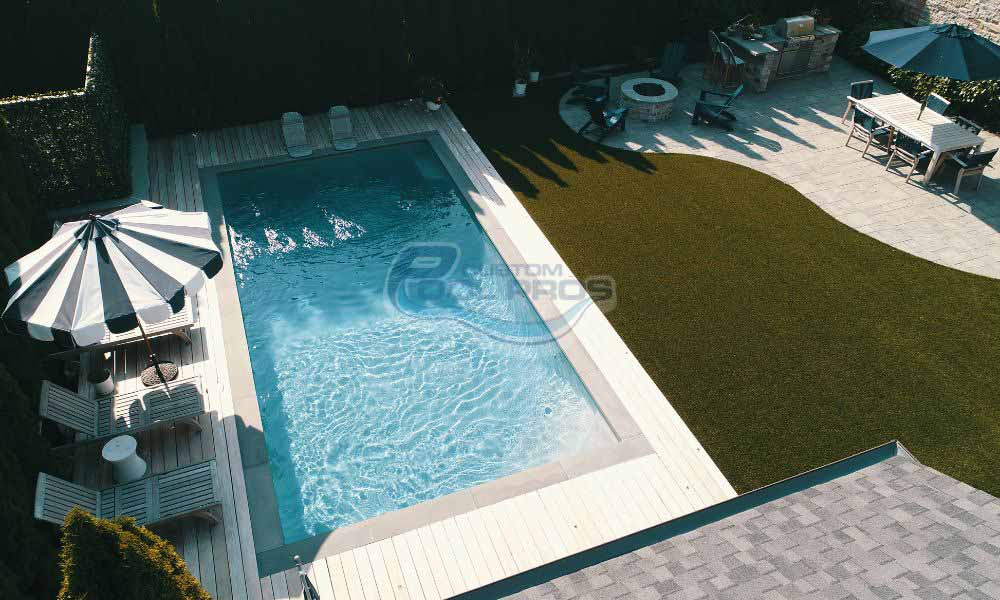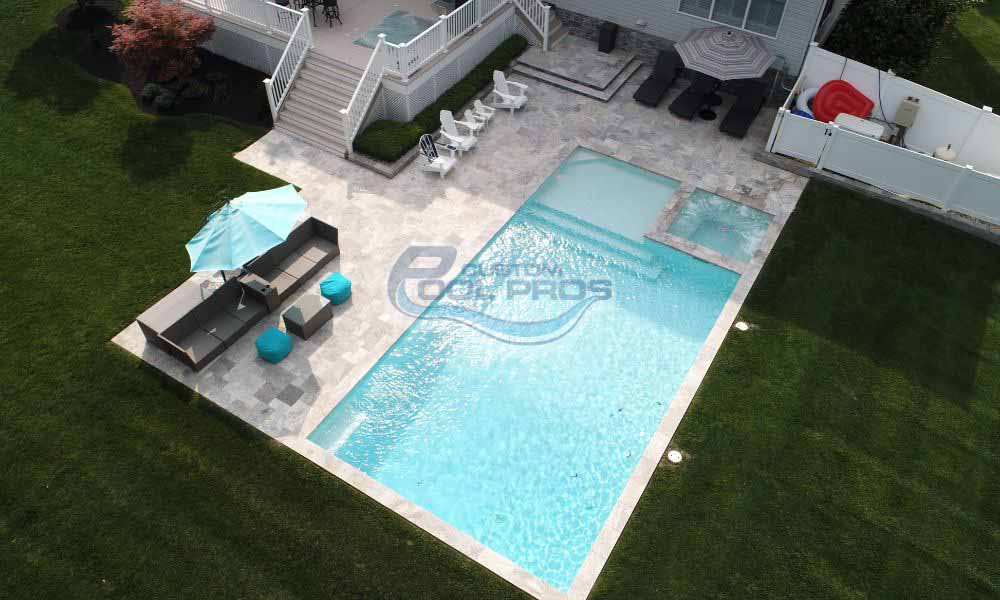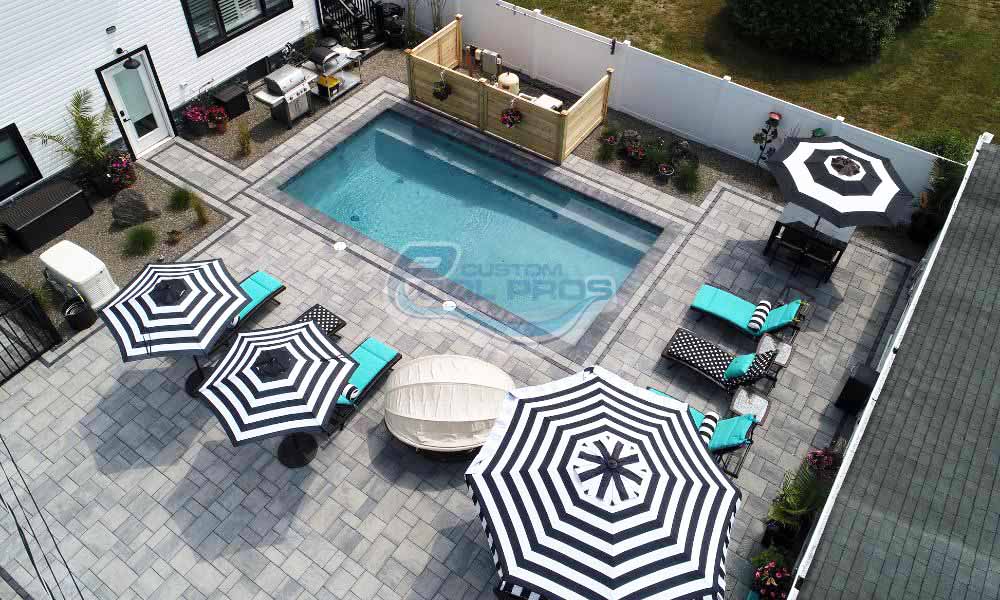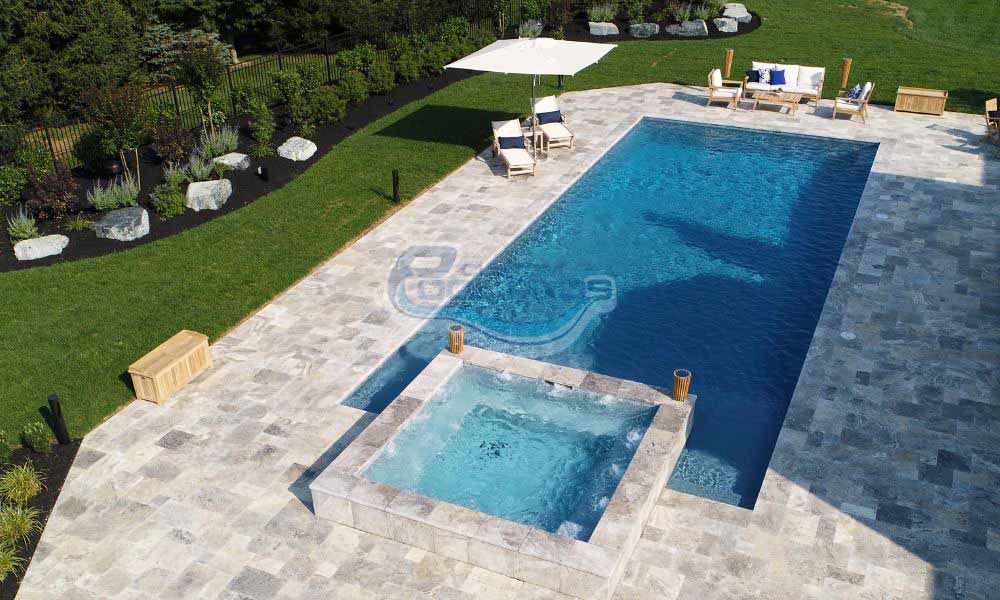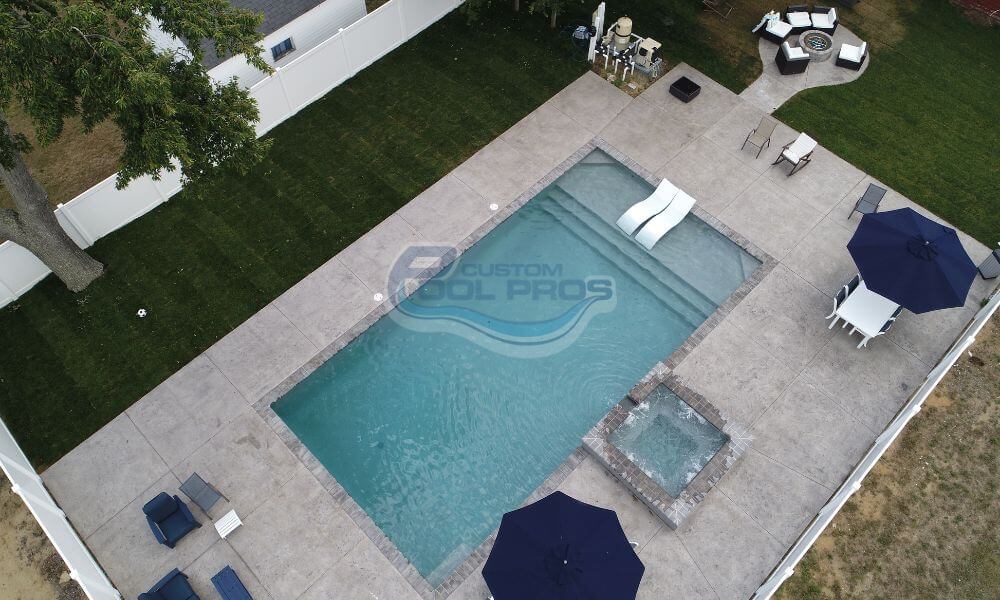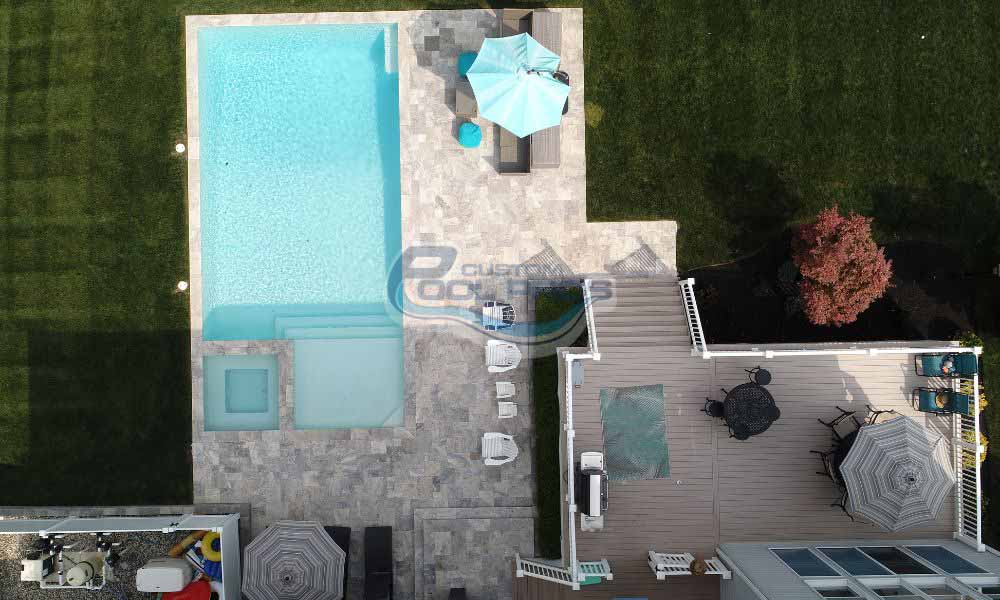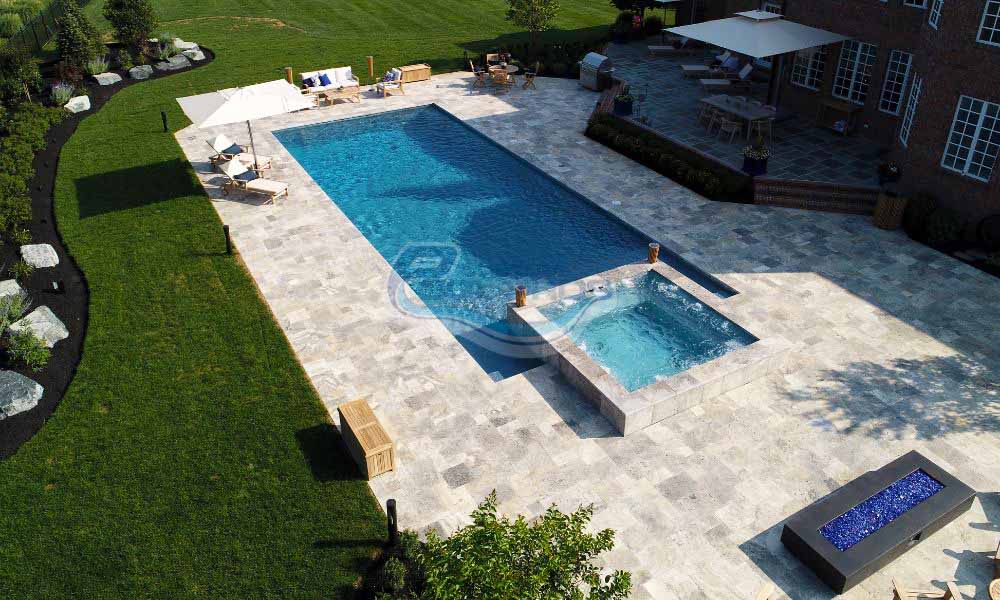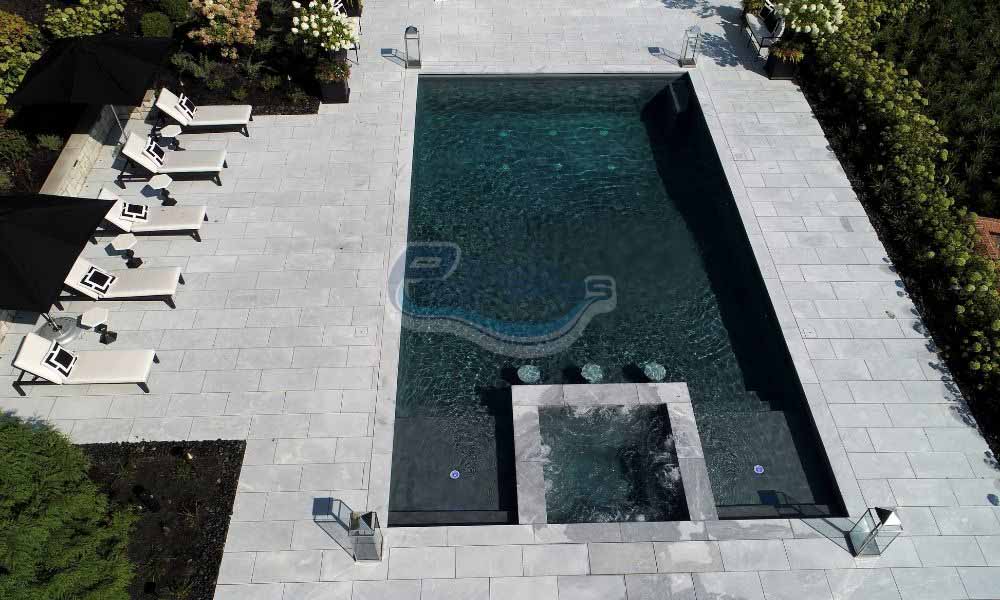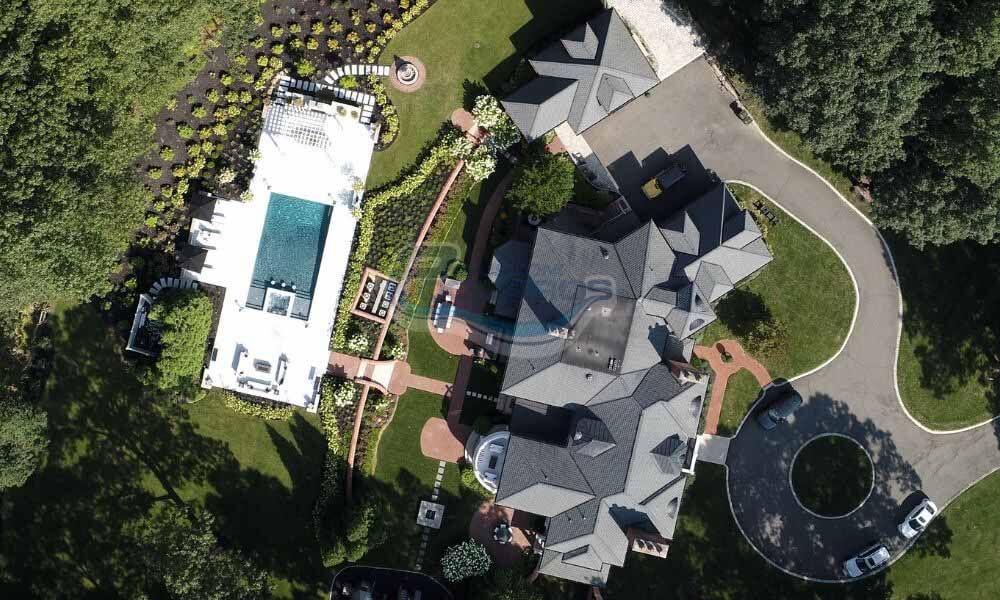Maintaining clean and safe swimming pools is vital to ensure swimming powerfully and healthwise. The other crucial thing to be done by pool maintenance is proper chlorination, which helps clean up the water from pathogens and algae and keeps it safe to swim. The auto chlorinator is the best gadget in high demand in pool systems.
This guide outlines the different types of pool chlorinators and their work process.
What is an Automatic Pool Chlorinator?
A chlorinator is an automatic machine that produces chlorine and adds it to the swimming pool efficiently and correctly. It is an automated device that helps the chlorination process to keep the water clean and emit a perfect, healthy swimming pool.
These machines connect to the swimming pool’s filter system or pipes, and they spread chlorine into the water. Different types of automatic pool chlorinators exist, and they provide an easy way to keep the right amount of chlorine in the water without having to do it by hand.
How Pool Chlorinator Works
The main objective of chlorination is to release chlorine in the pool, which is measured to ensure that the water is clean. This dispensing process usually takes place with tablets, granules, or liquid chlorine inserted into the dip tube chlorinator. The chlorine enters the swimming pool, carrying the tap water through the chlorinator.
Depending on the kind of chlorinator, chlorine can be spread out in the water either nonstop or at certain times, and this could be due to automatic settings or devices that check the quality of the water.
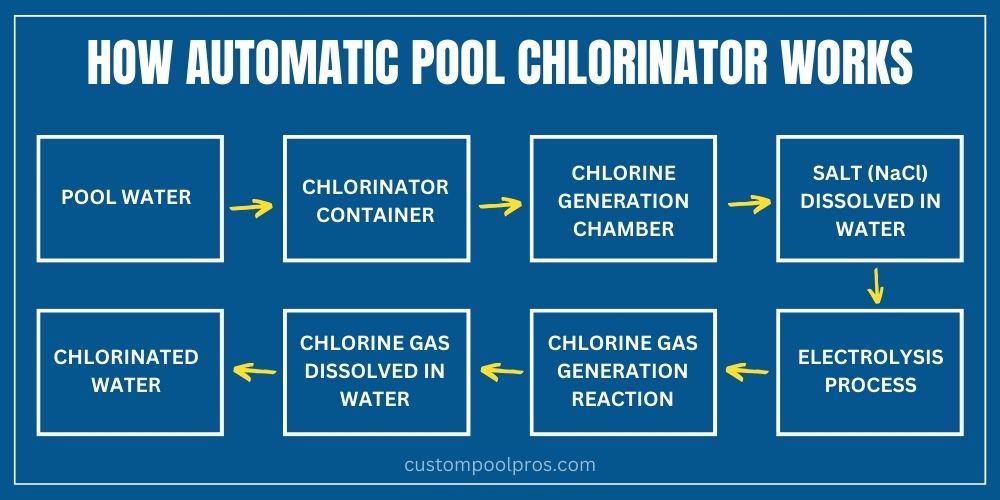
In this diagram:
- Pool water is circulated into the chlorinator container.
- Within the chlorinator container, there’s a chlorine generation chamber.
- Salt (NaCl) dissolved in water is added to the chamber.
- Through an electrolysis process, the saltwater is subjected to an electric current.
- This electric current breaks down the salt molecules (NaCl) into sodium (Na) and chlorine (Cl) ions.
- The chlorine ions undergo a reaction to form chlorine gas (Cl2).
- The chlorine gas then dissolves in the water, forming chlorinated water.
- The chlorinated water is then circulated back into the pool, effectively chlorinating the entire pool water.
This process ensures that the pool water remains sanitized and safe for swimming, as the chlorine levels are maintained at appropriate levels to kill harmful bacteria and microorganisms.
Types of Automatic Pool Chlorinator
- Inline Chlorinators: Inline Chlorinators are devices put into the pool’s pipes, usually after the filter and heater. They release chlorine when water moves through them, ensuring it spreads evenly in the pool.
- Floating chlorinators: Floating chlorinators enter the pool water and slowly release chlorine. They are easy to move around, which is good for small pools or spas.
- Saltwater Chlorinators: Saltwater Chlorinators do not put chlorine straight in. Instead, they change salt into chlorine by using electrolysis. This gives a steady flow of chlorine and makes it less necessary to add chlorine by hand.
- Tablet or Granular Feeders: These holders keep chlorine tablets or granules and release them into the swimming pool water when necessary. They work well with different kinds of chlorine items.
Pros and Cons of Automatic Pool Chlorinator
Automatic pool chlorinators are beneficial because they make things easy, give even chlorine spread, and lower the need for hand work. They make adding chlorine automatic so that the swimming pool water stays clean with little work needed from the person who owns it. Also, some kinds of chlorinating machines, like those that use salt water ( in saltwater pools ), can keep giving chlorine without needing to be refilled often.
Nevertheless, there are also some disadvantages. Buying and setting up a pool chlorinator can cost a lot of money at first, and it might need consistent upkeep to ensure it works correctly.
Why do you need an Automatic Pool Chlorinator?
A machine that puts chlorine in the pool by itself is very important for taking care of your pool easily. It keeps your swimming water fresh and transparent and makes sure it’s harmless to swim in by spreading out the chlorine regularly and uniformly. It is useful for eliminating dangerous bacteria, algae, and different impurities to prevent diseases from entering the water and keep the quality of the water good.
Also, automatic chlorinators make it easier because they add chlorine by themselves, which means less manual work and more checks are needed. It makes your timetable more flexible and lets you enjoy your swimming pool without always being concerned about upkeep duties.
Also Read: Expert Tips For Swimming Pool Maintenance
Kind of Chlorine Used in Automatic Pool Chlorinator
Automatic pool chlorinators can sanitize the swimming pool water using different types of chlorine, like tablets, granular forms, or liquid.
- Chlorine tablets: People often call them chlorine pucks or sticks, too. Many pool owners like them because they are easy to use and do not dissolve fast. You put them in the place for chlorine inside the chlorinator, and they break down and release chlorine into the swimming water.
- Granular chlorine: Granular chlorine dissolves quickly, making it idealfor sudden treatments or when you need to increase the chlorine soon. You can put it straight into the chlorinator or scatter it over the pool water.
- Liquid chlorine: This is also a choice. It is usually put into the chlorinator’s storage tank and then goes by itself into the swimming pool when necessary. It acts quickly to keep up with chlorine amounts and to clean the water.
Tablets and granules are the more common choices for automatic pool chlorinators. They are easier to handle and store compared to liquid chlorine. Liquid chlorine is typically used in manual feed systems where you directly add it to the pool water or a feeder. It’s less common for automatic chlorinators due to handling difficulties and the potential for spills.
Also Read: How Much Chlorine is Safe For Your Skin
Conclusion:
Automatic pool chlorinators provide an easy and effective way to keep swimming pool water clean and safe. These devices add chlorine automatically, giving a steady spread of chlorine and lessening the work needed to maintain the pool.
Automatic chlorinators use chlorine in different forms, such as tablets, powder, or liquid, to maintain the cleanliness of water and remove dangerous impurities.
You can contact Custom Pool Pros for all your swimming pool needs, we specialize in custom pool installation in New Jersey.


